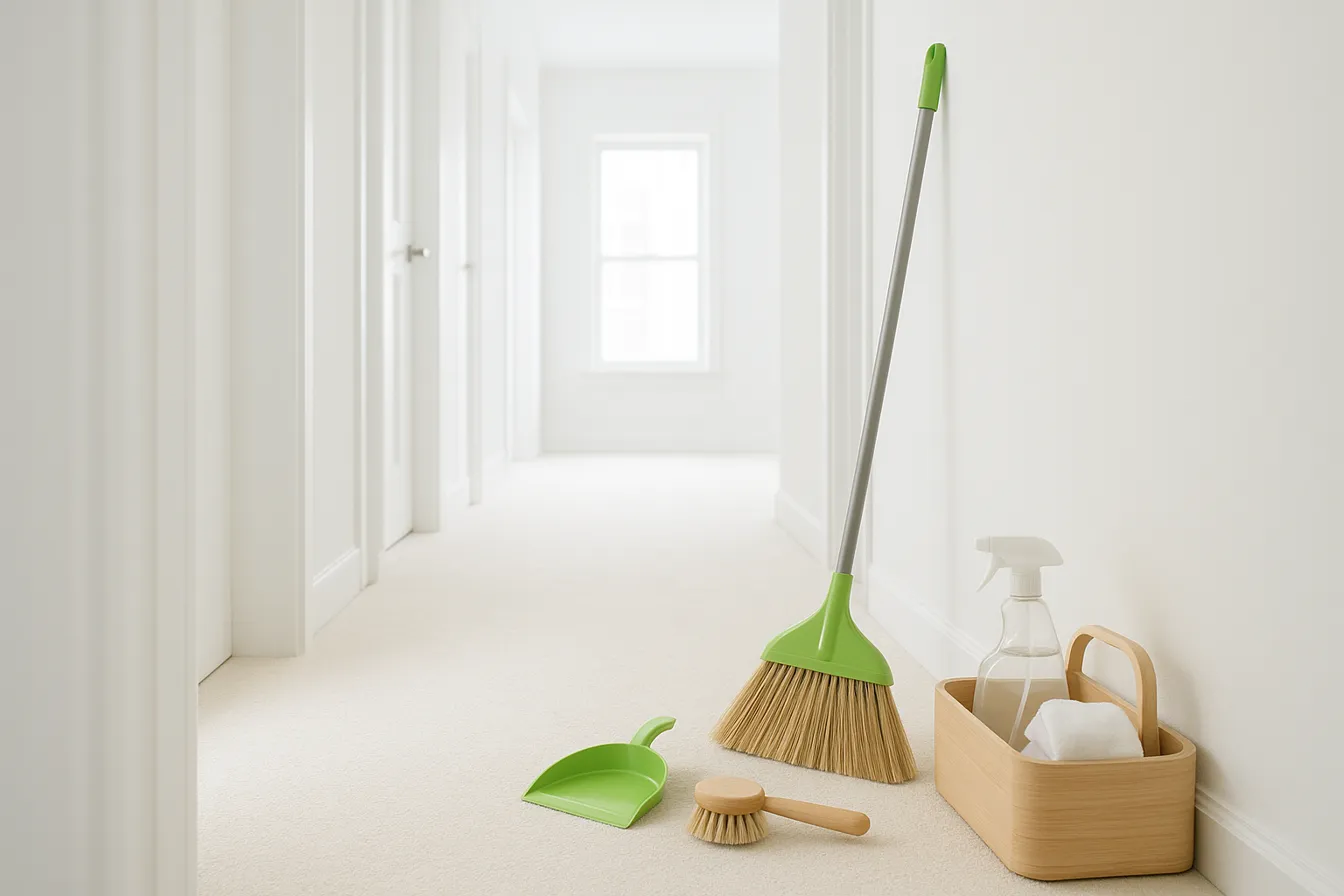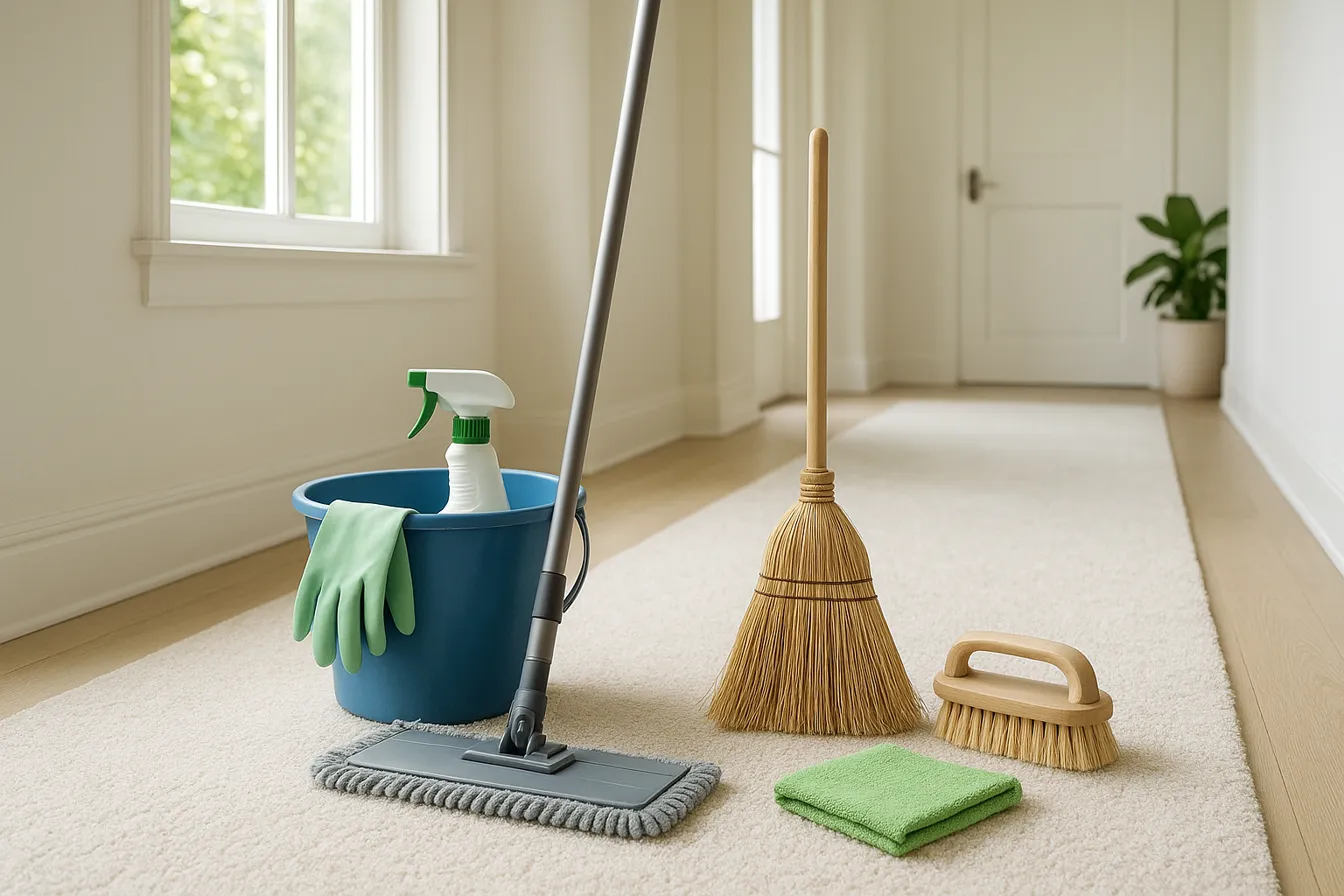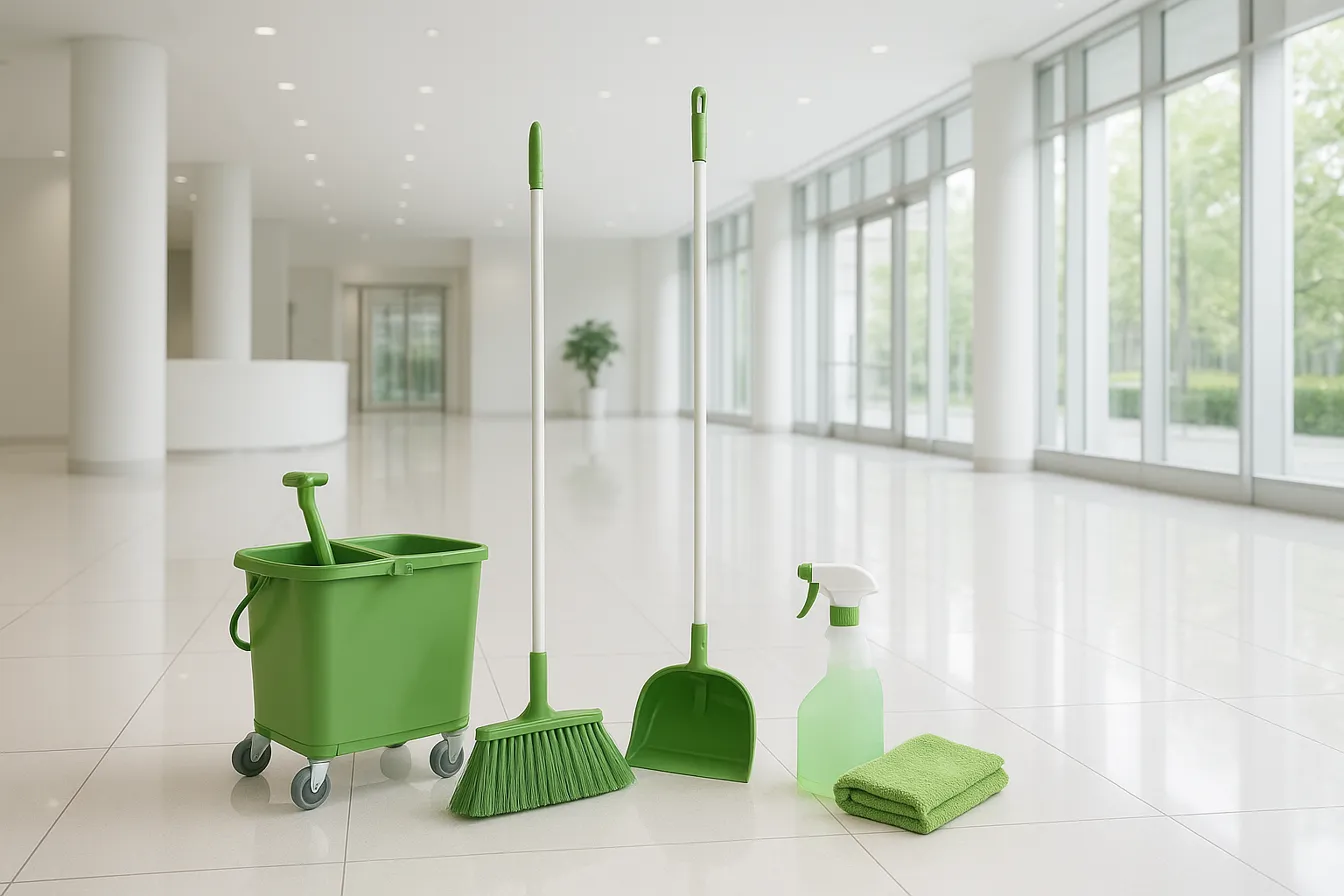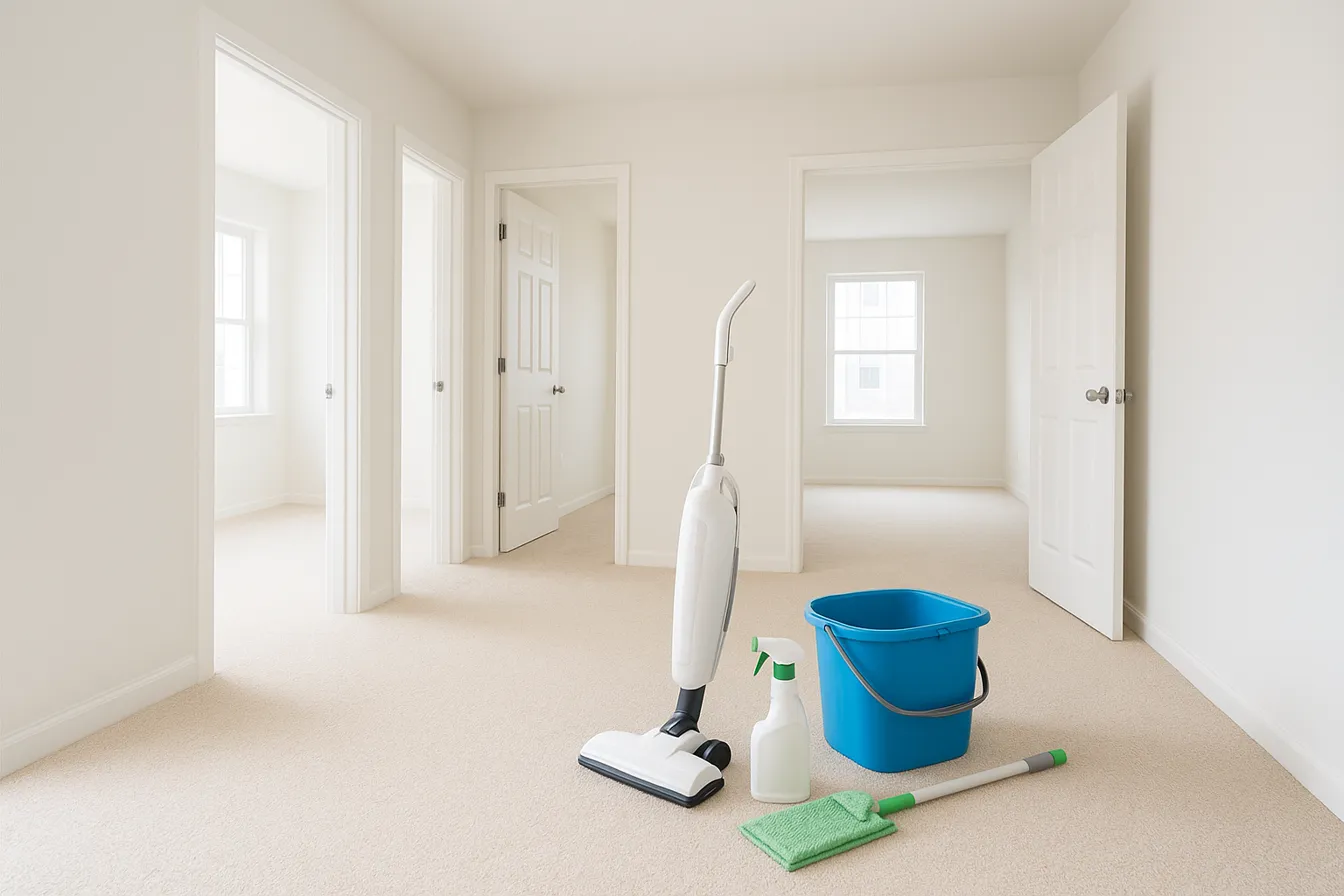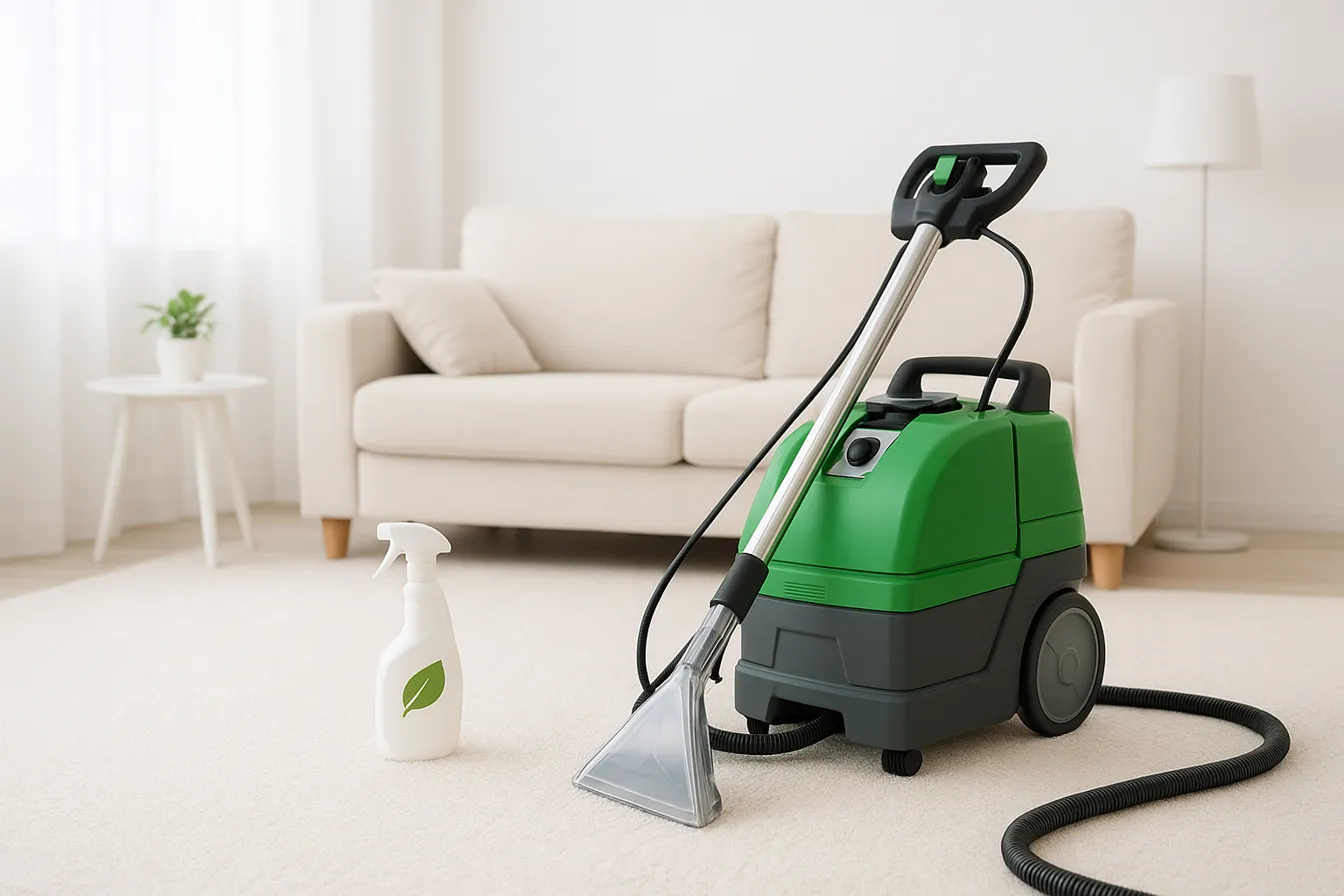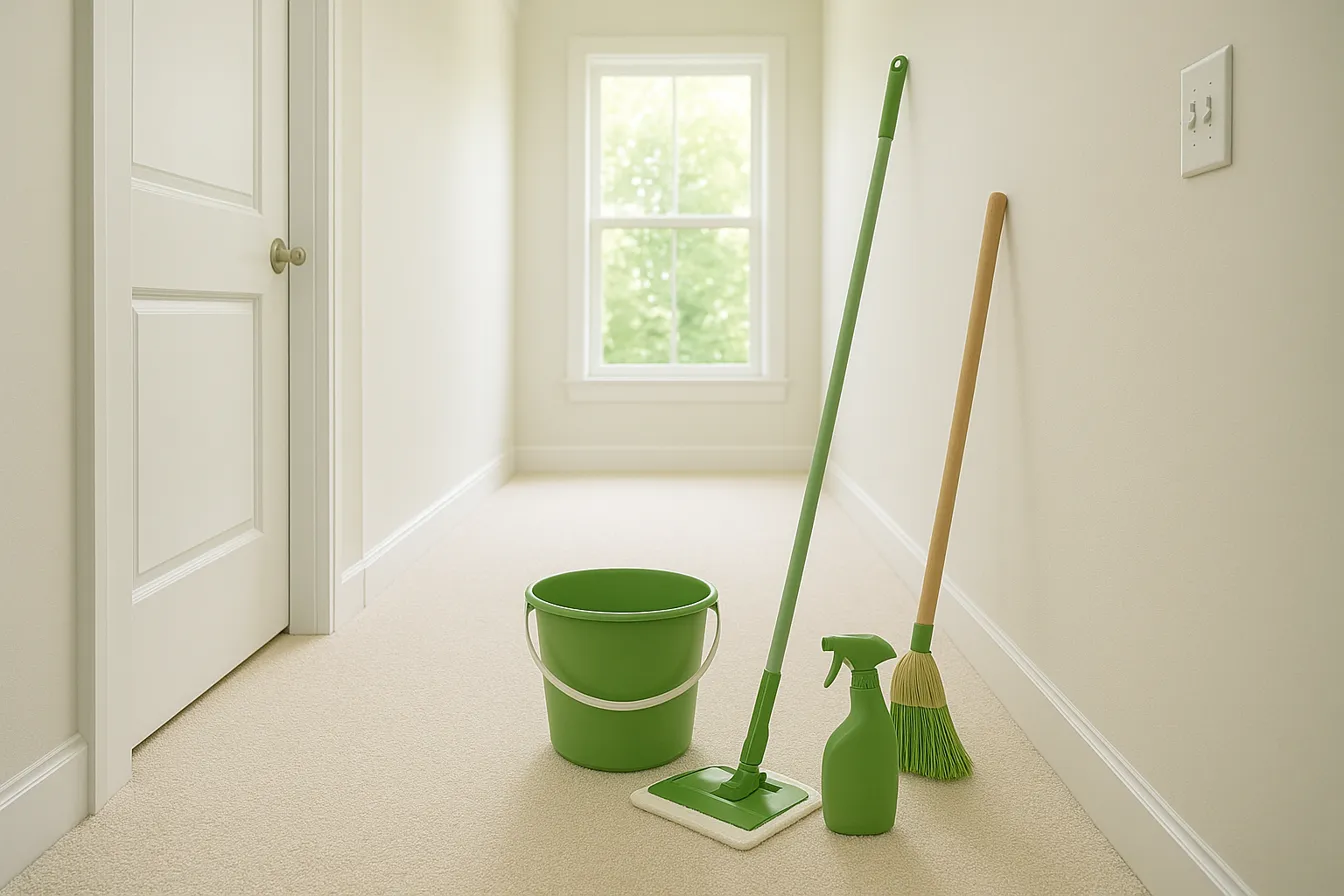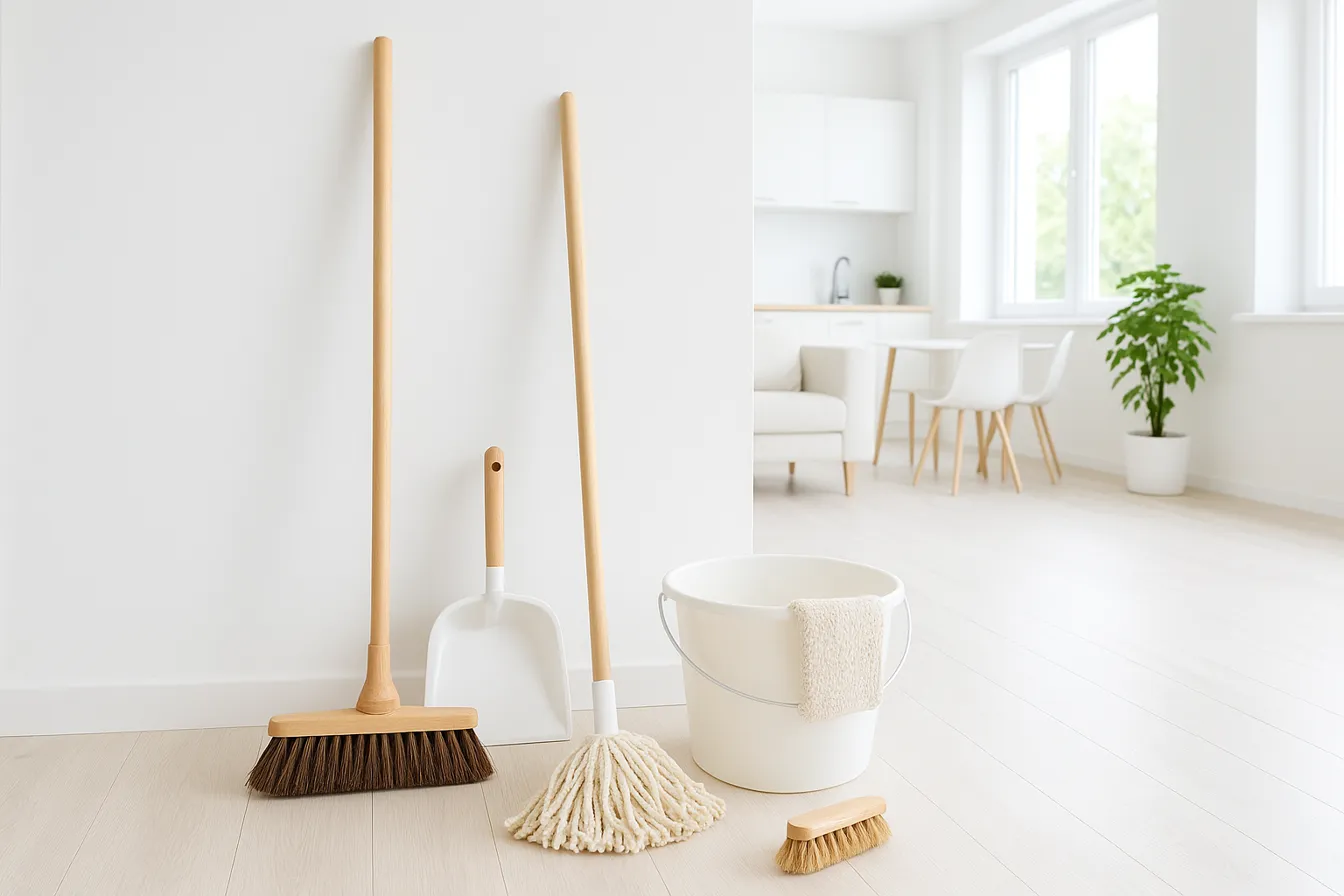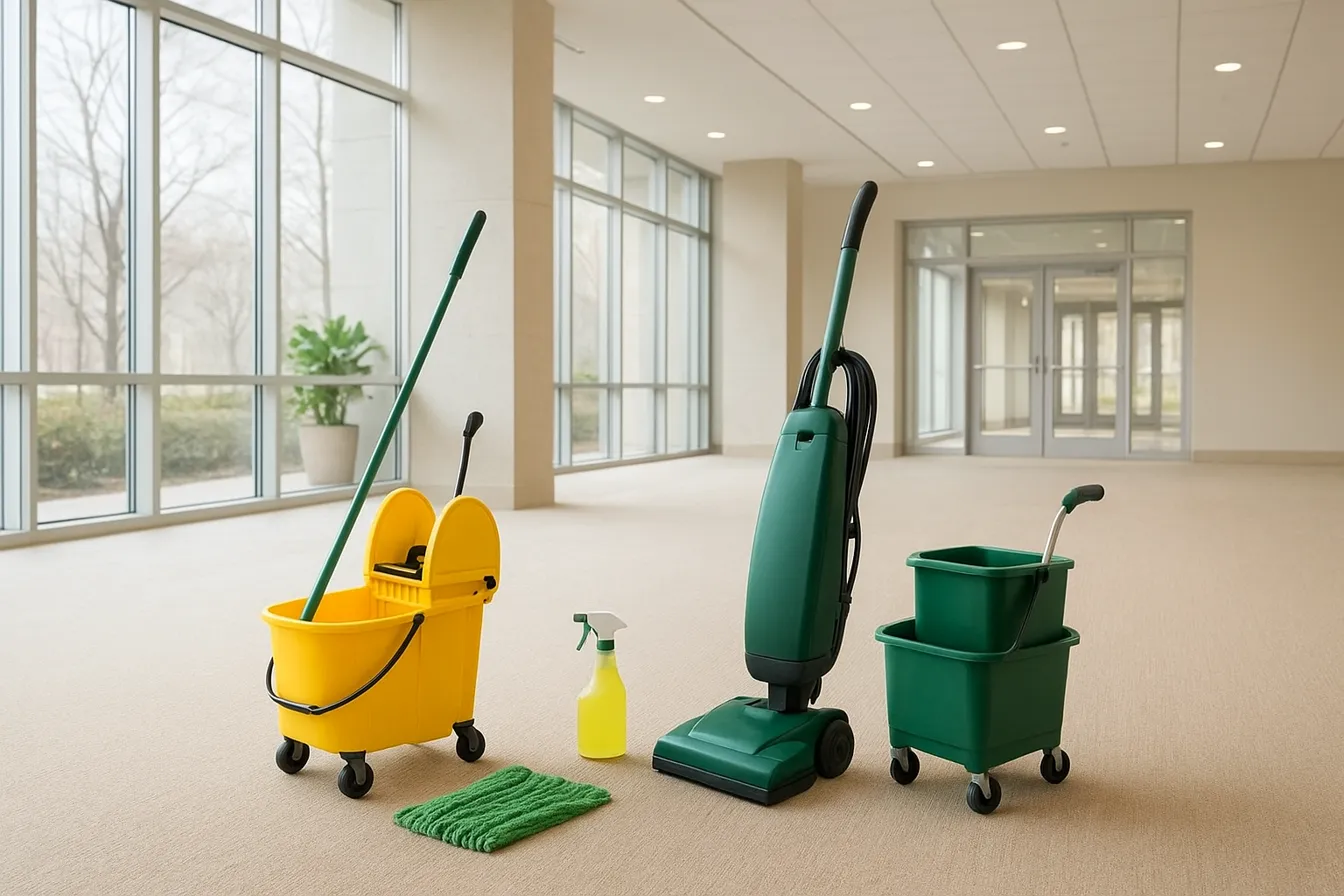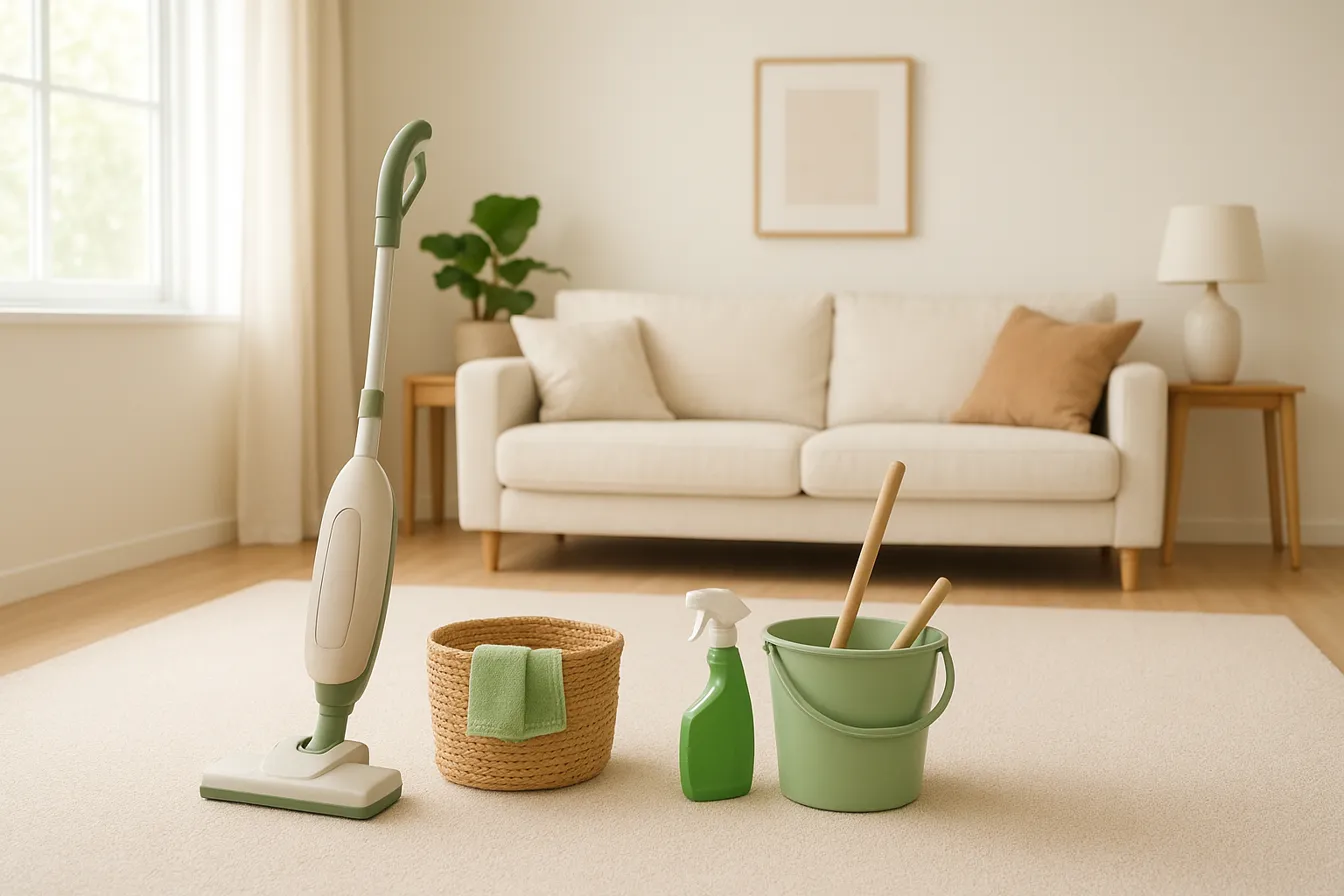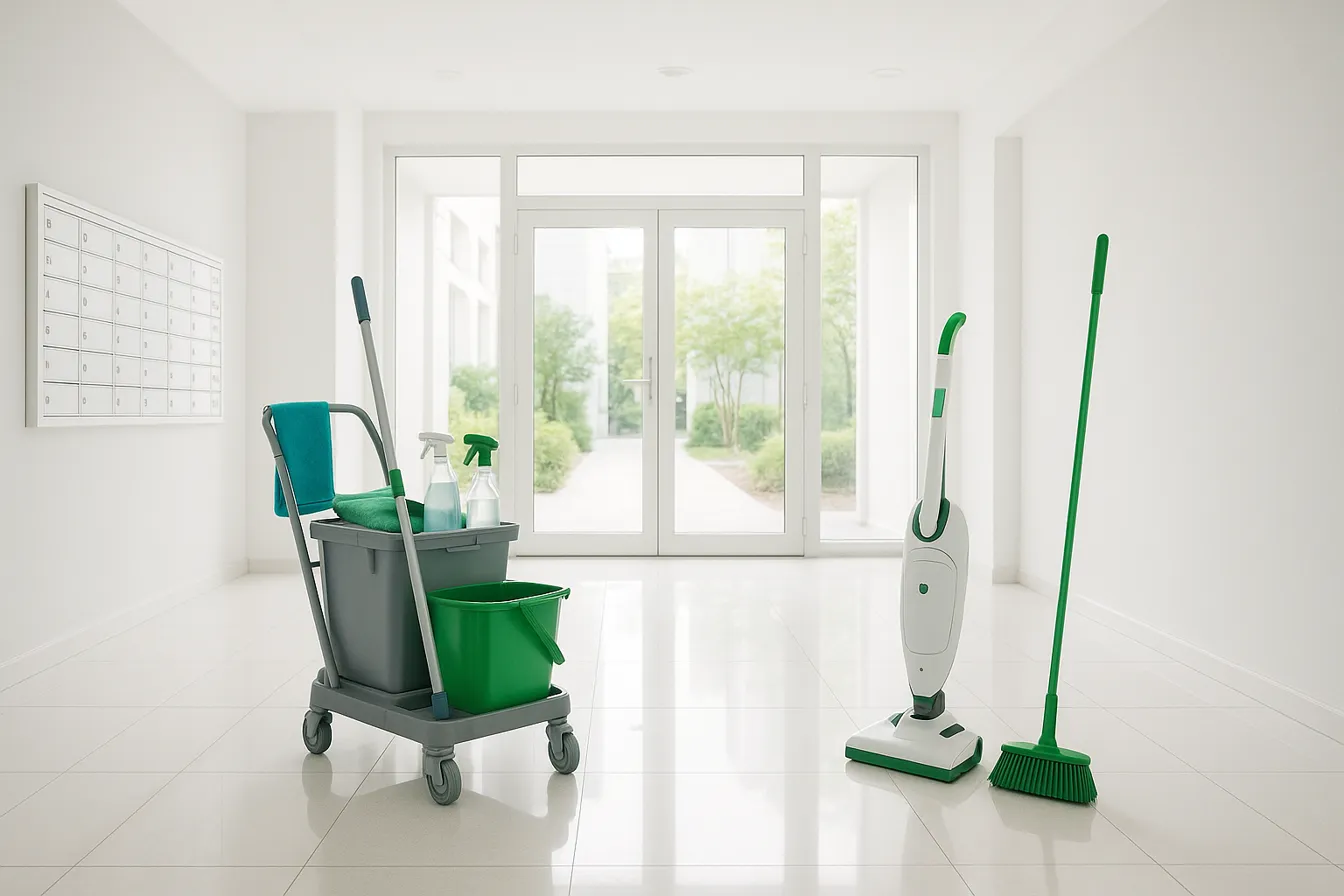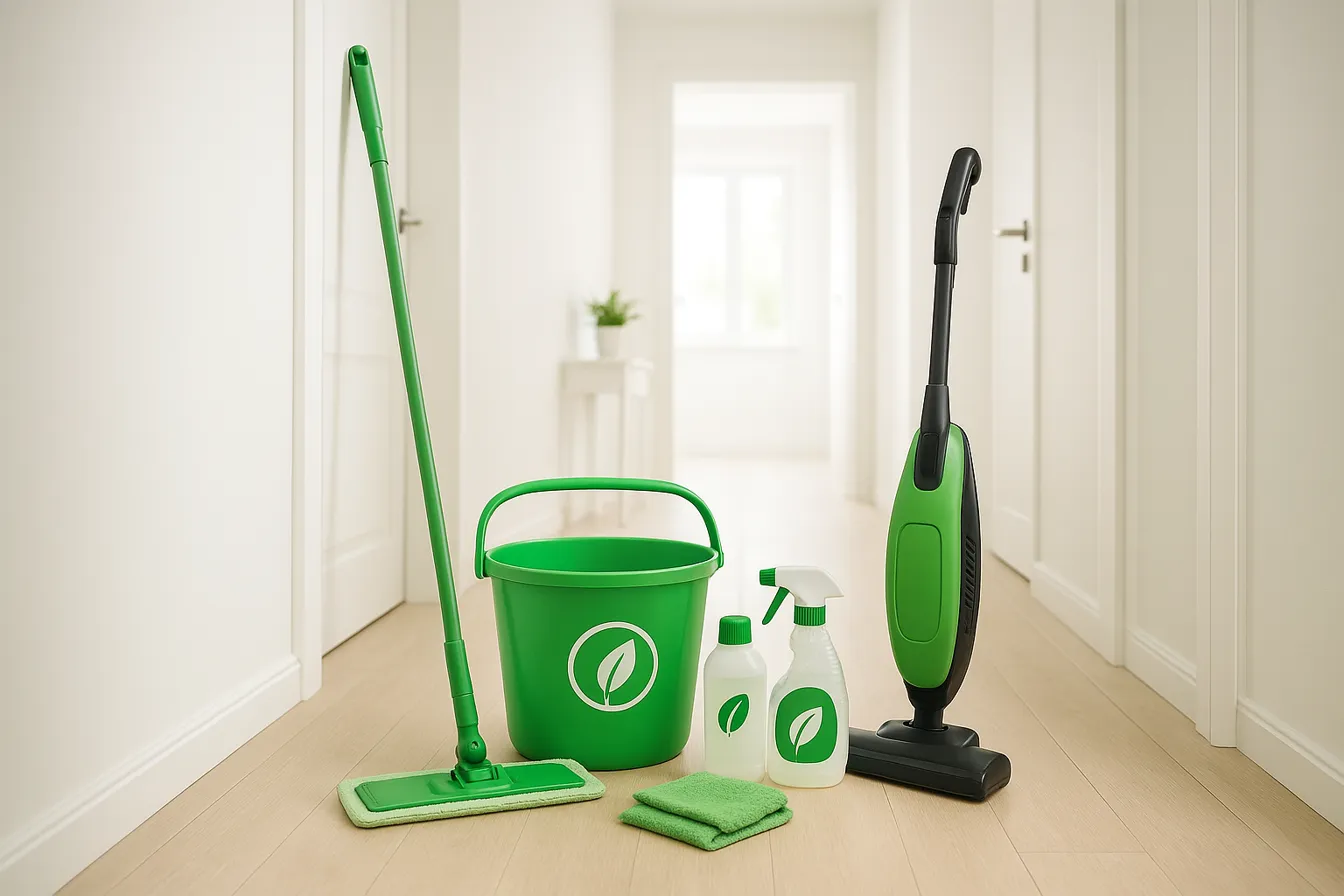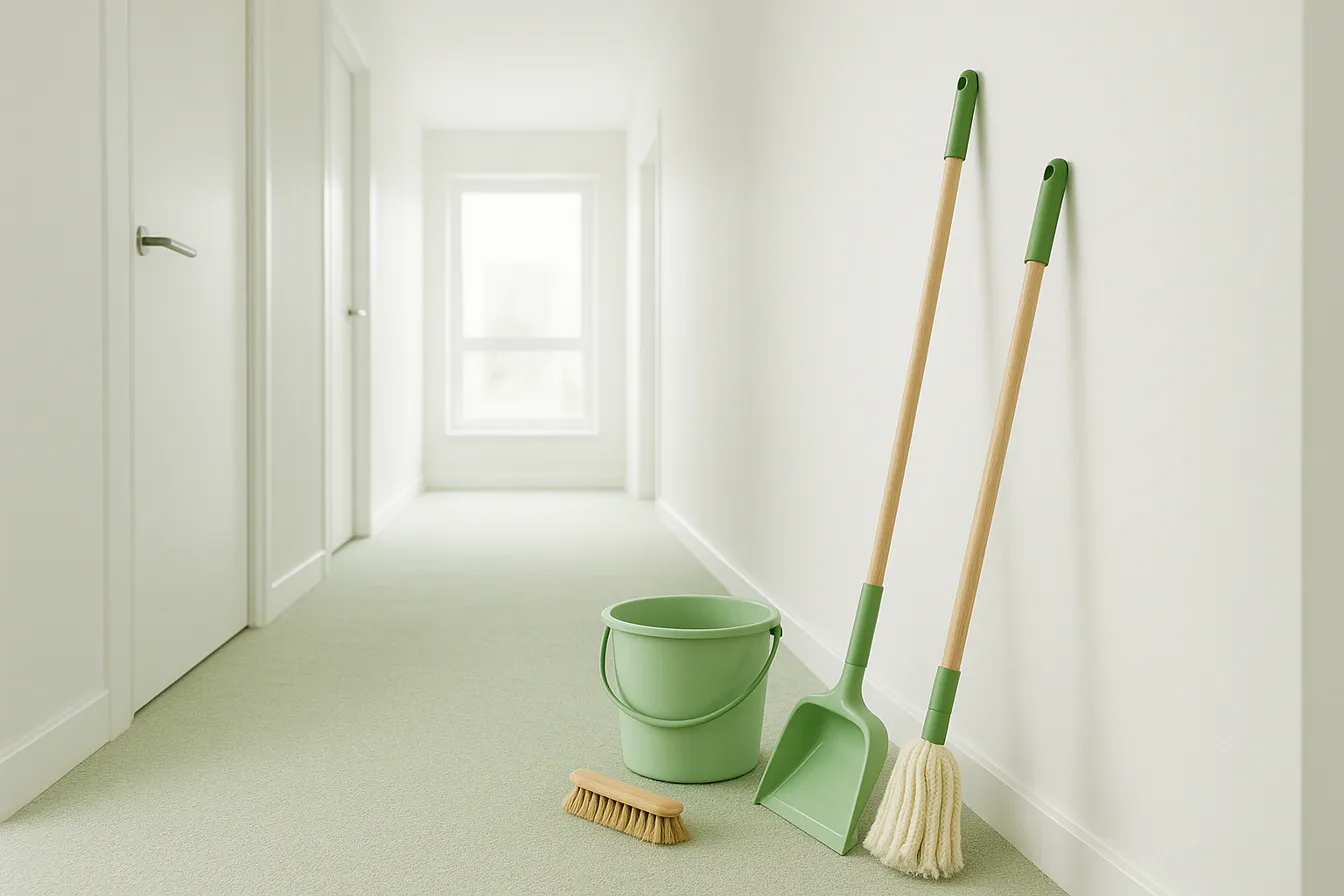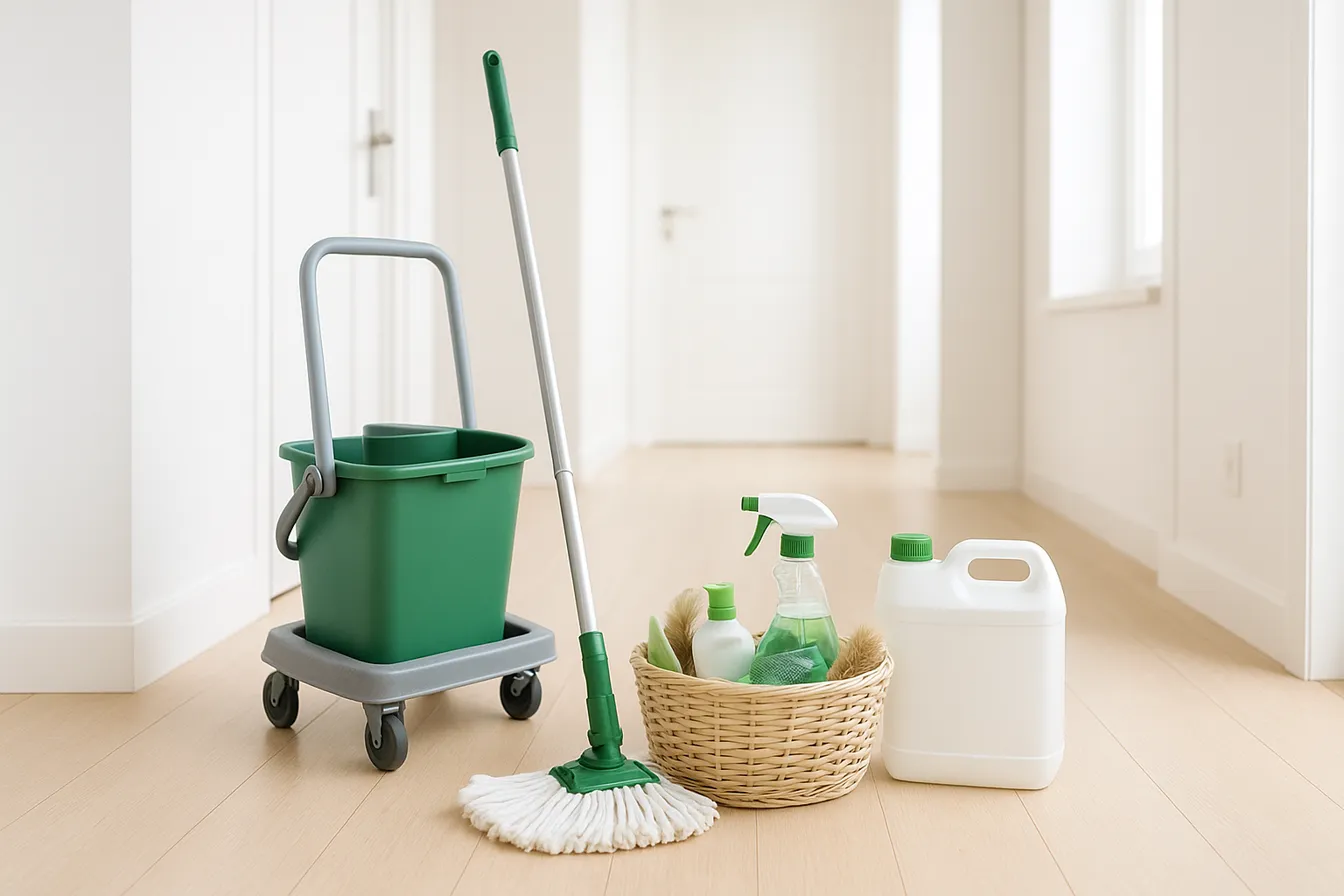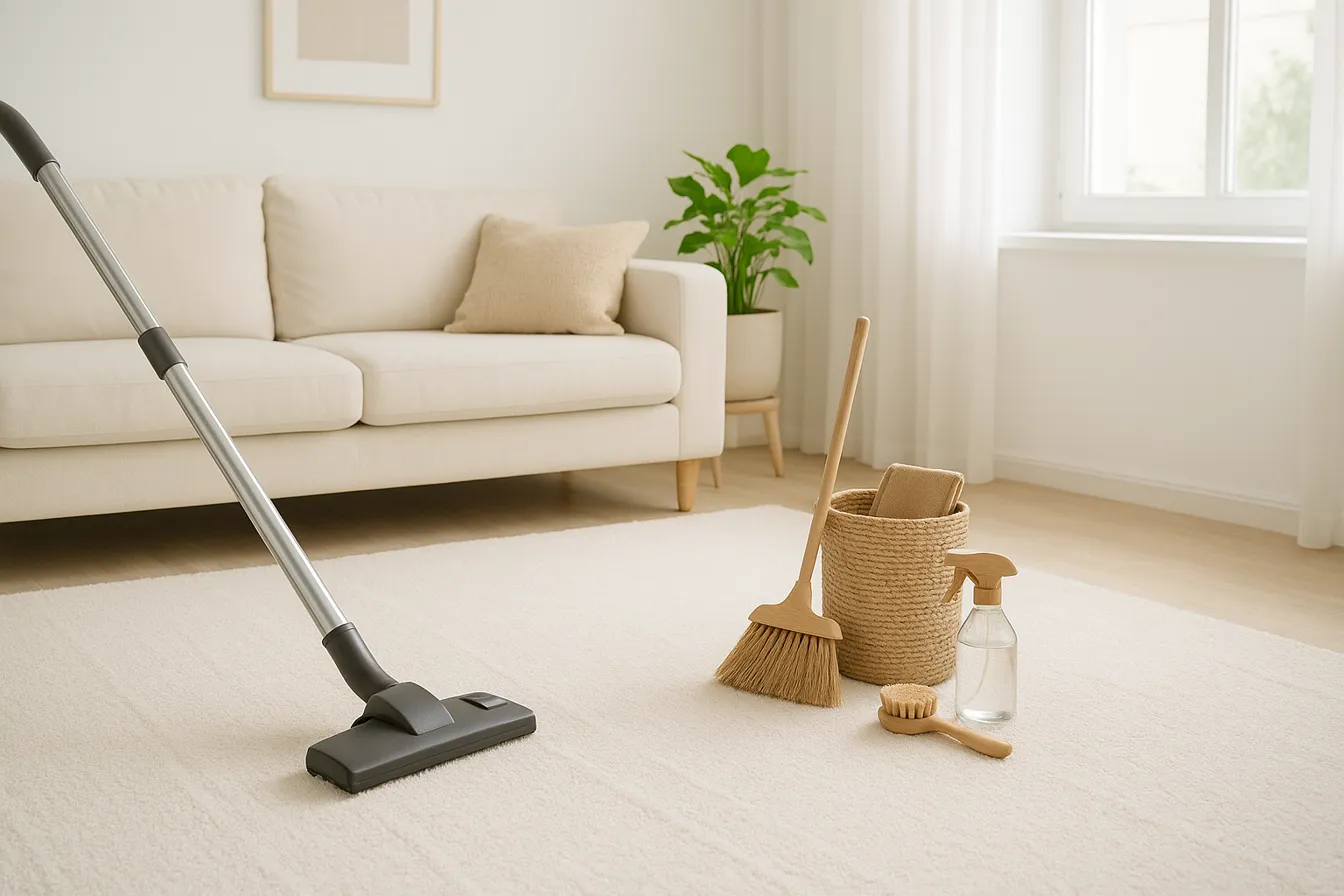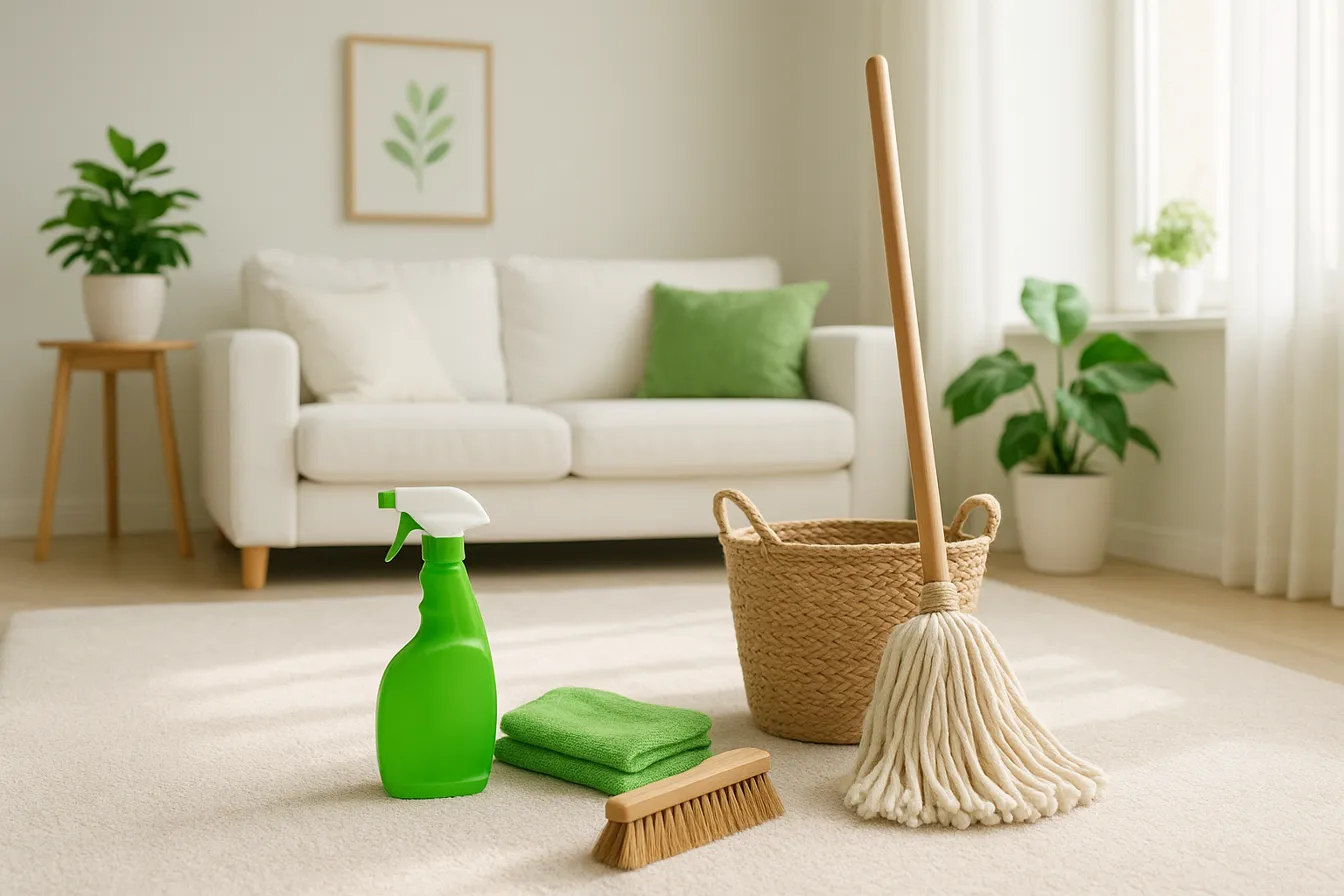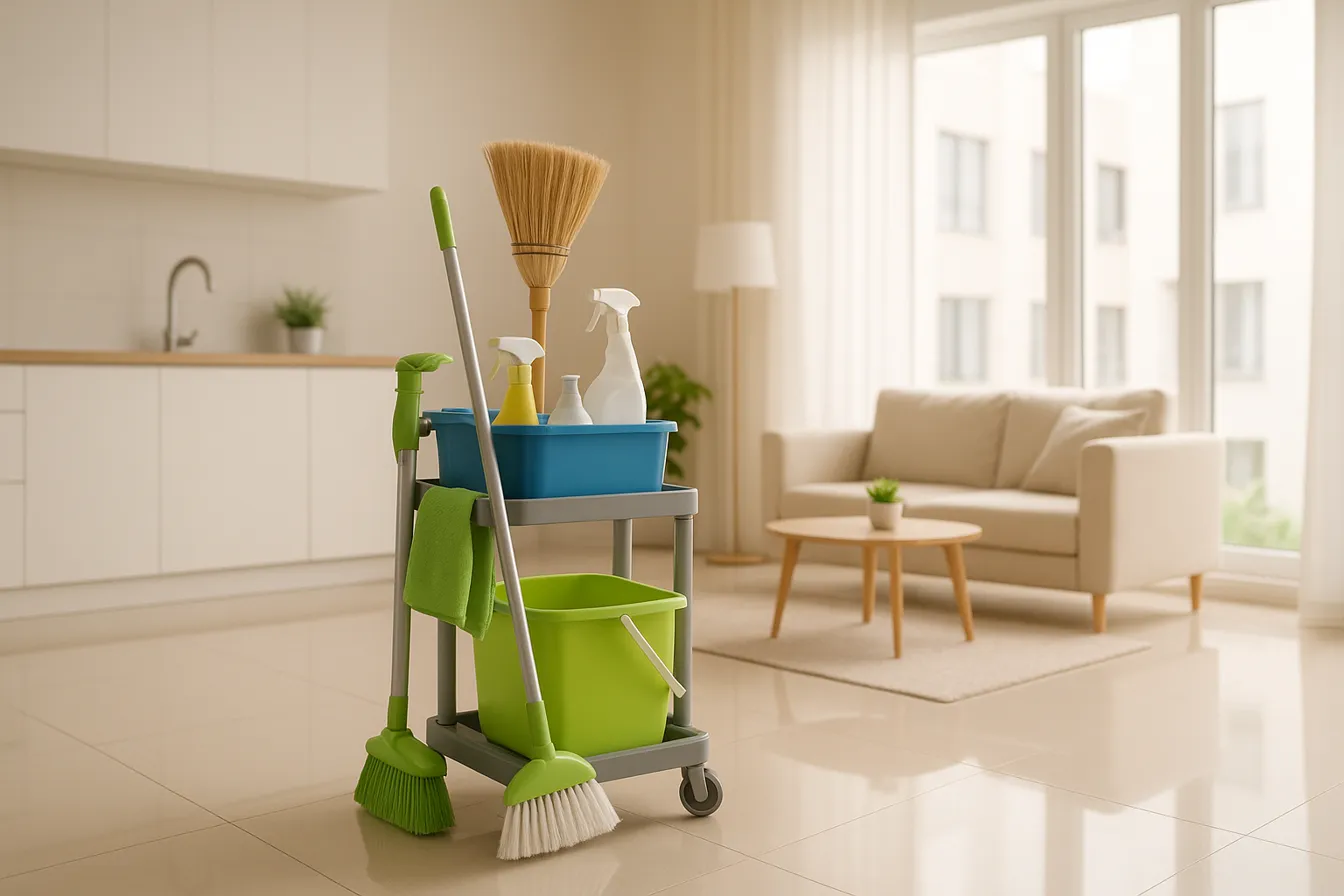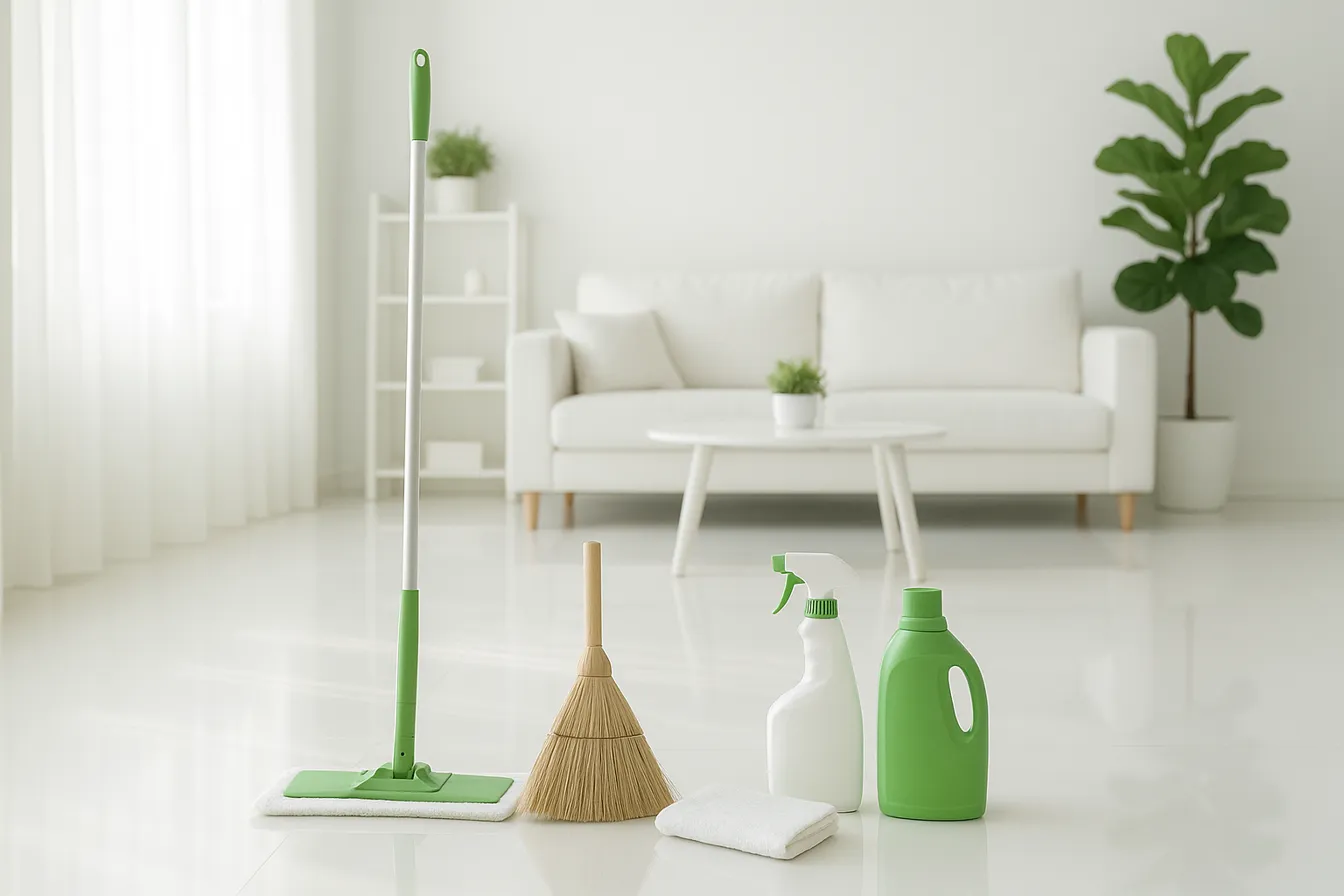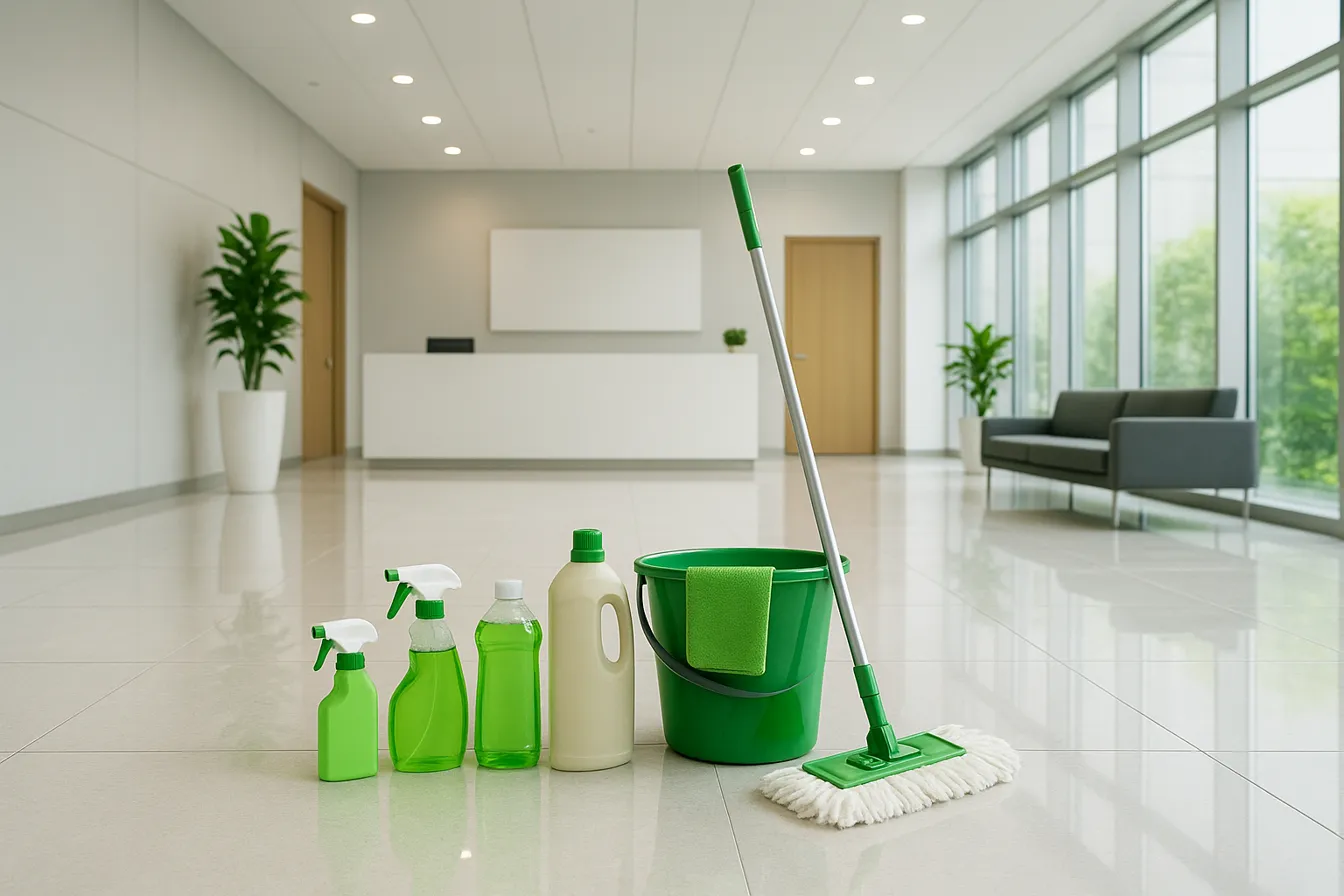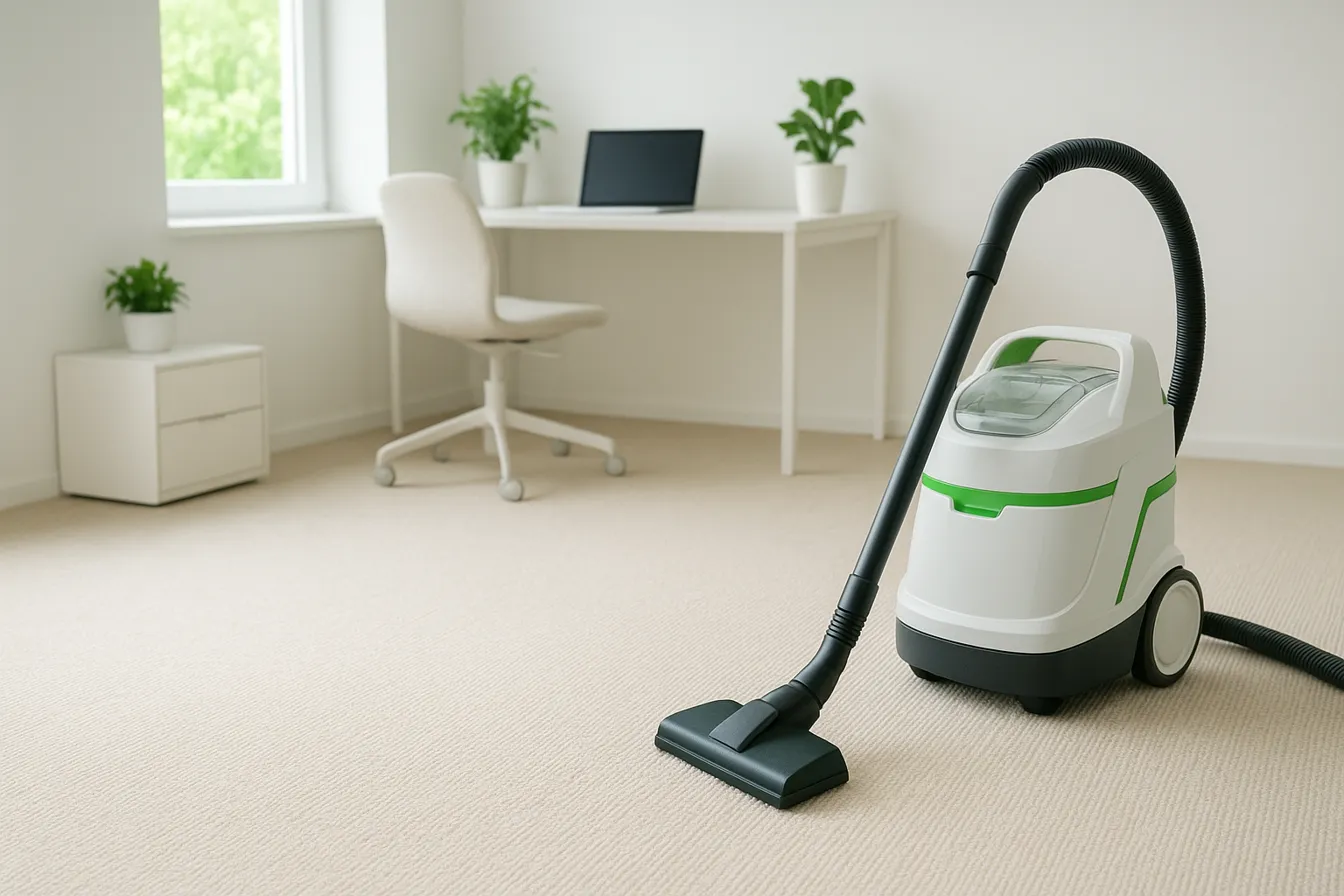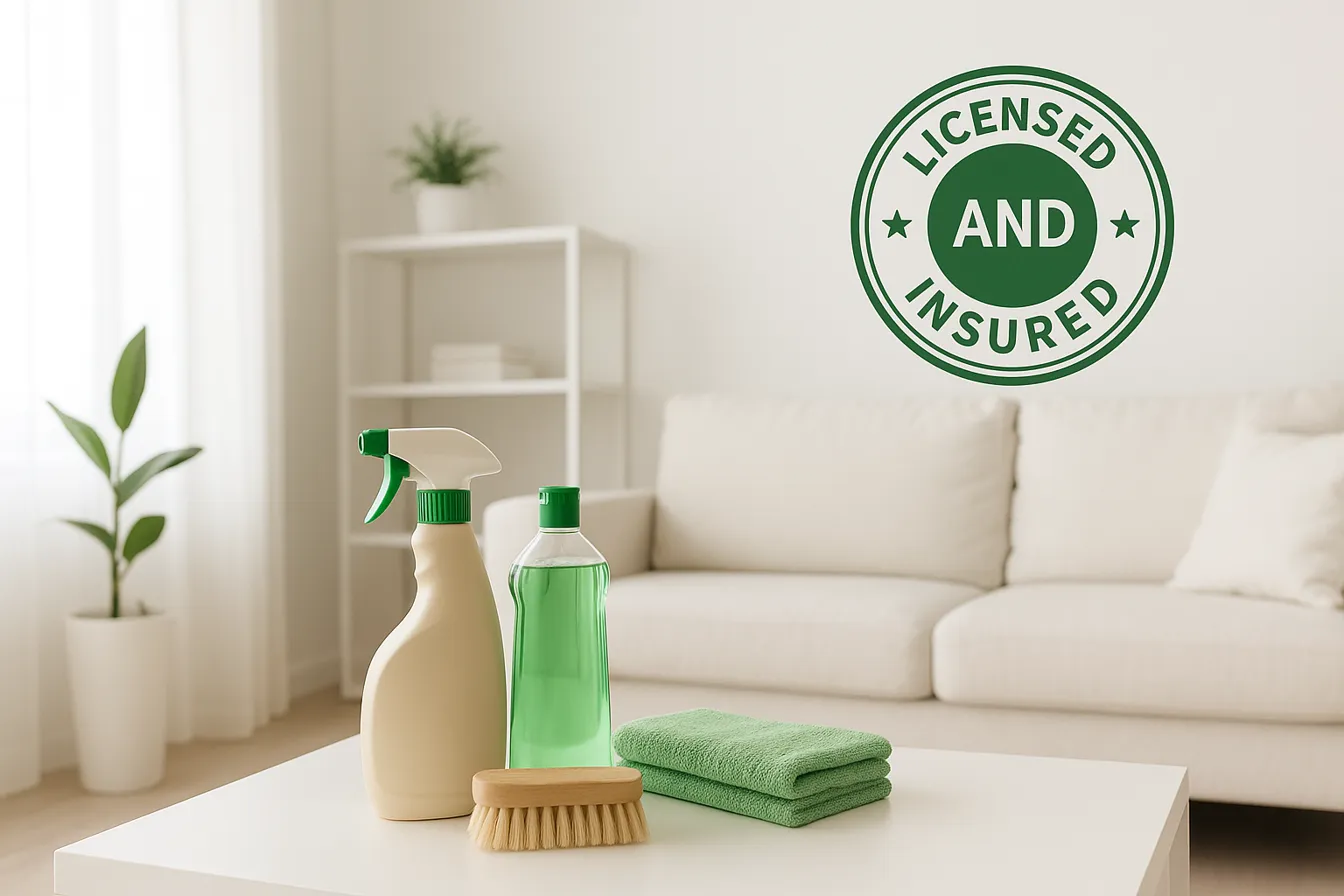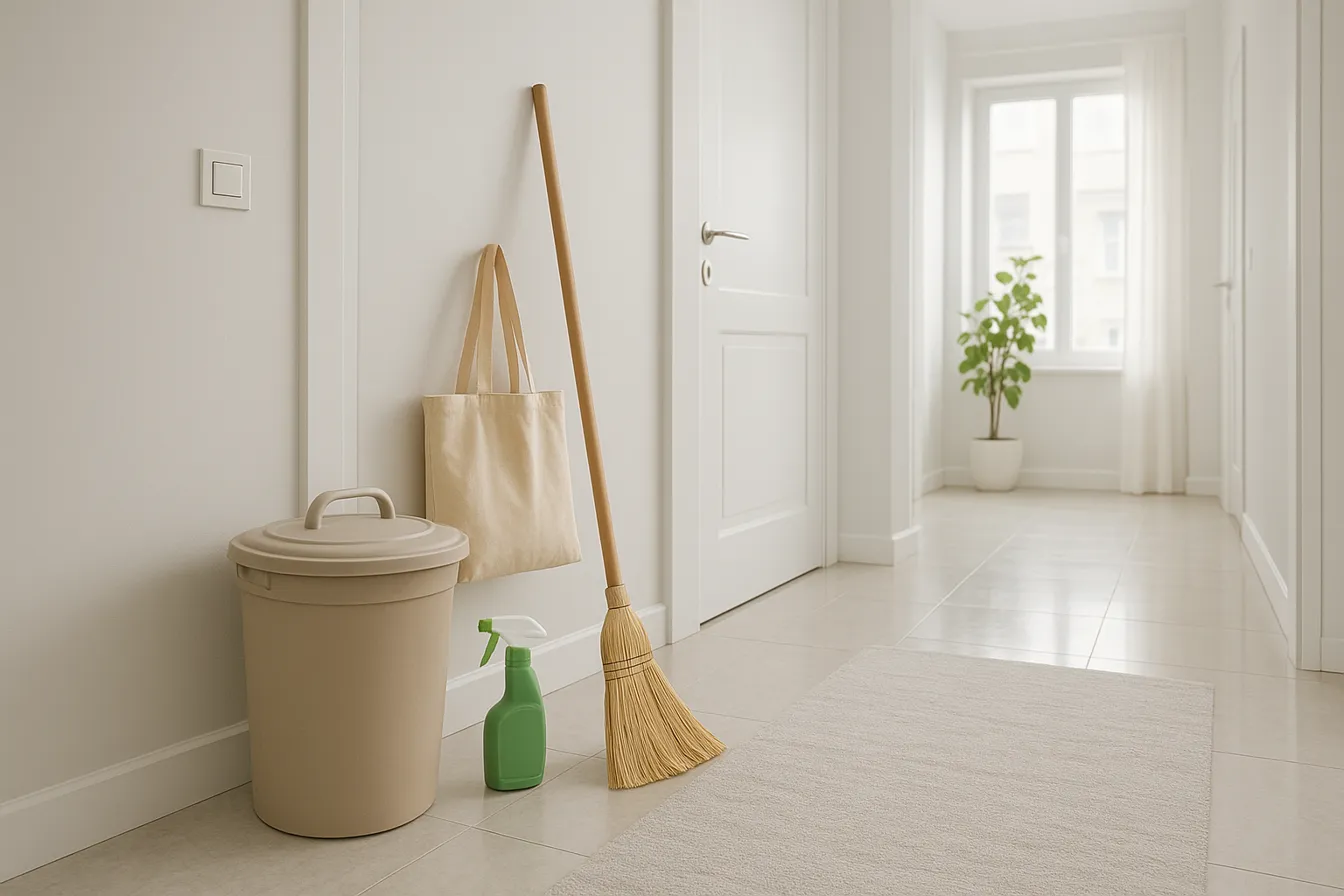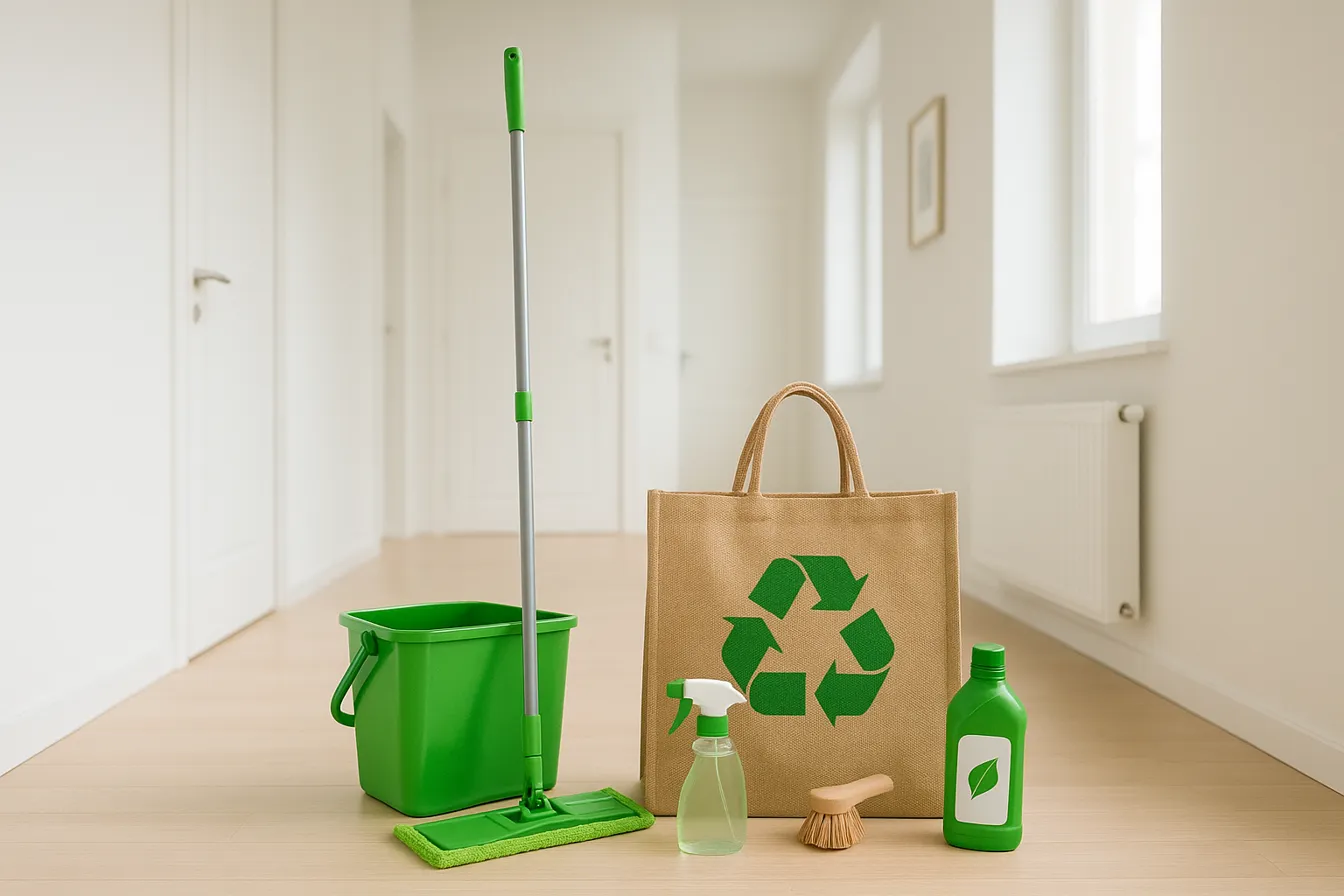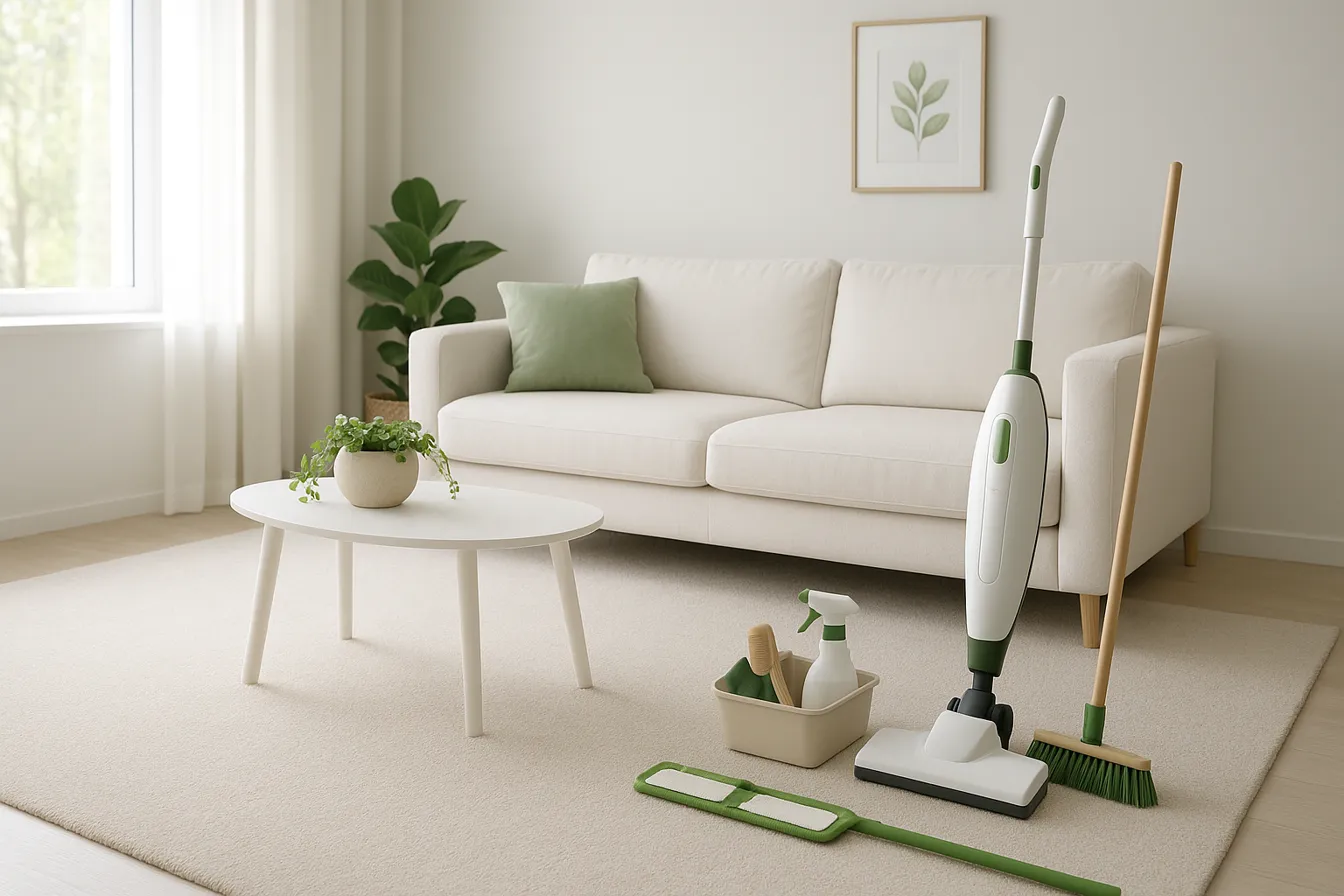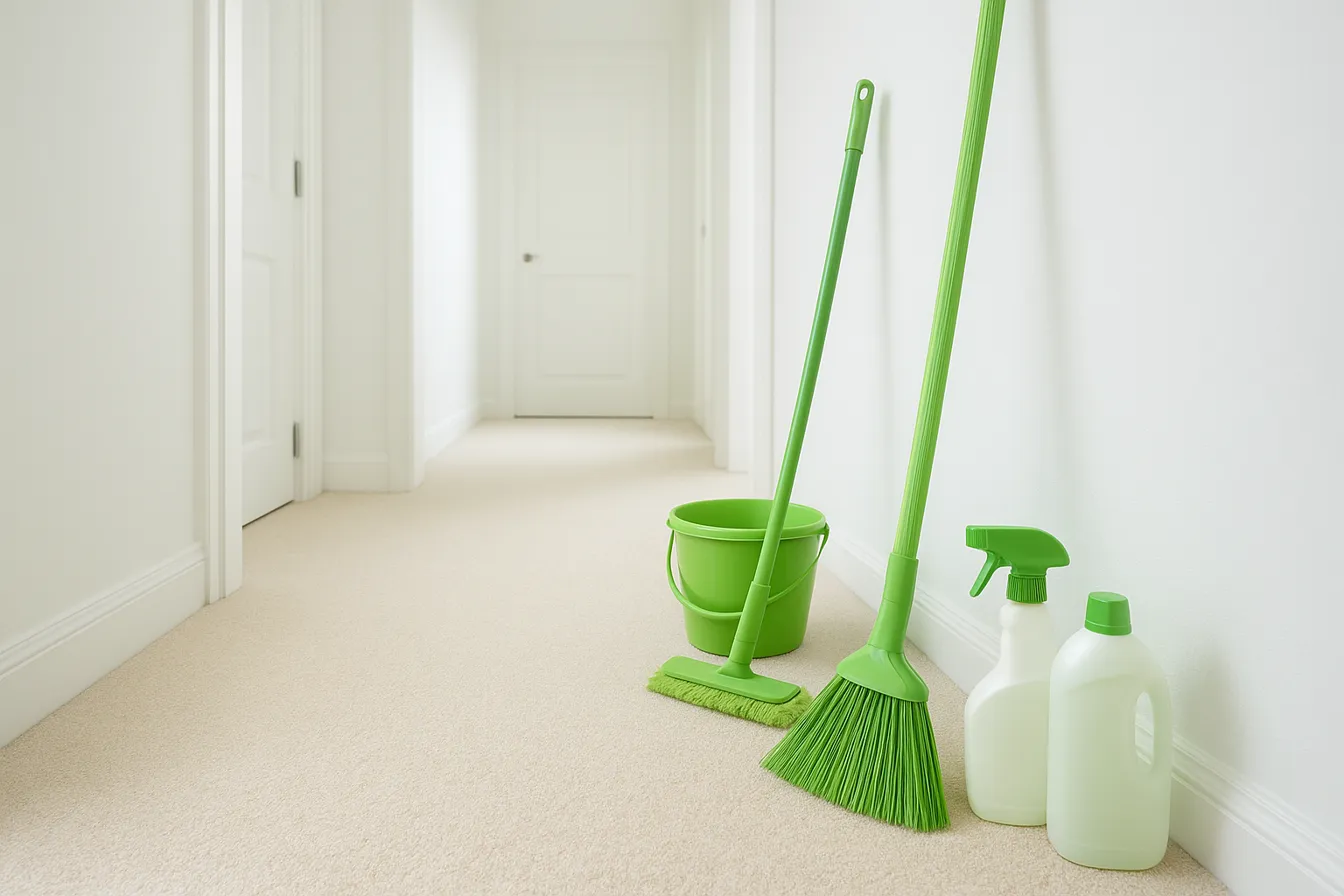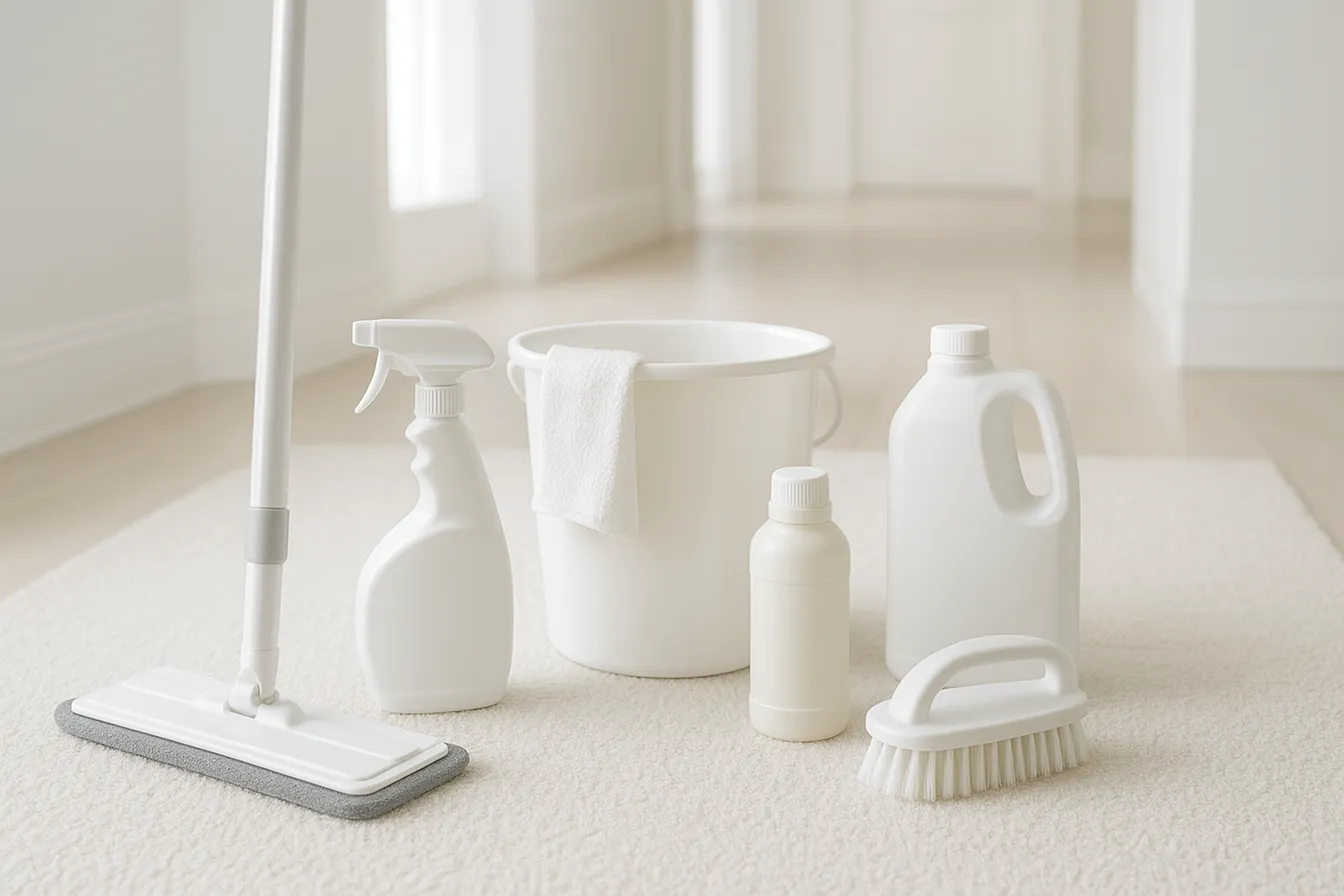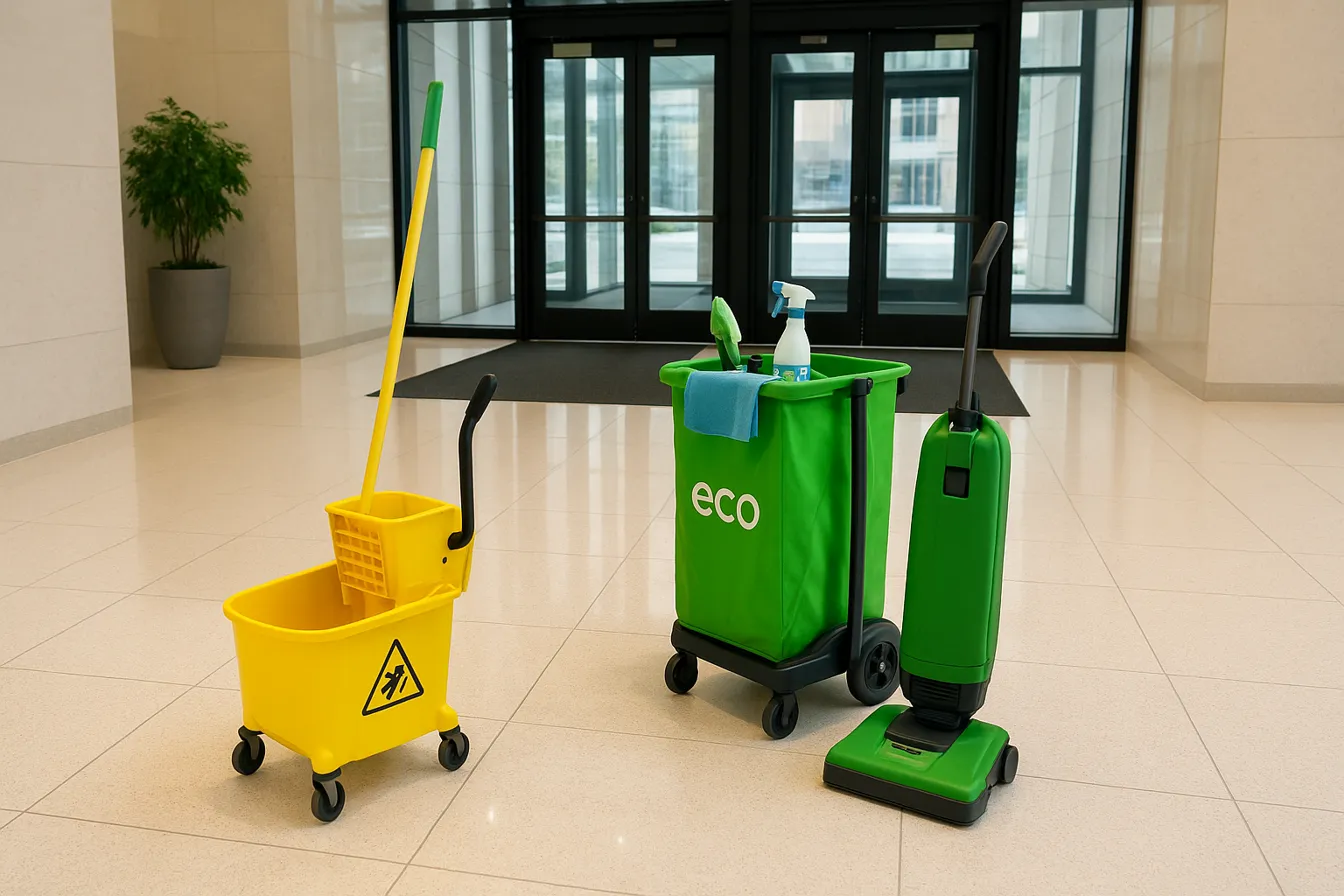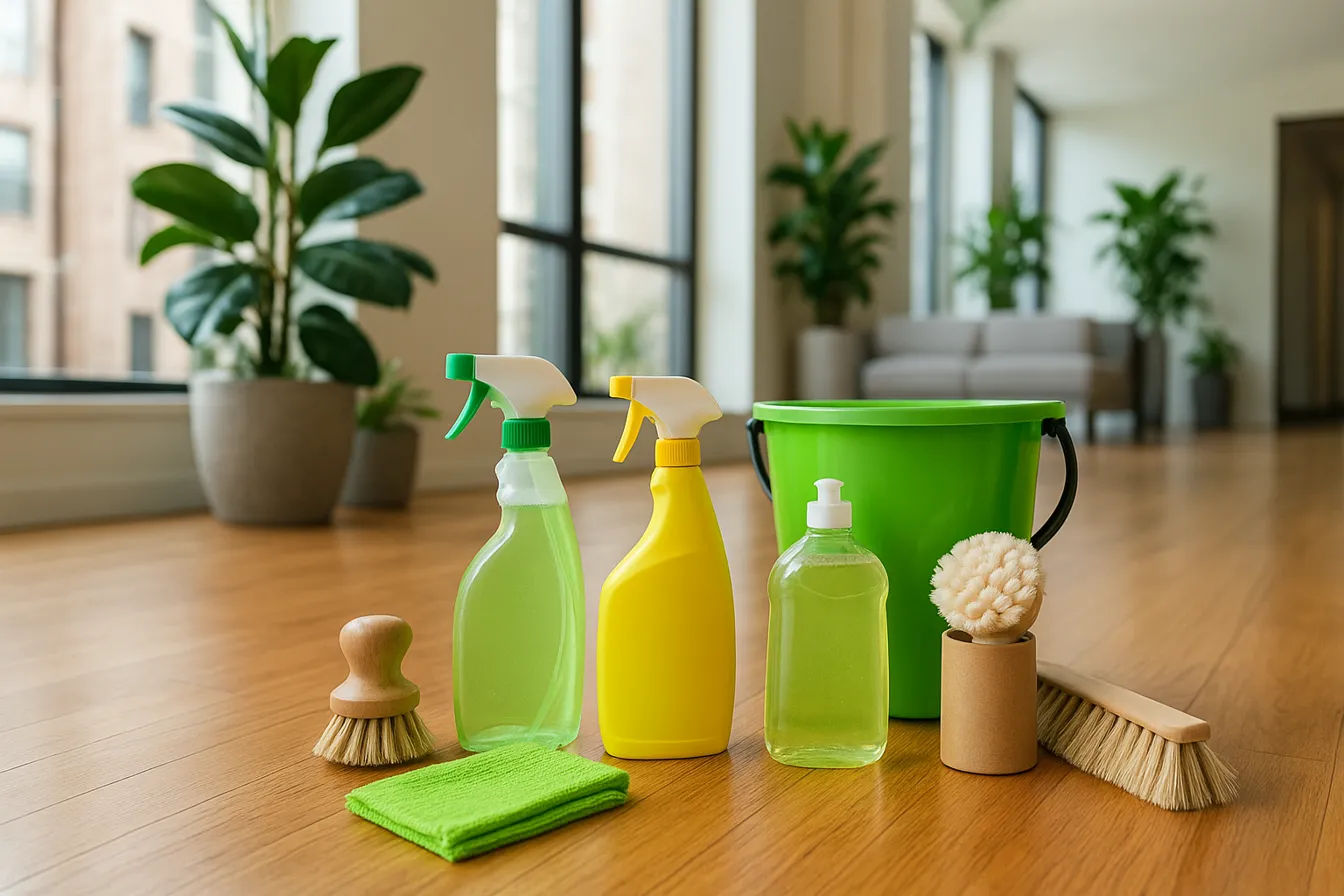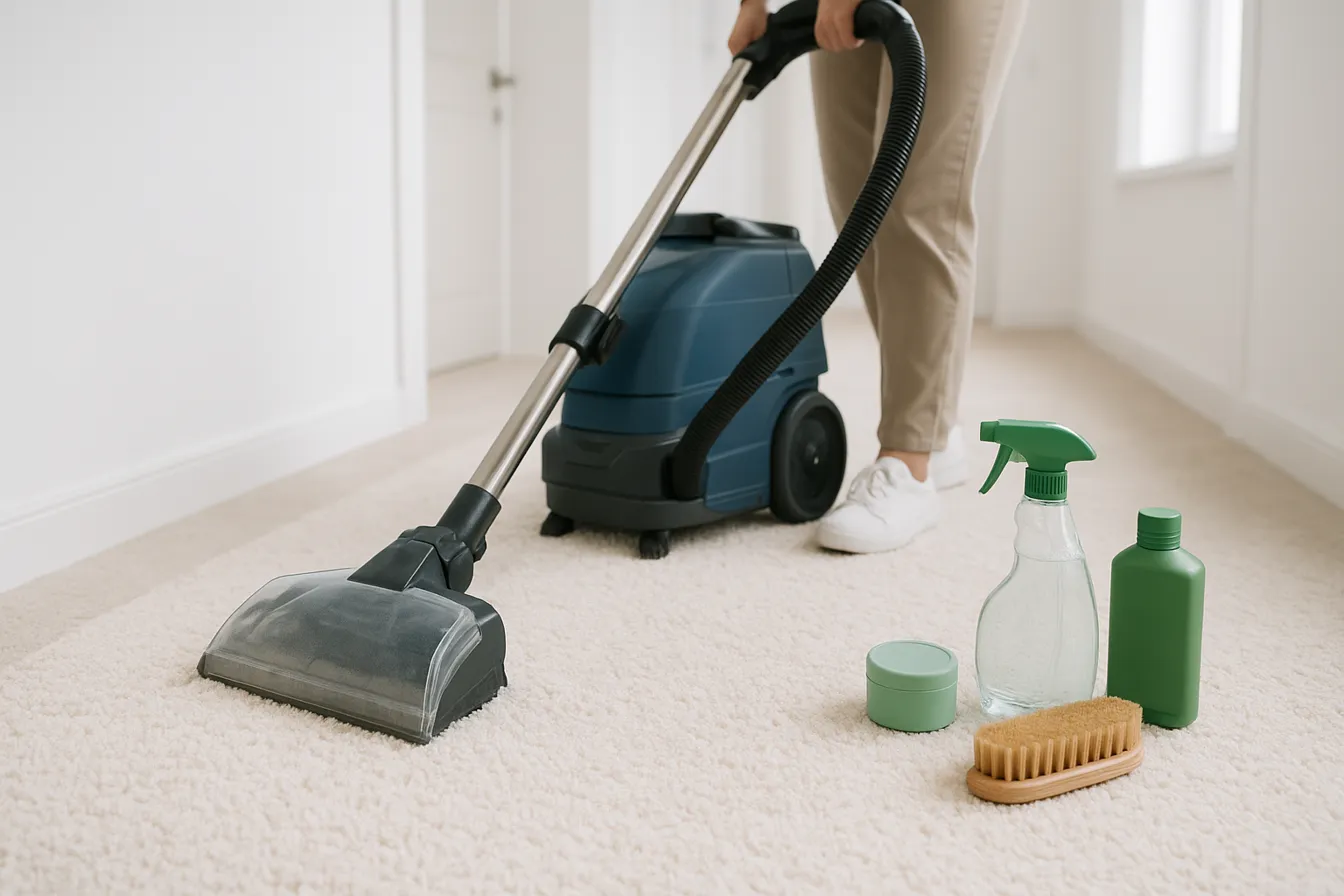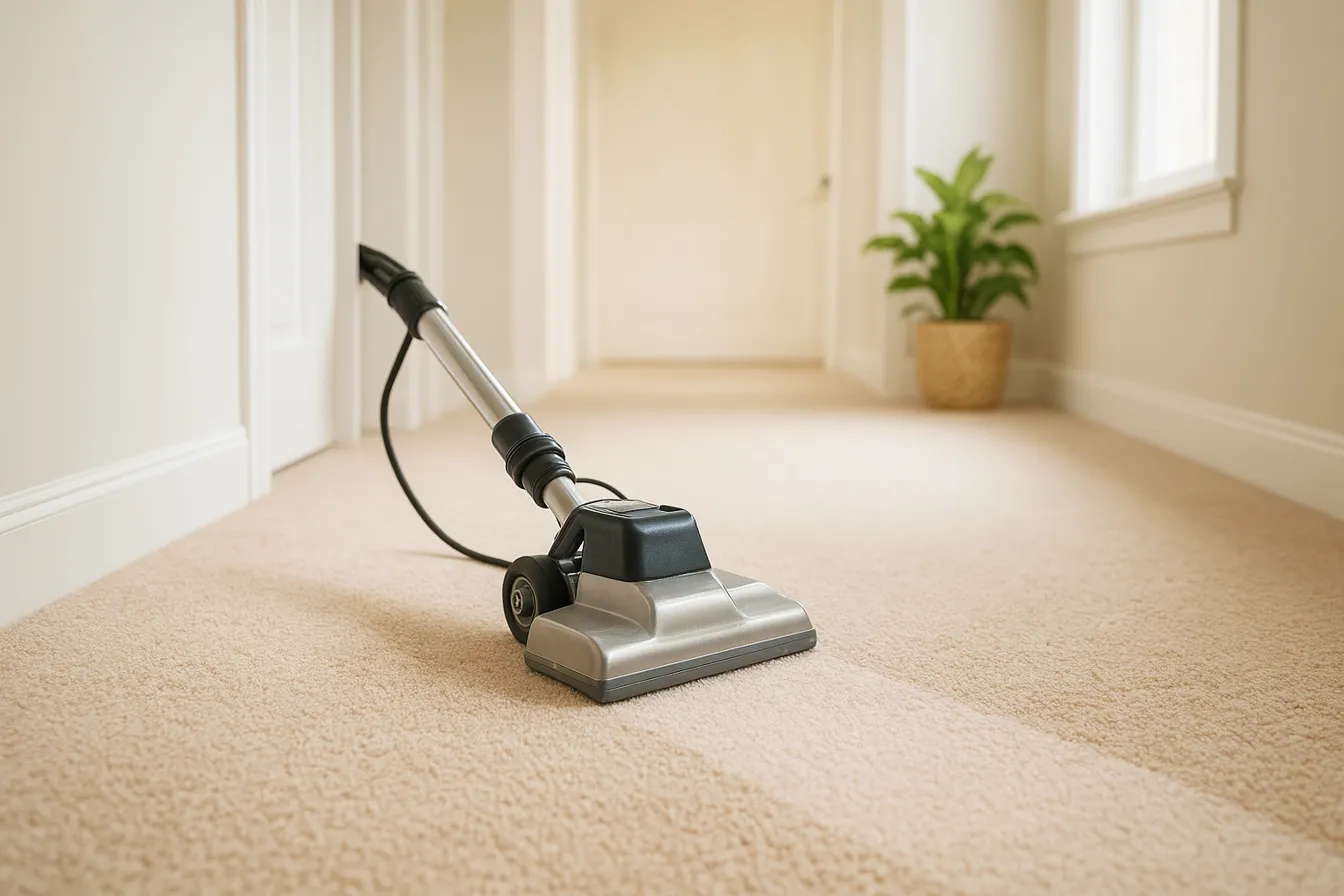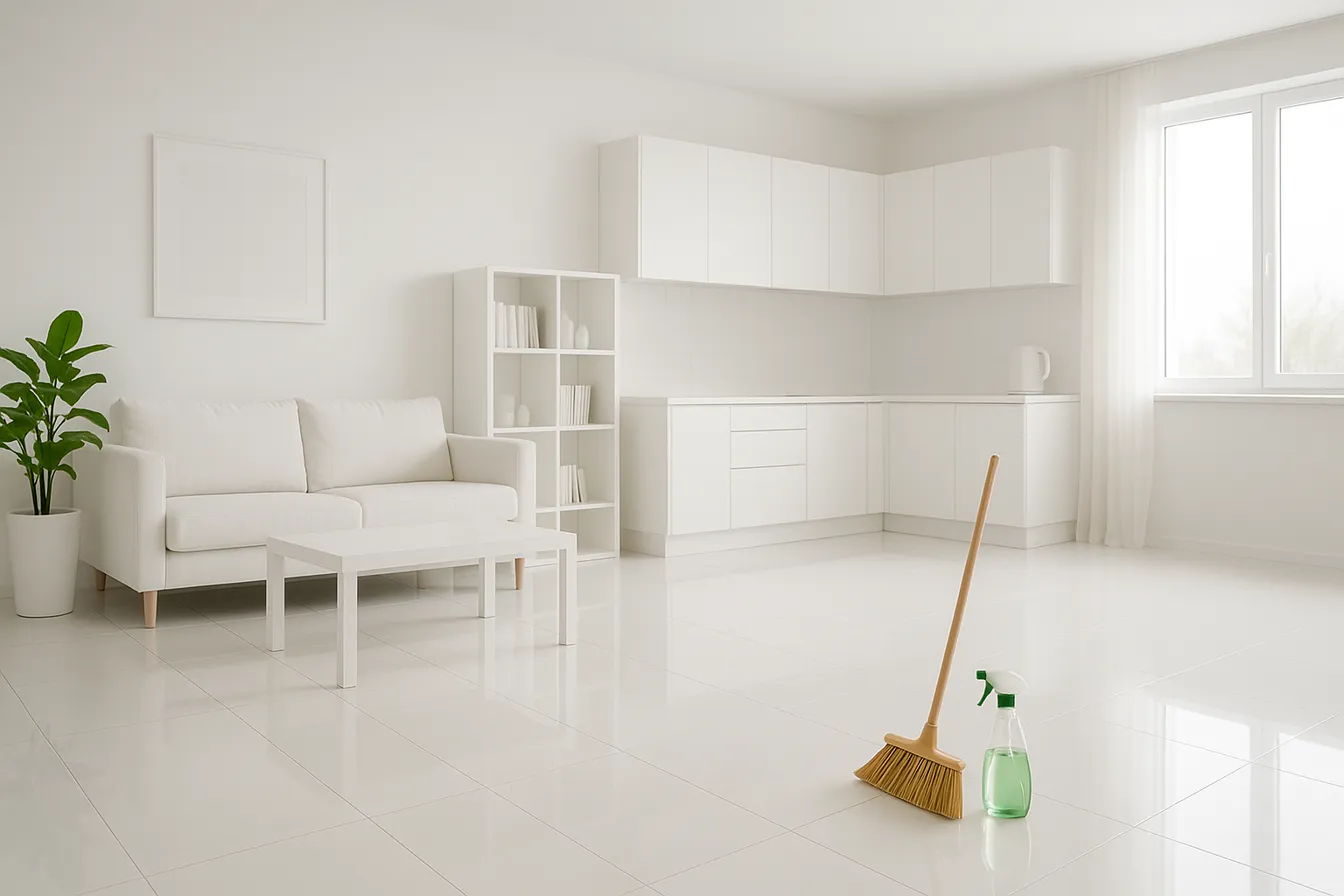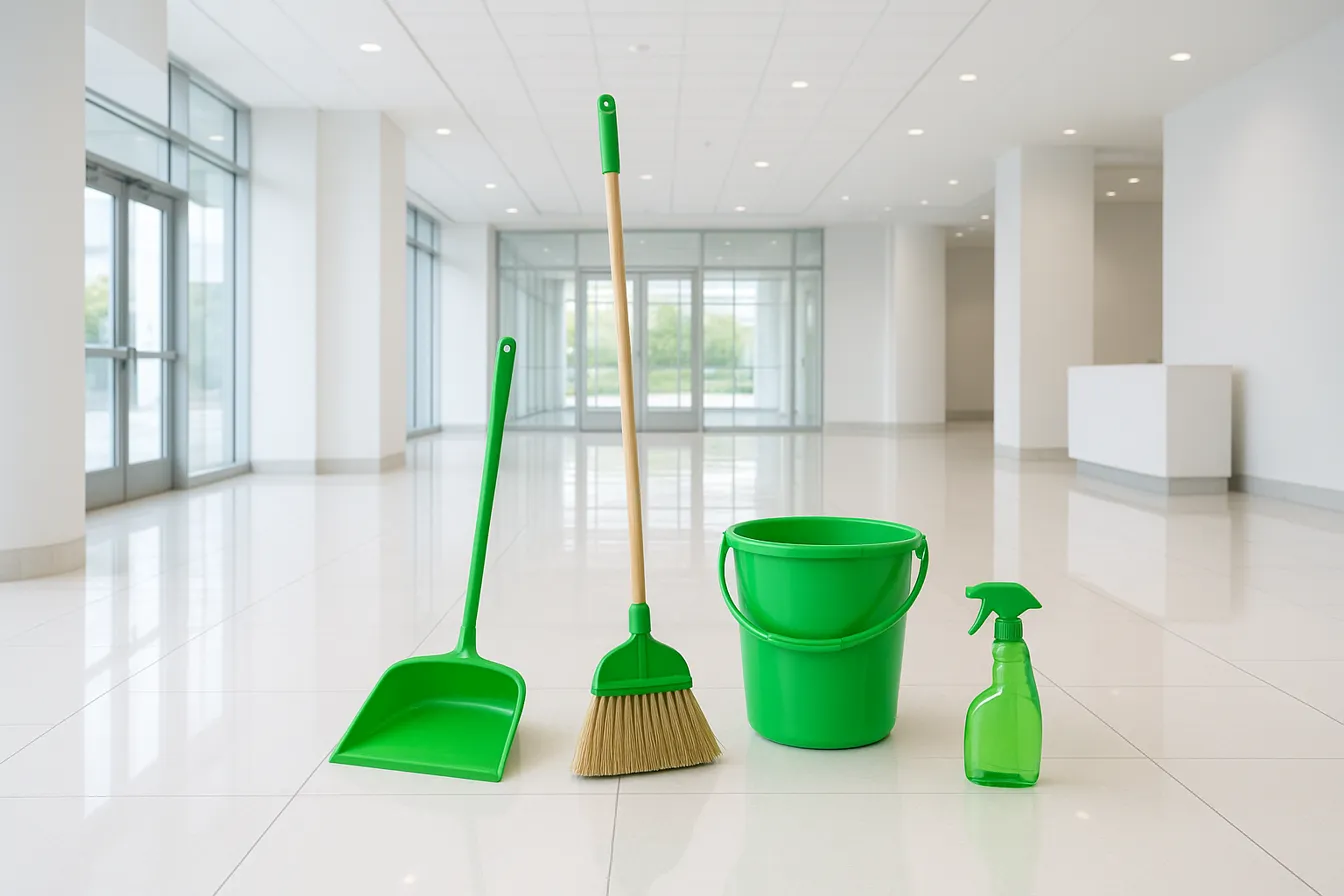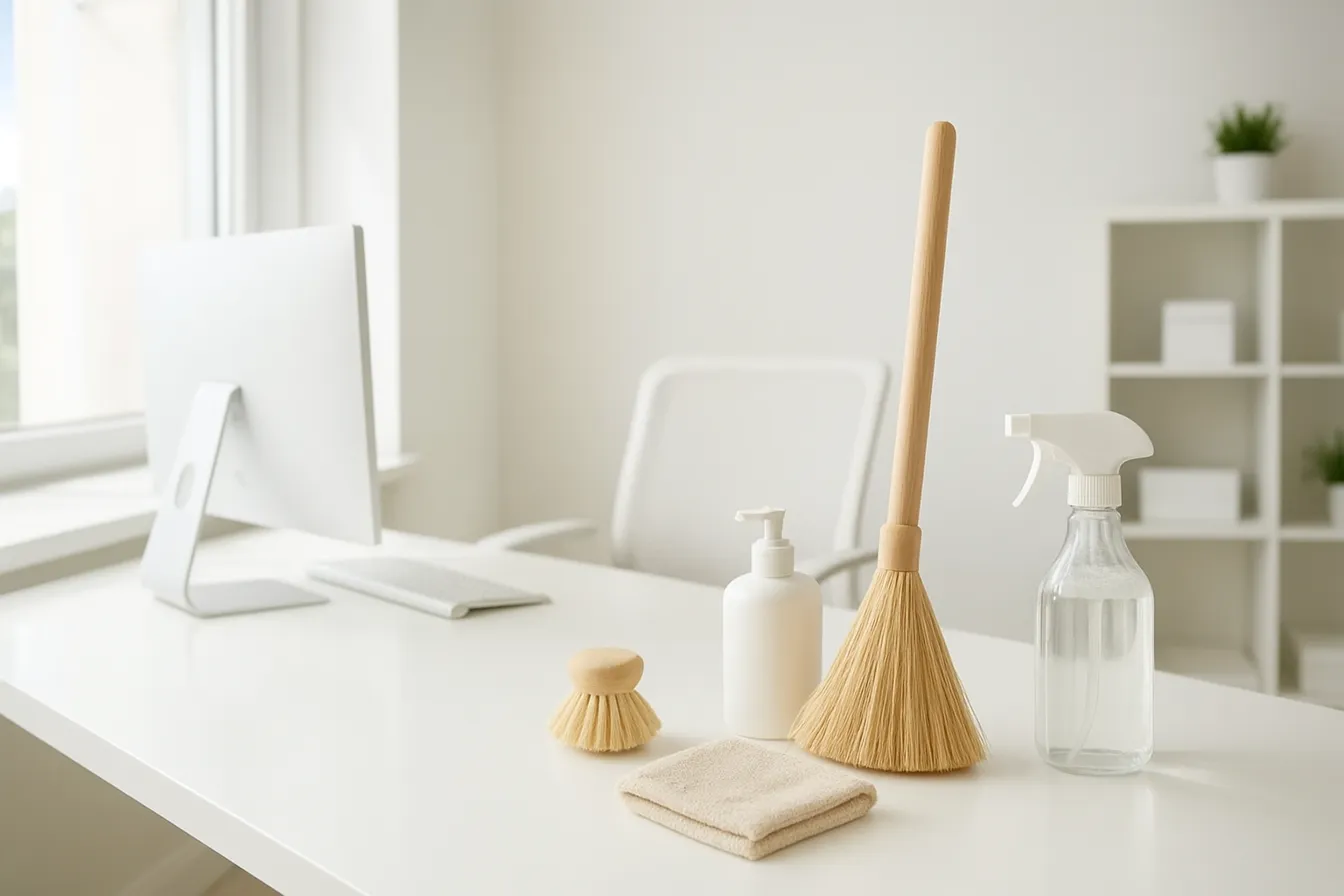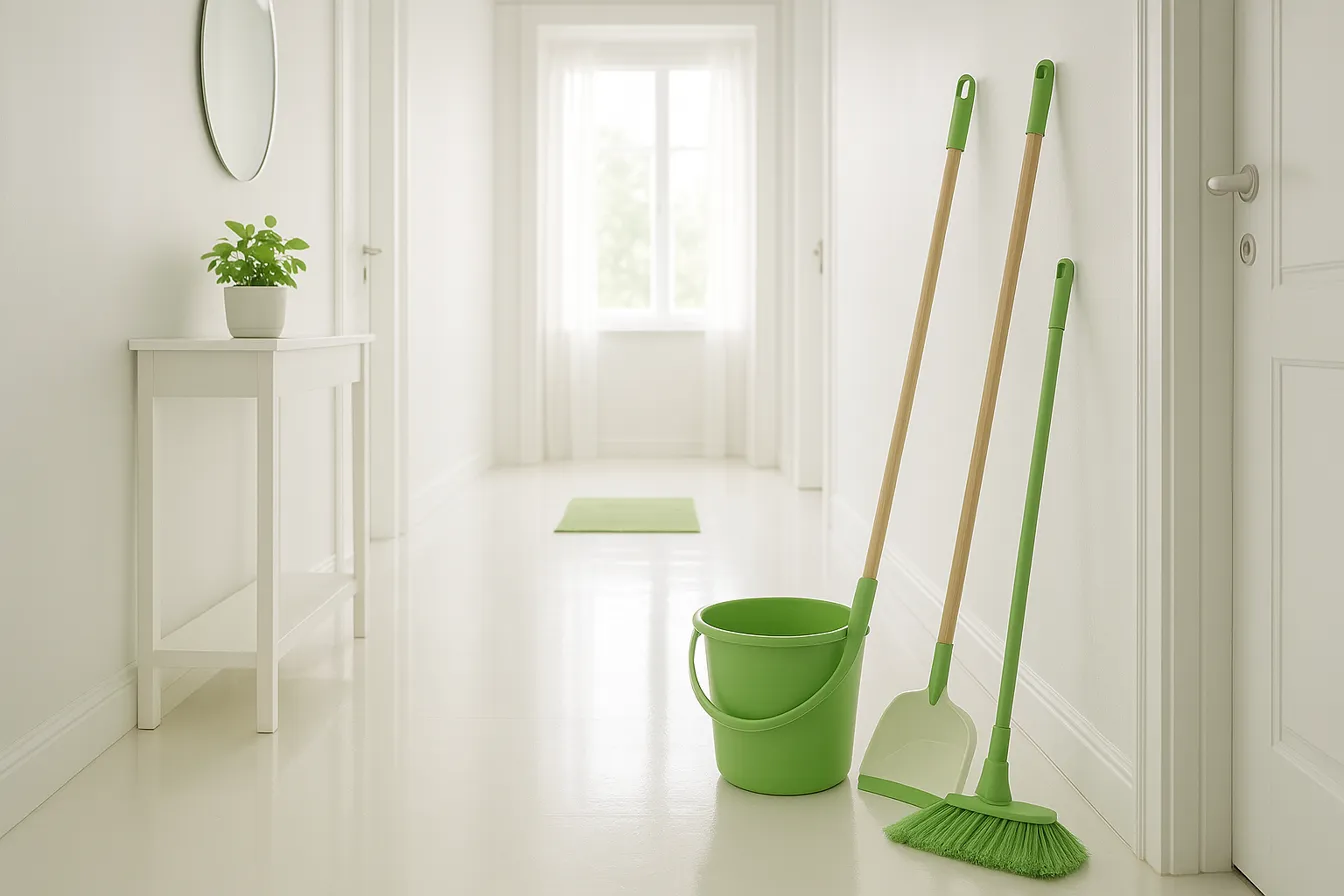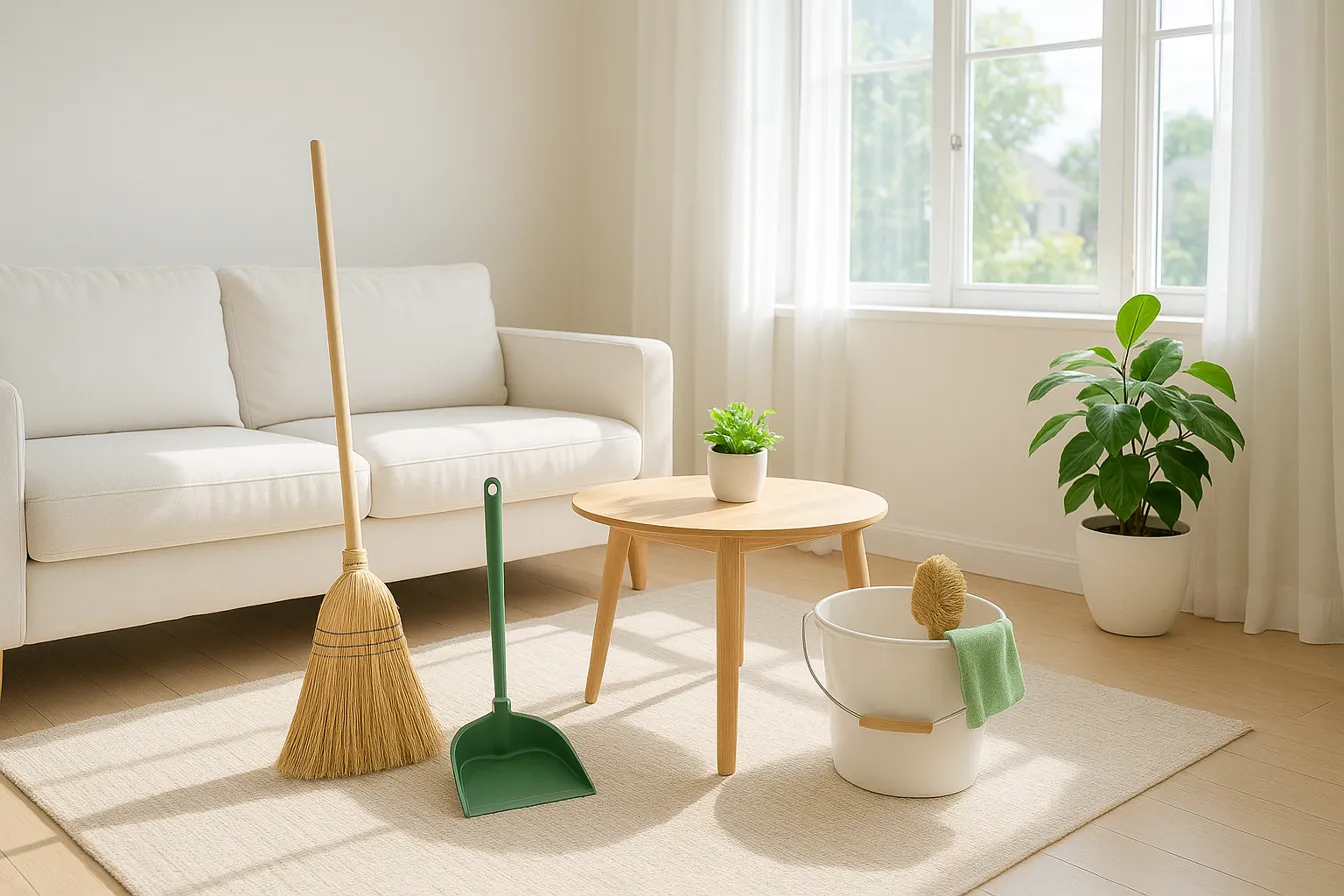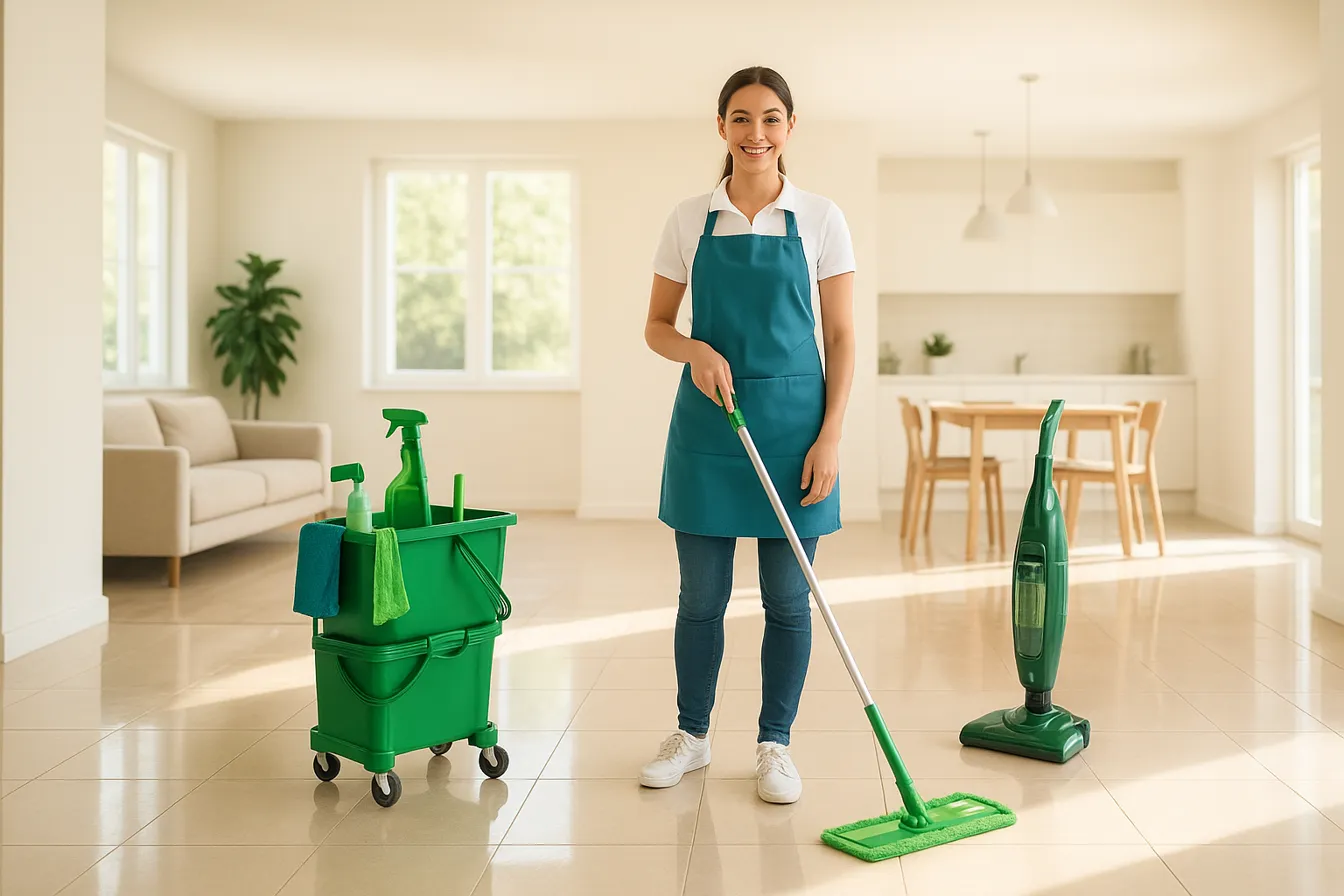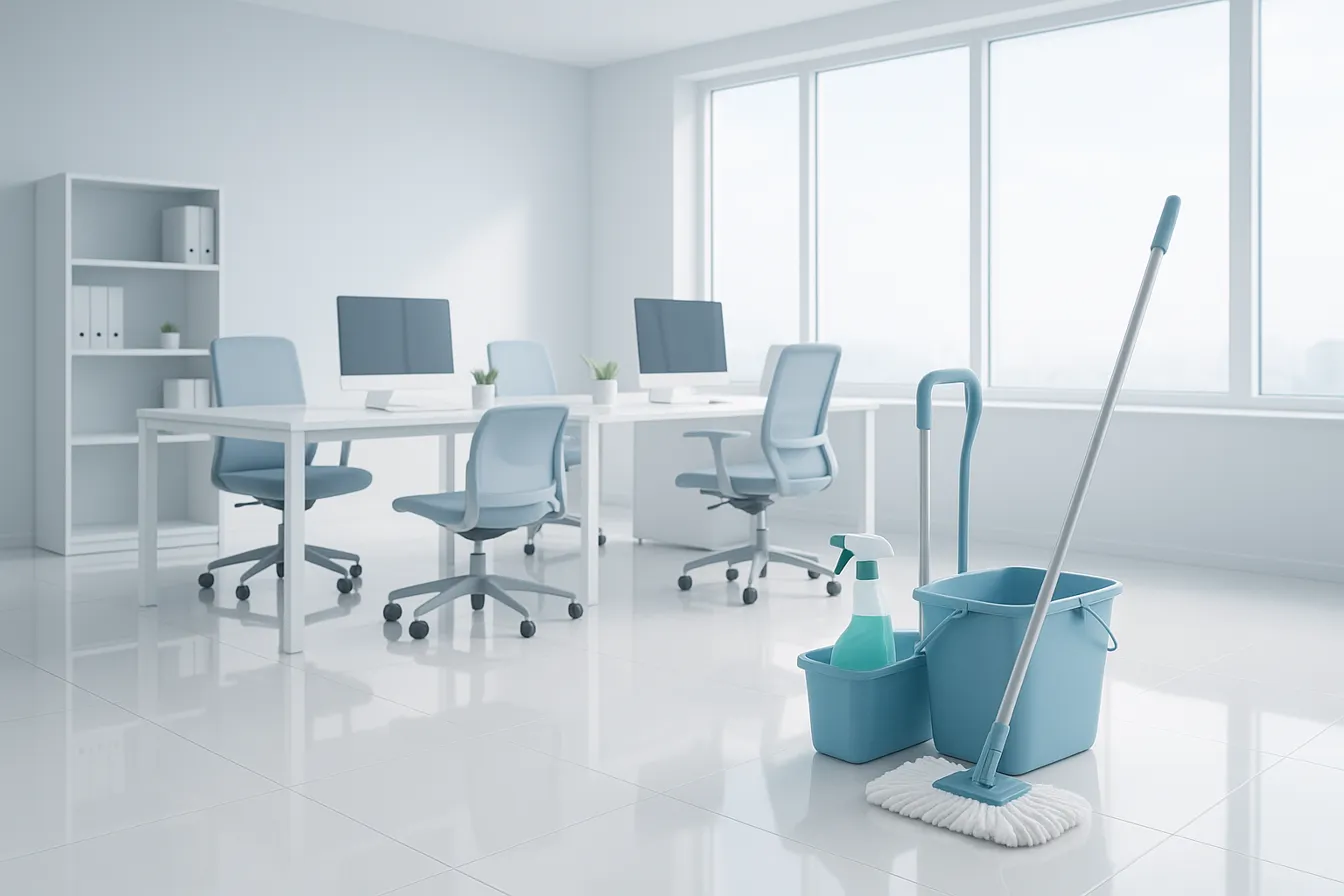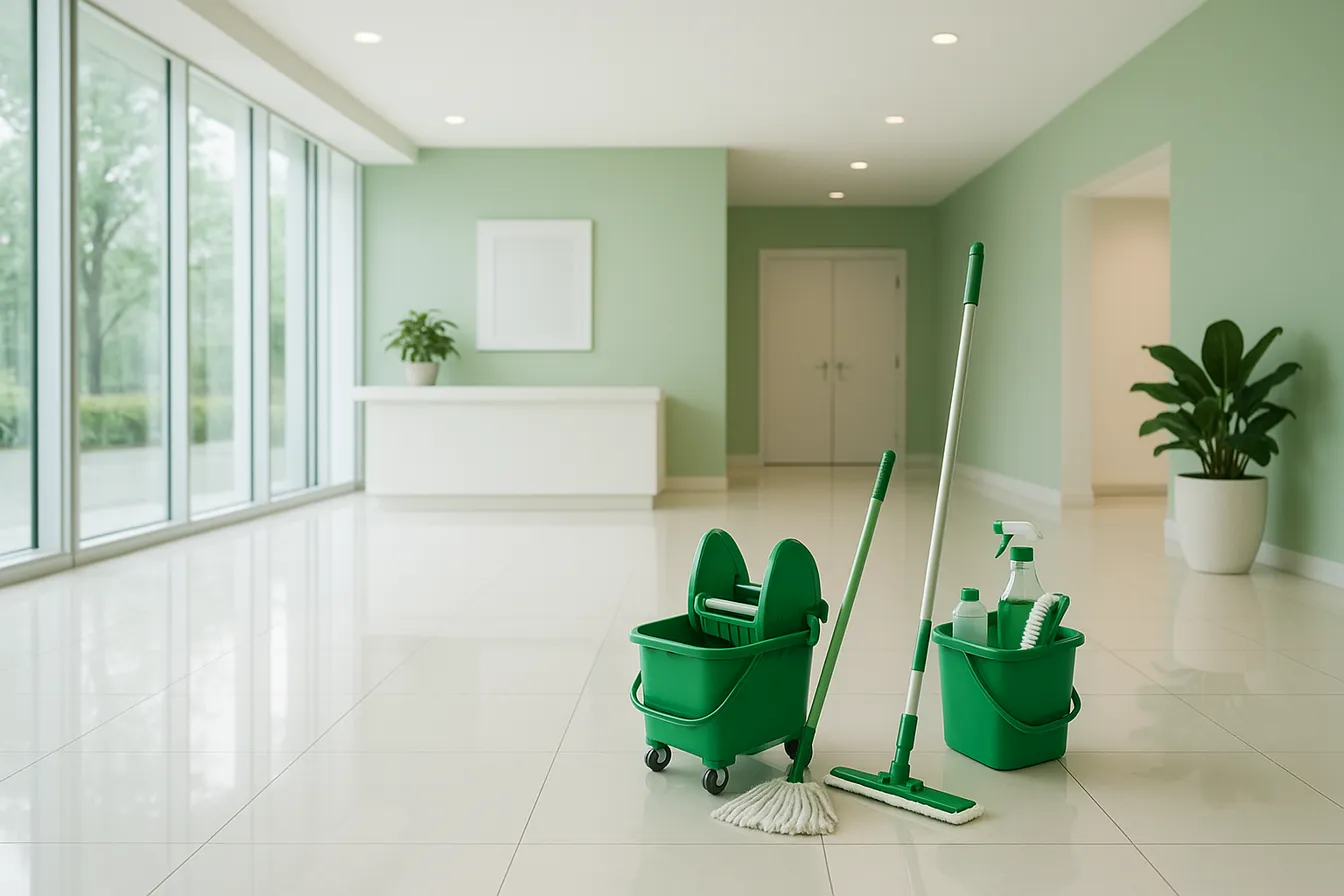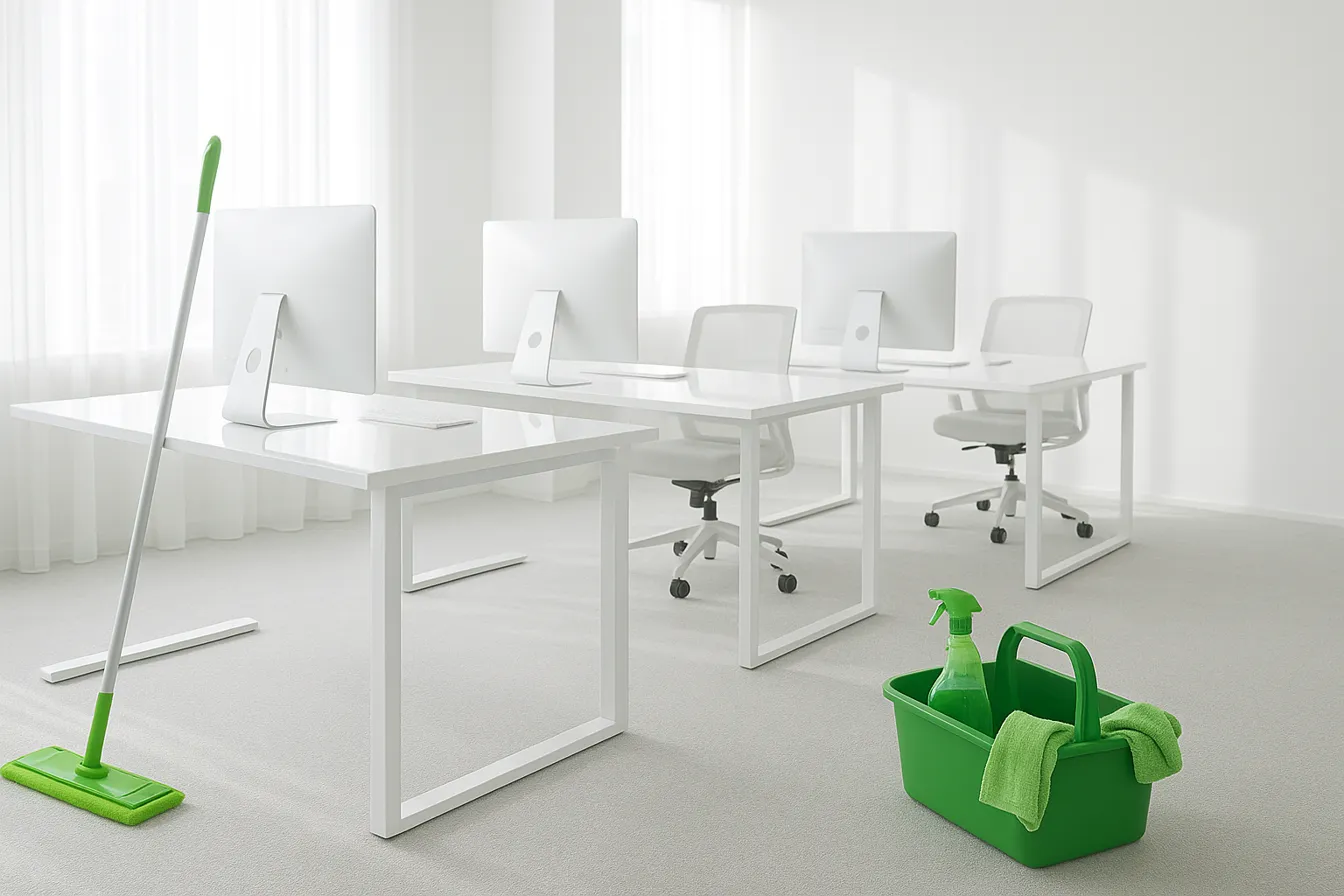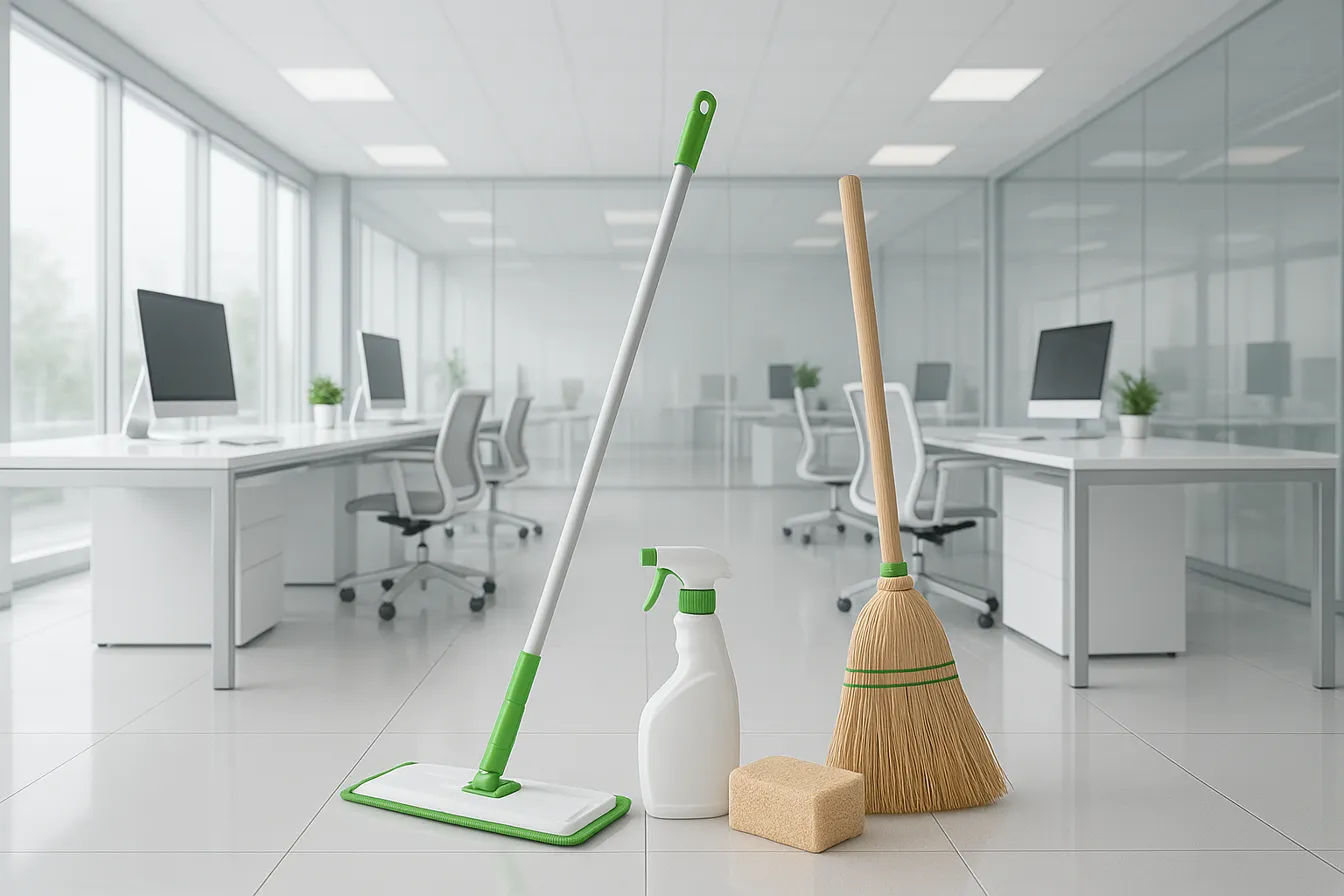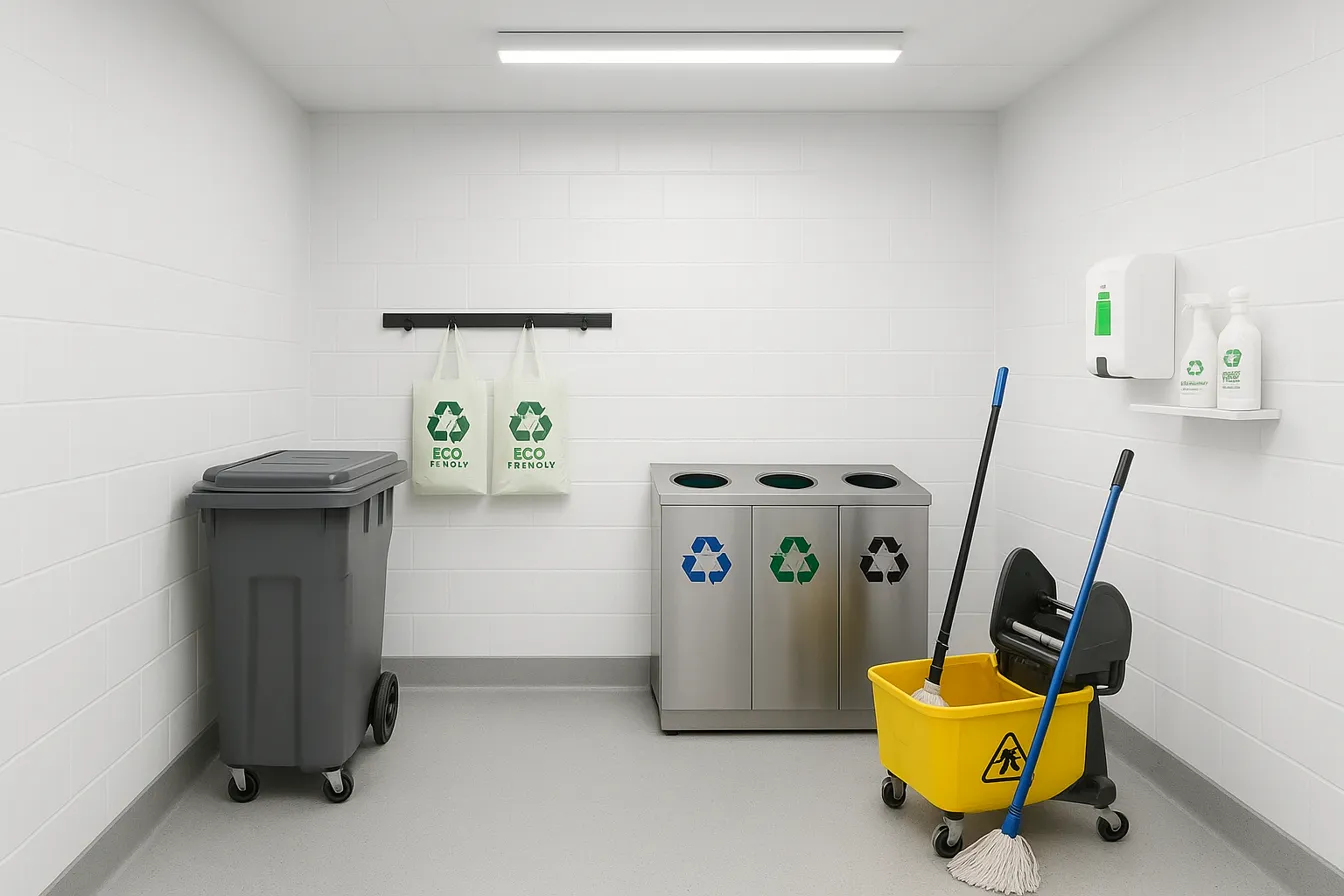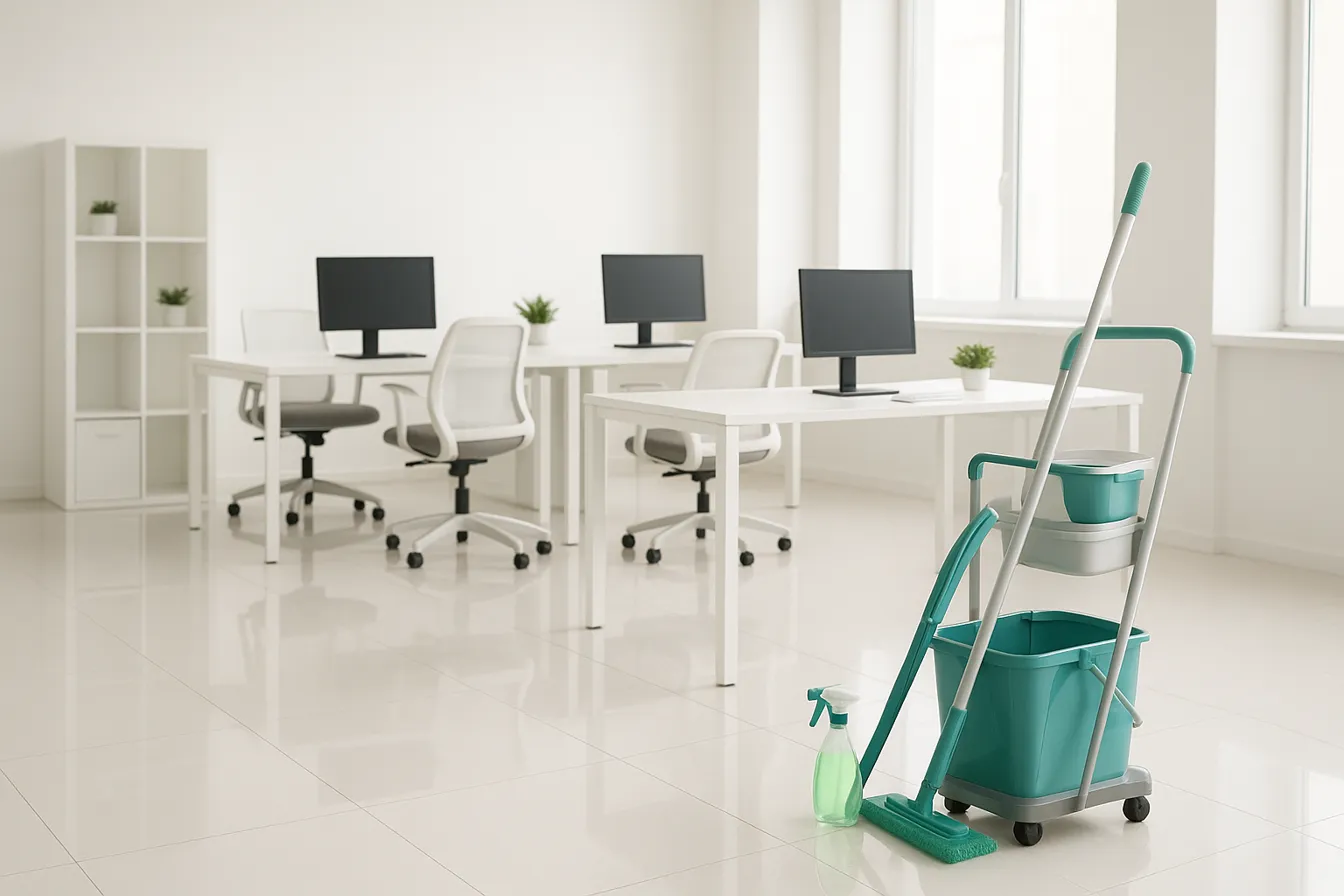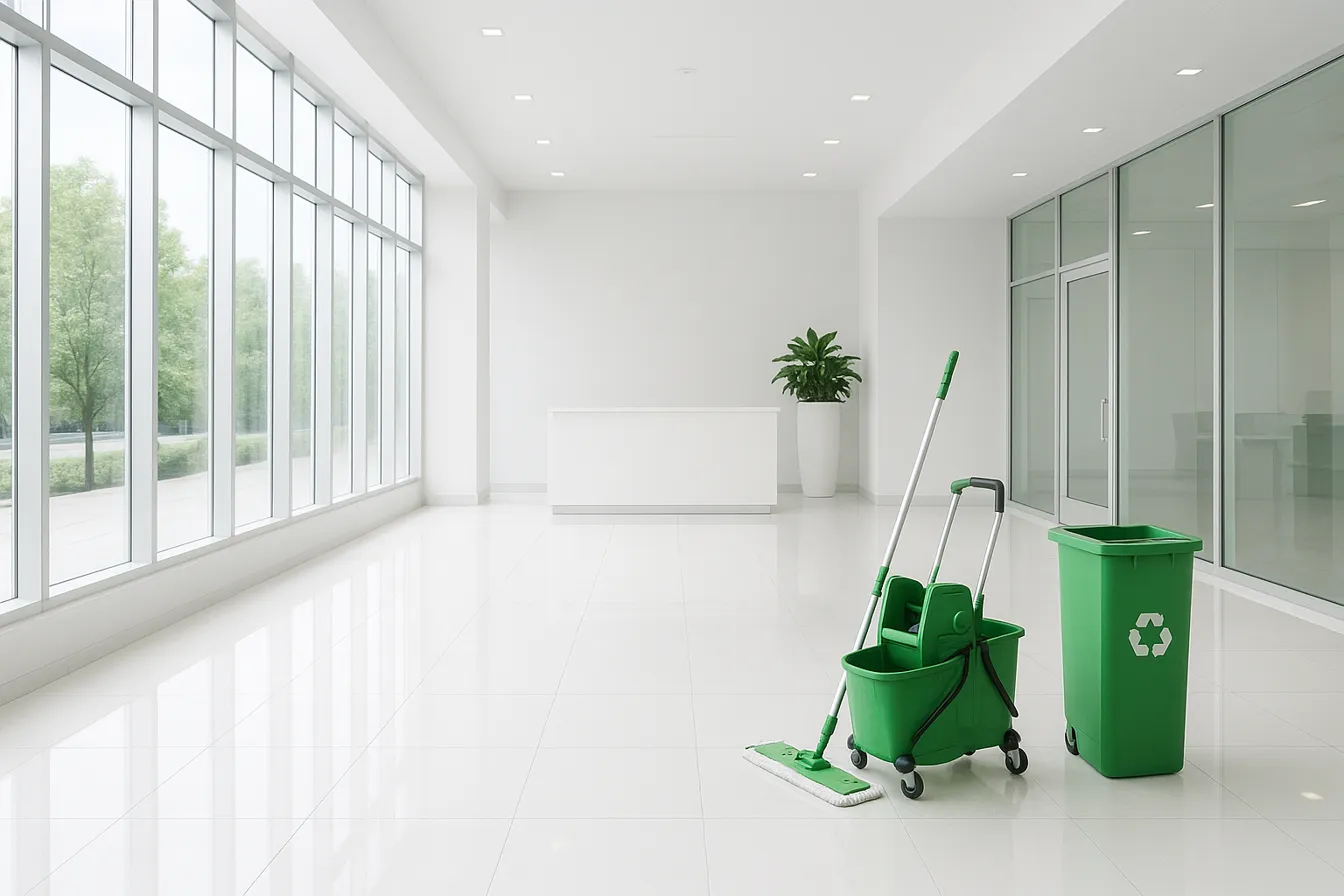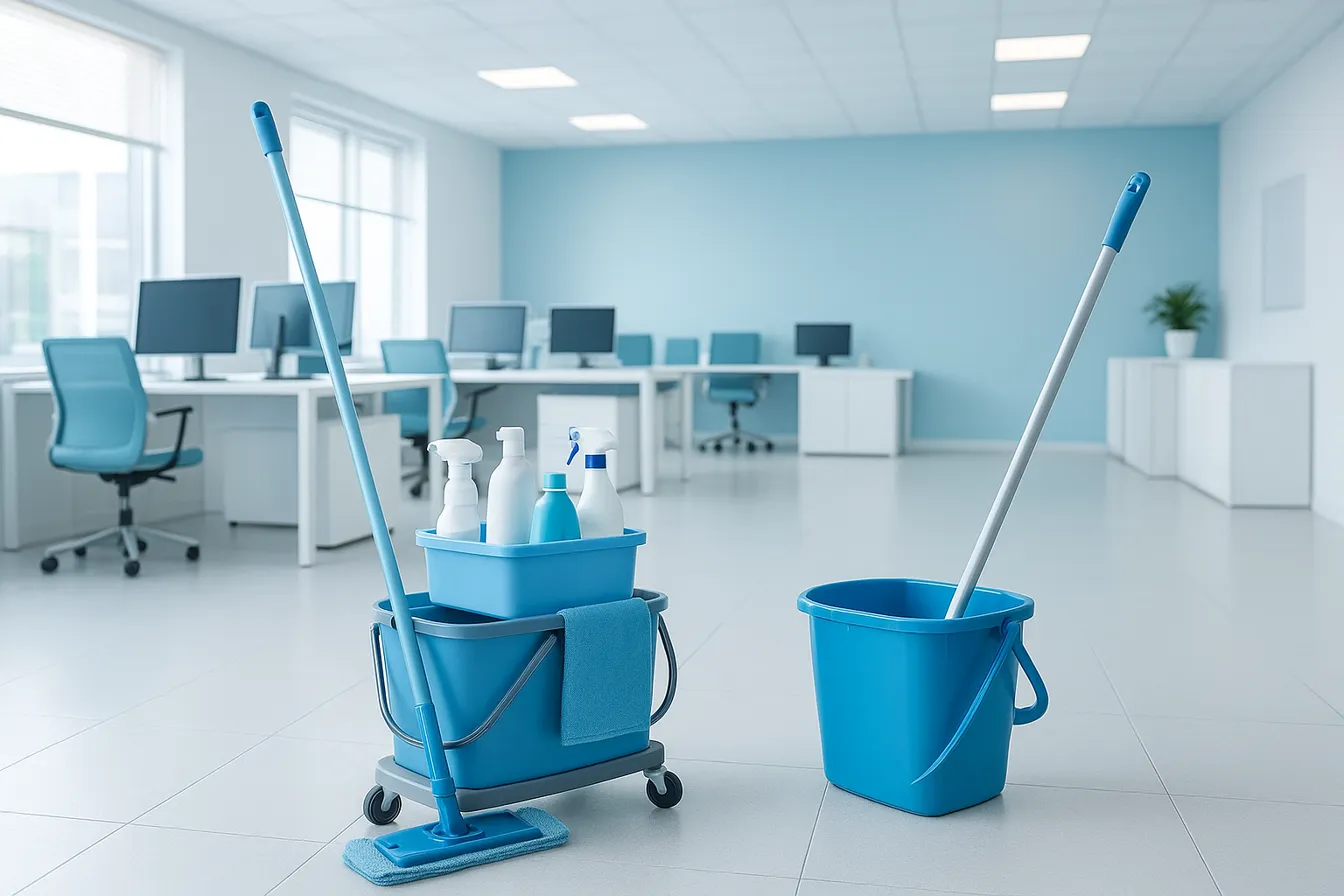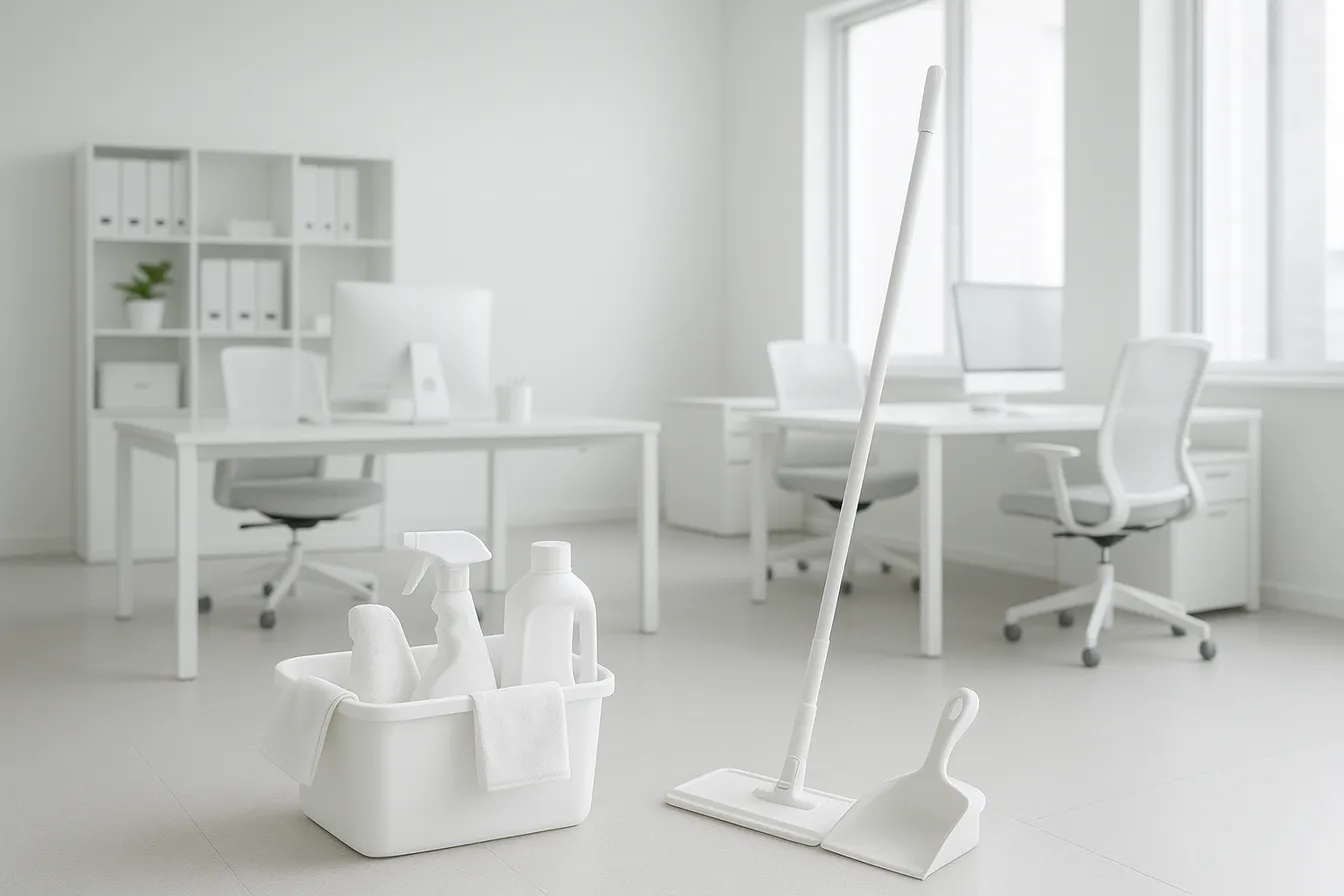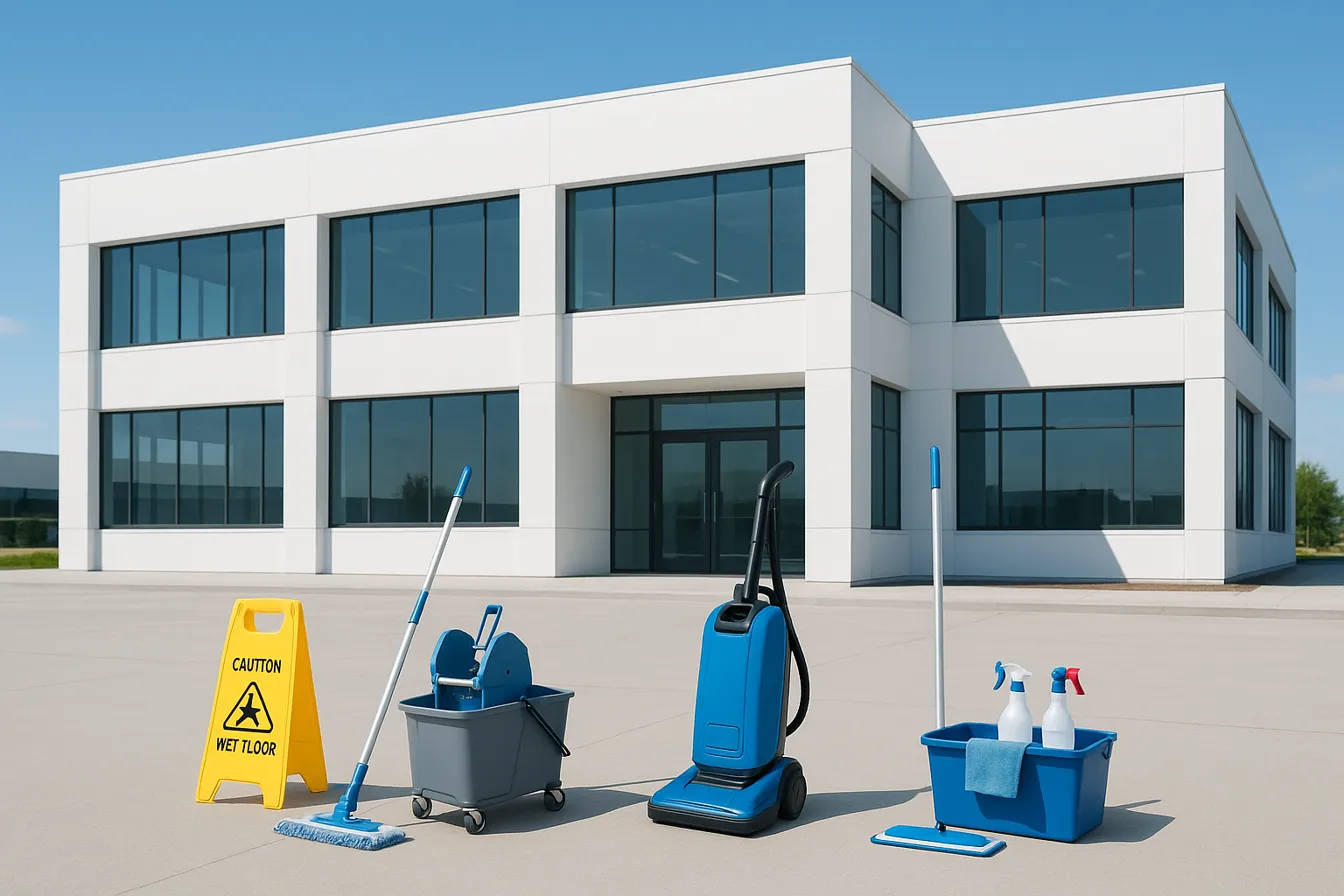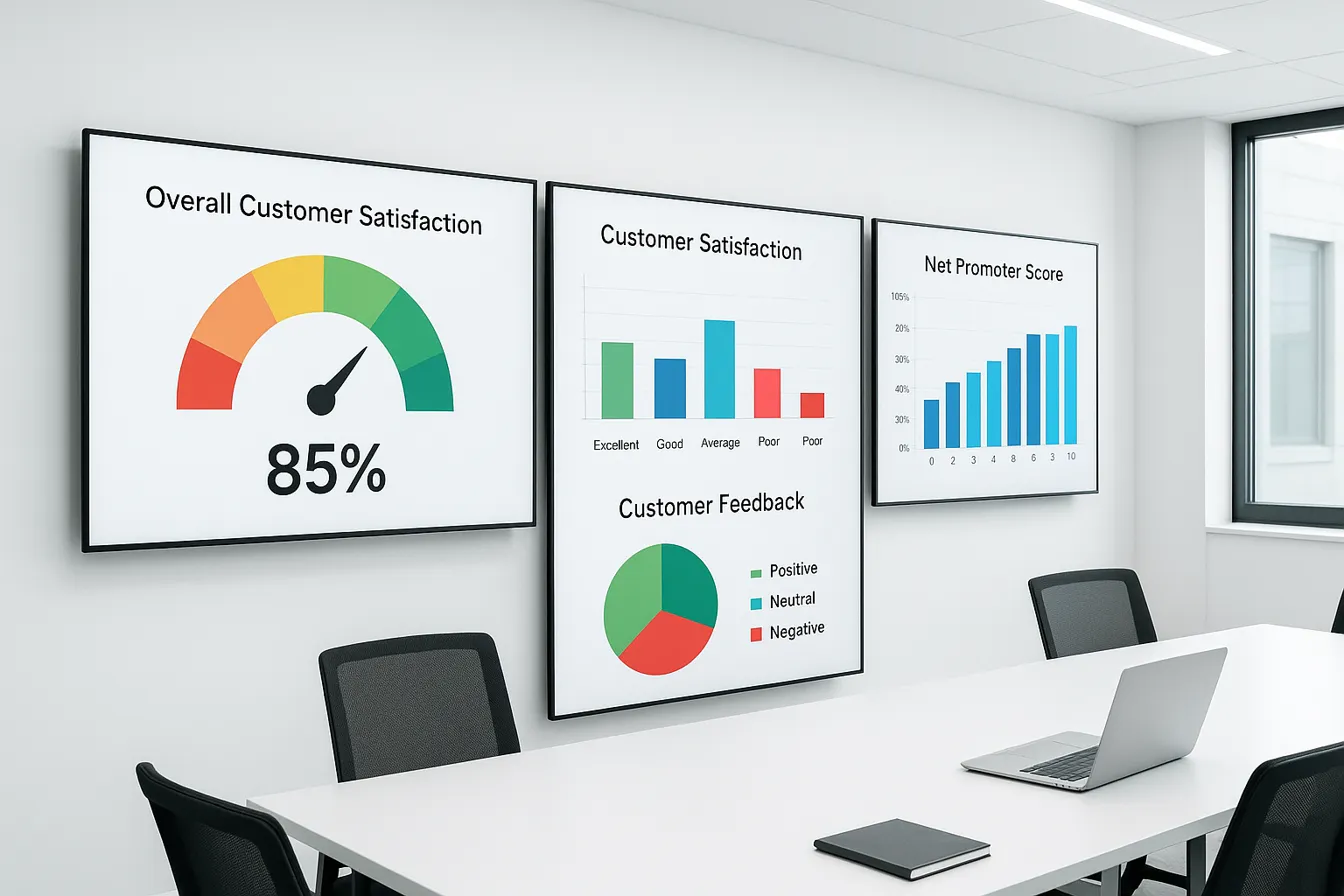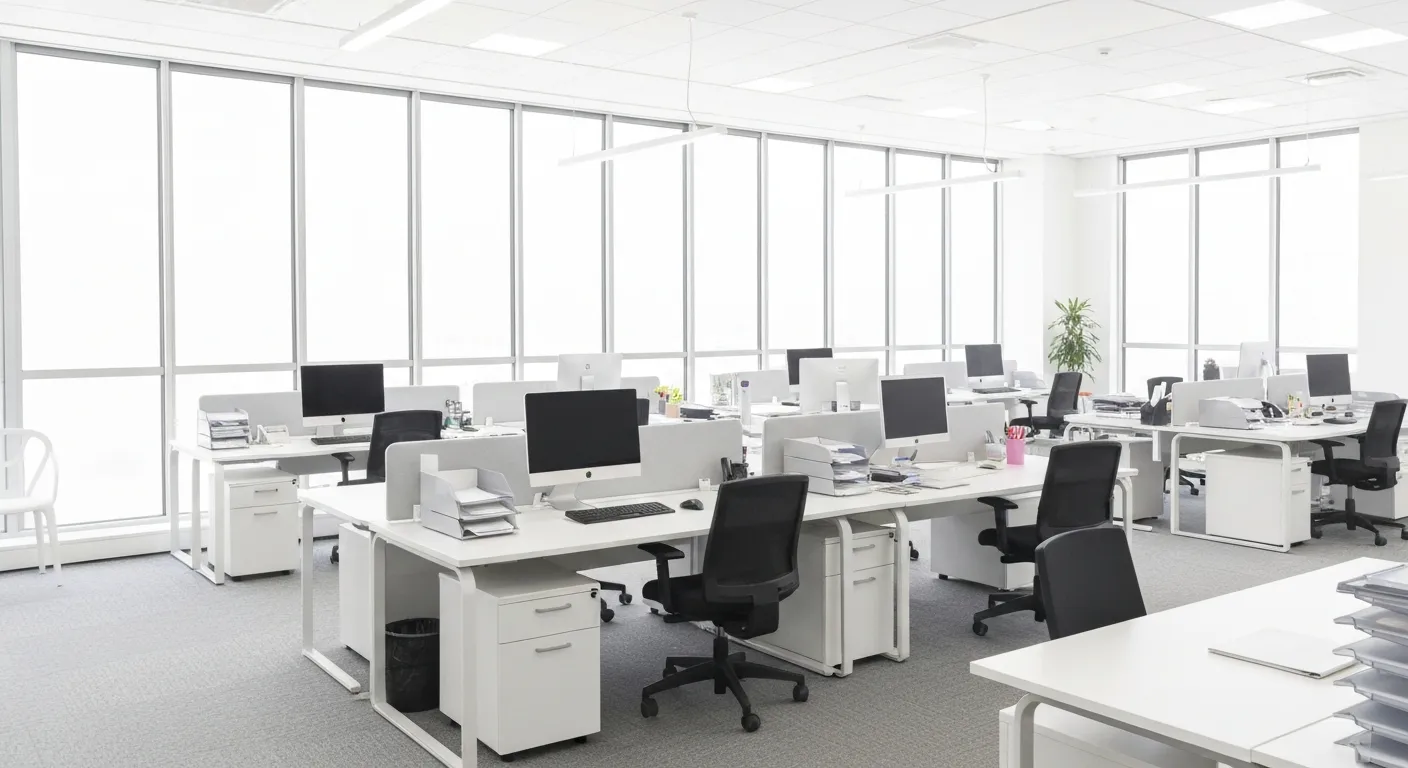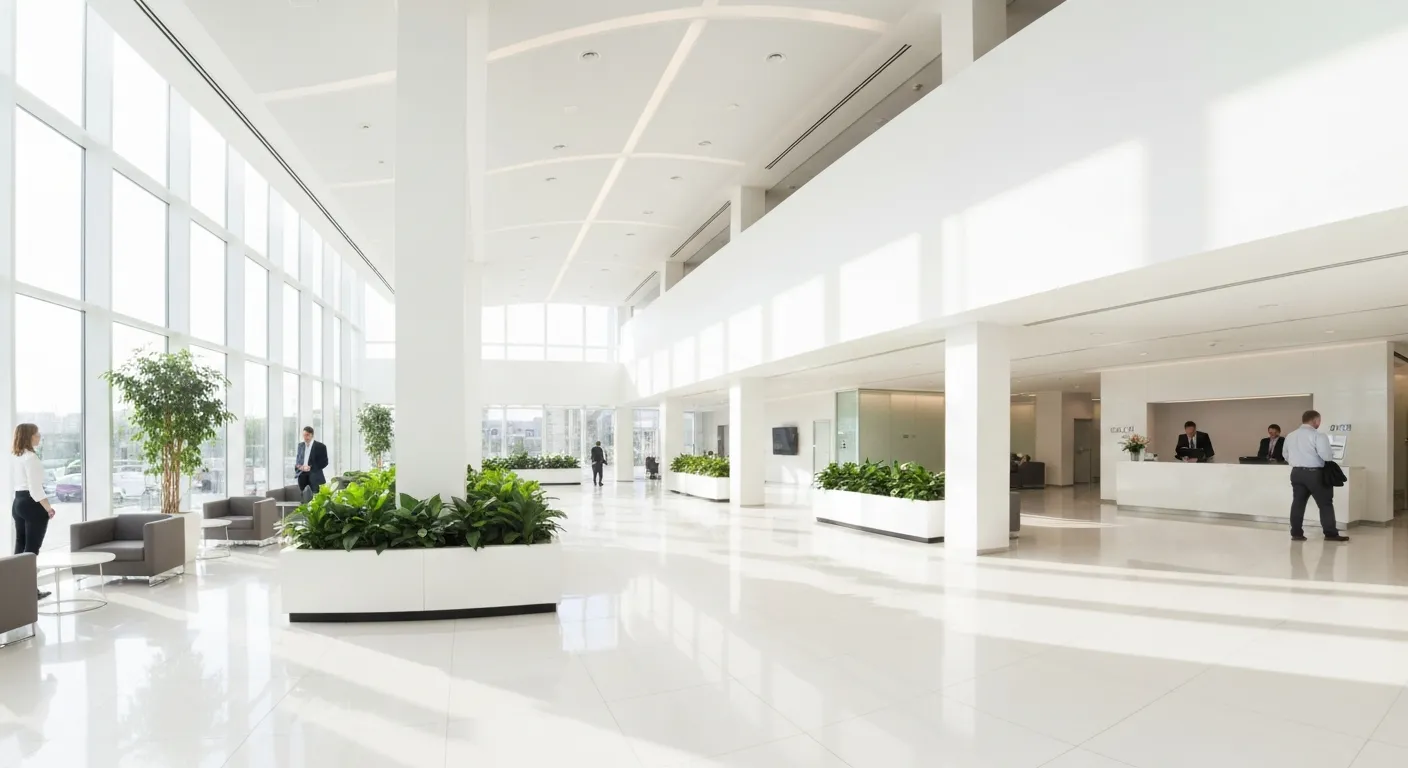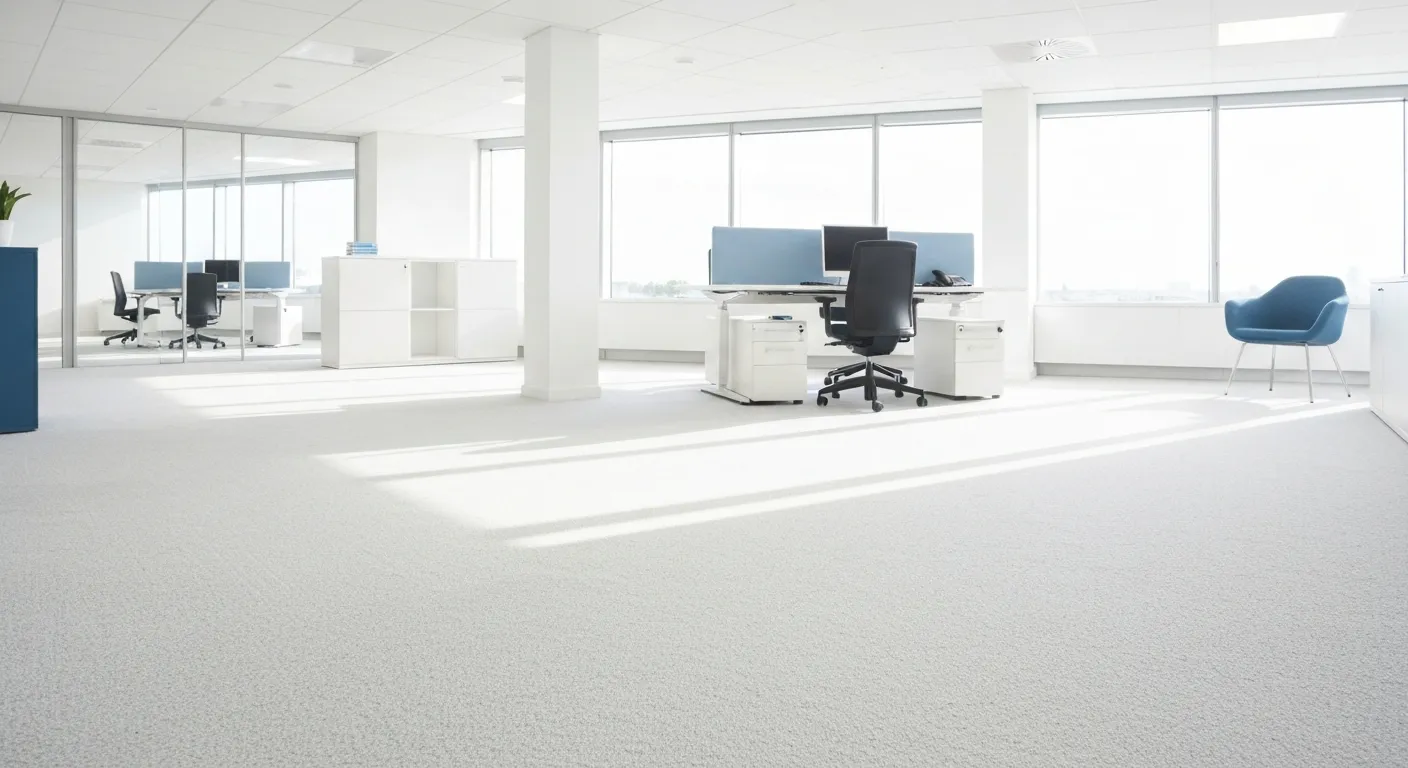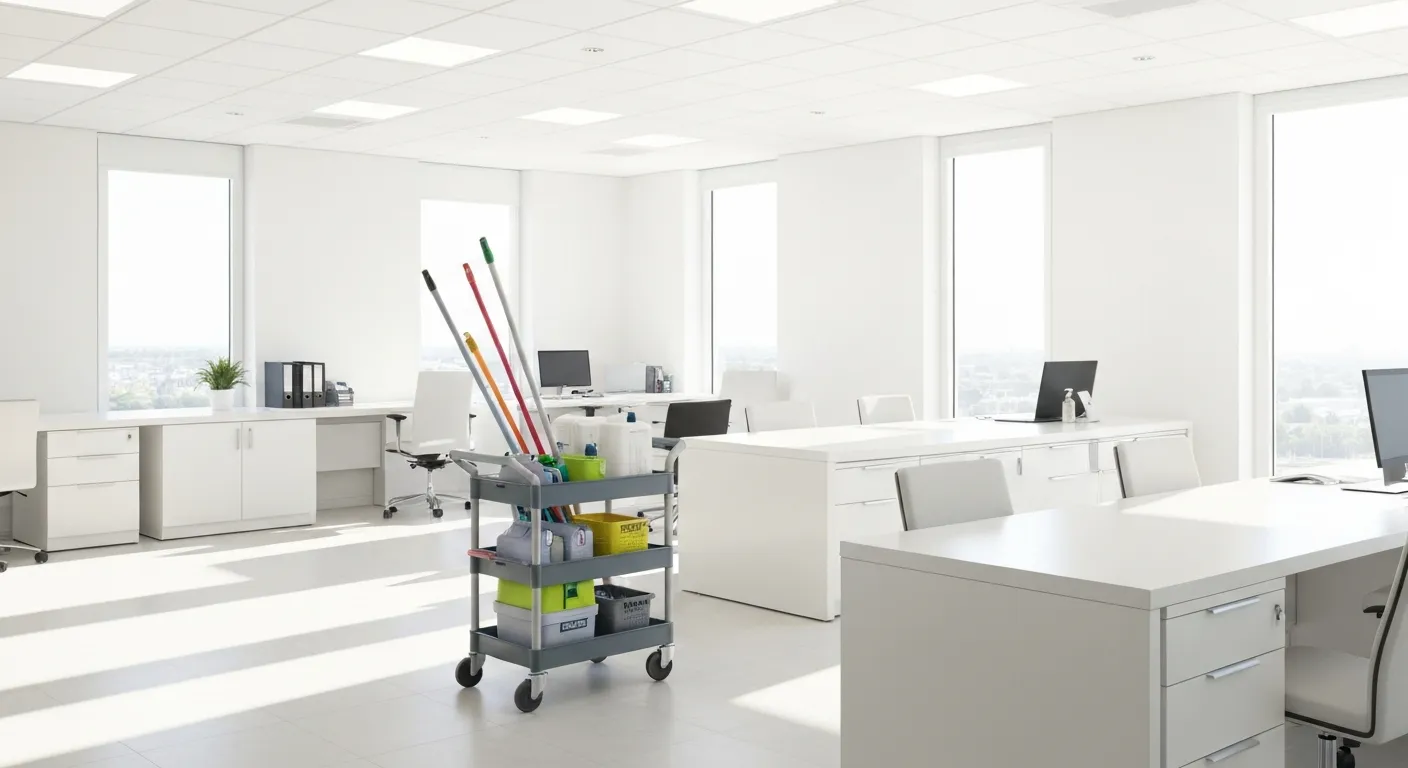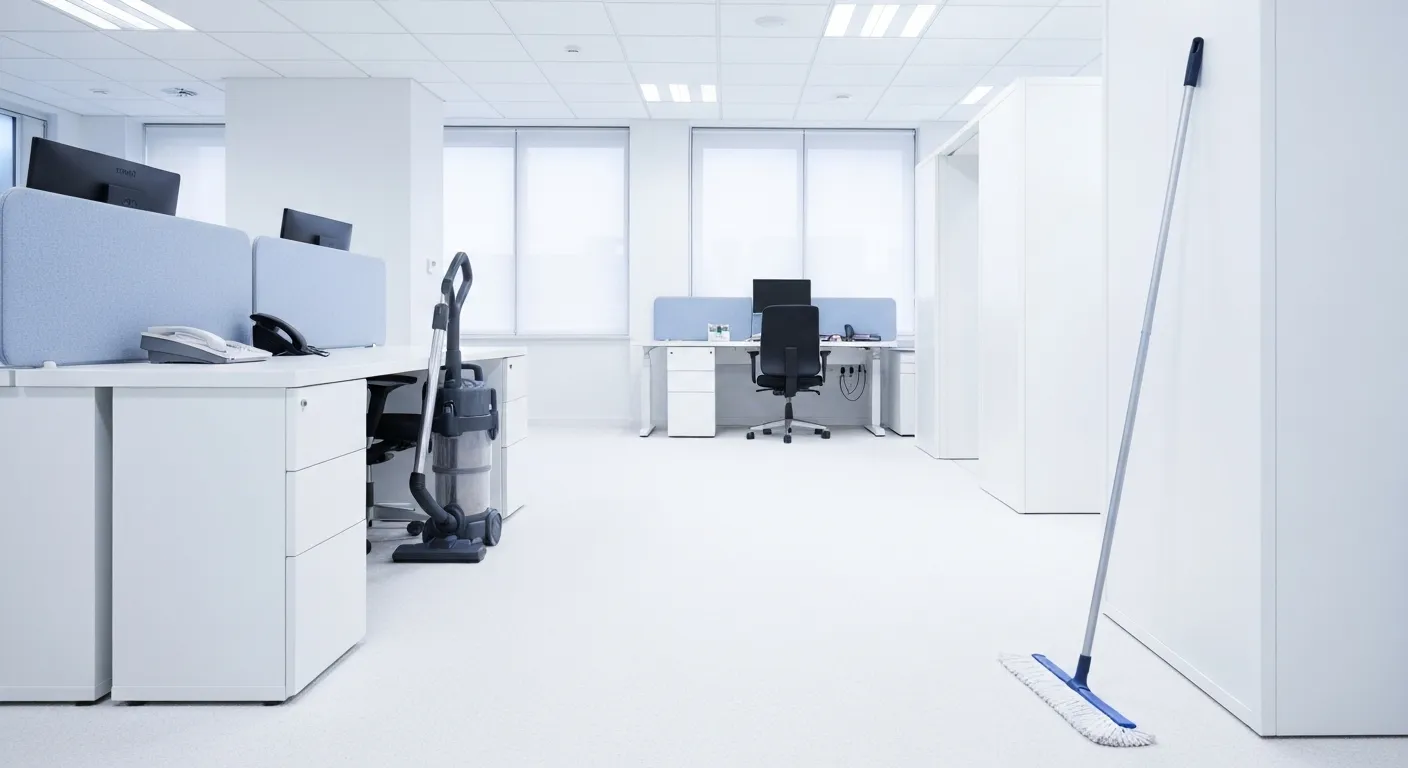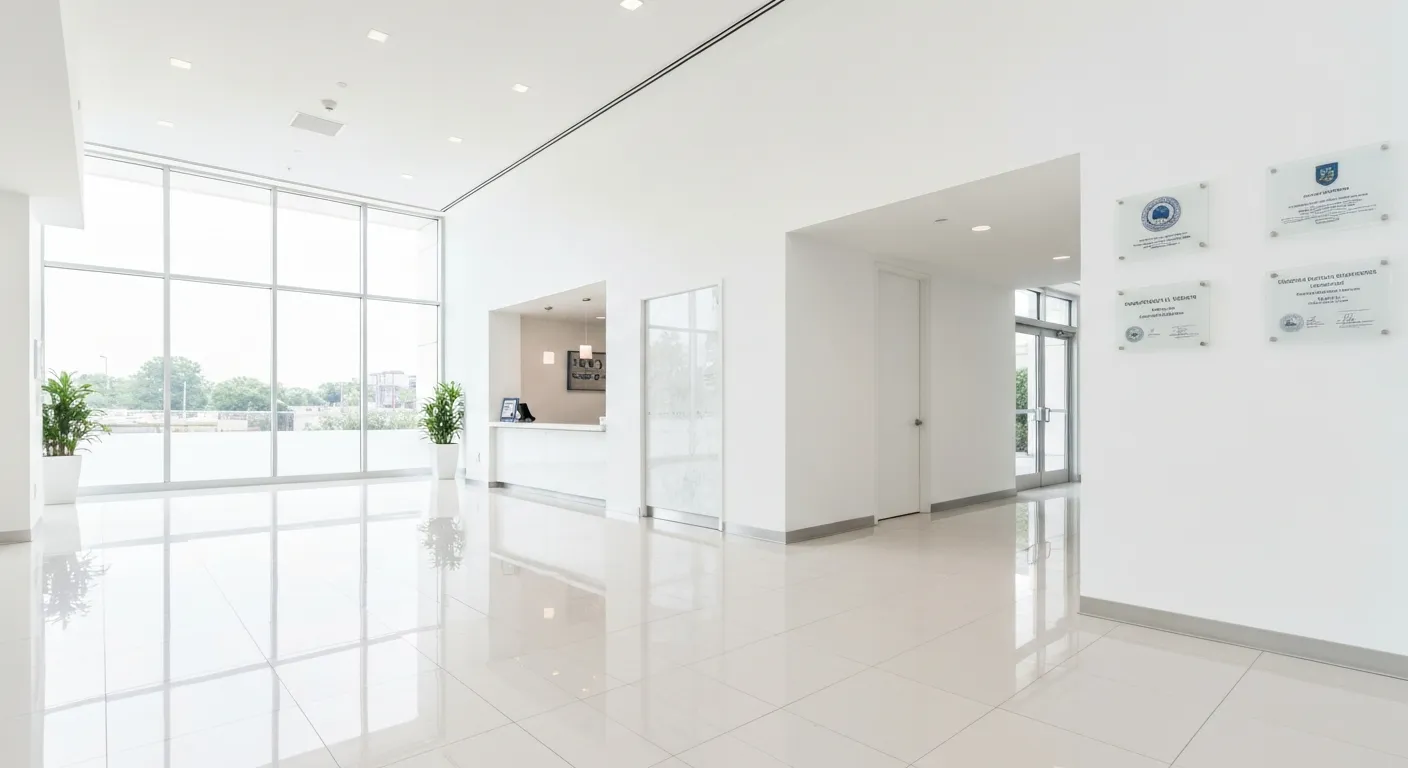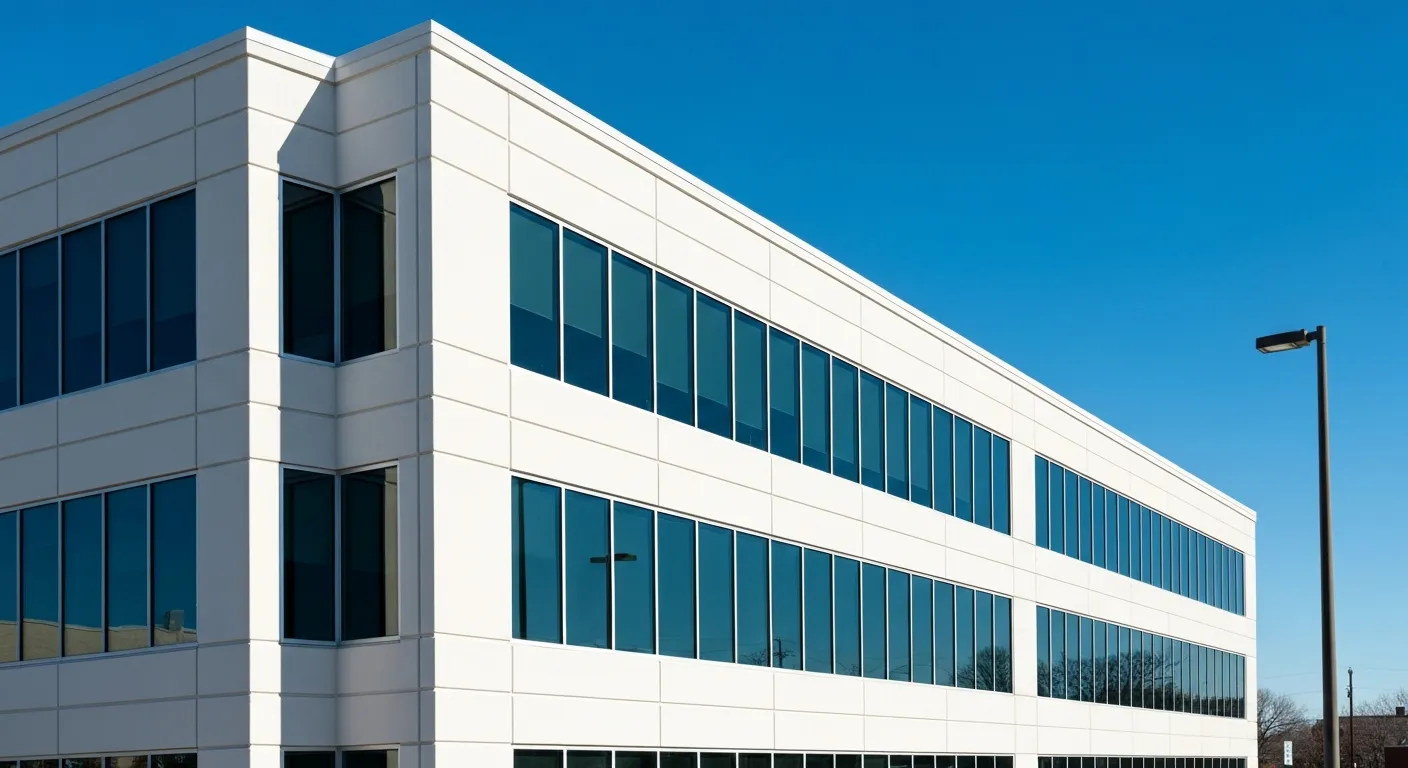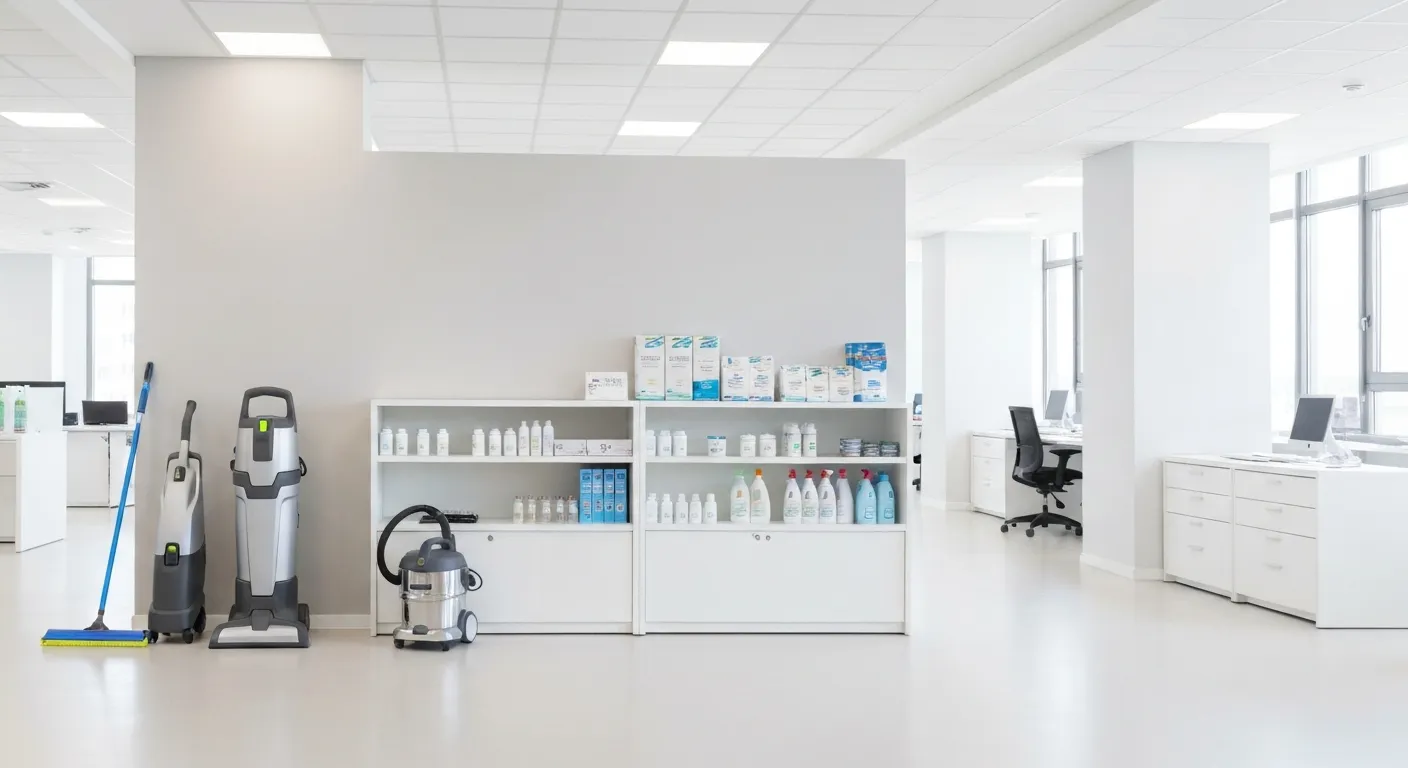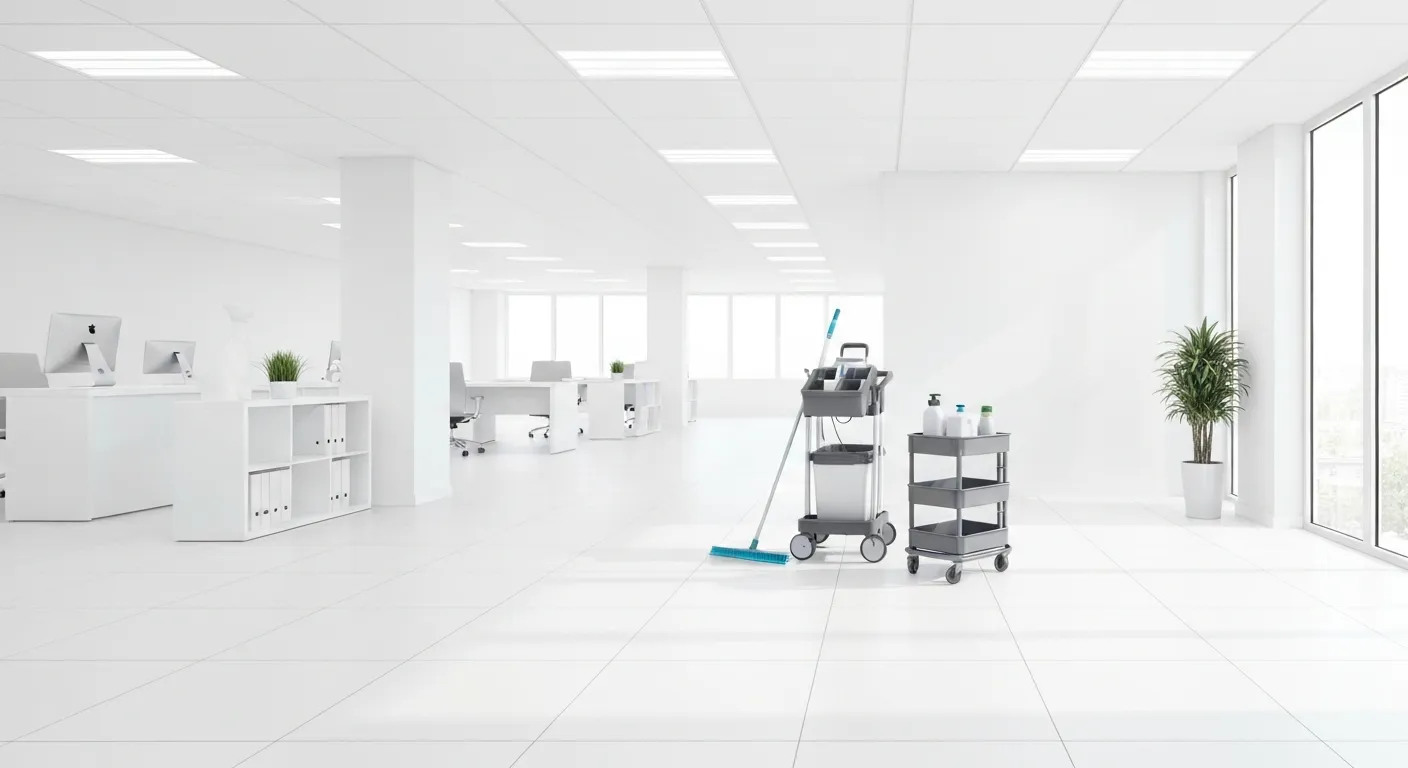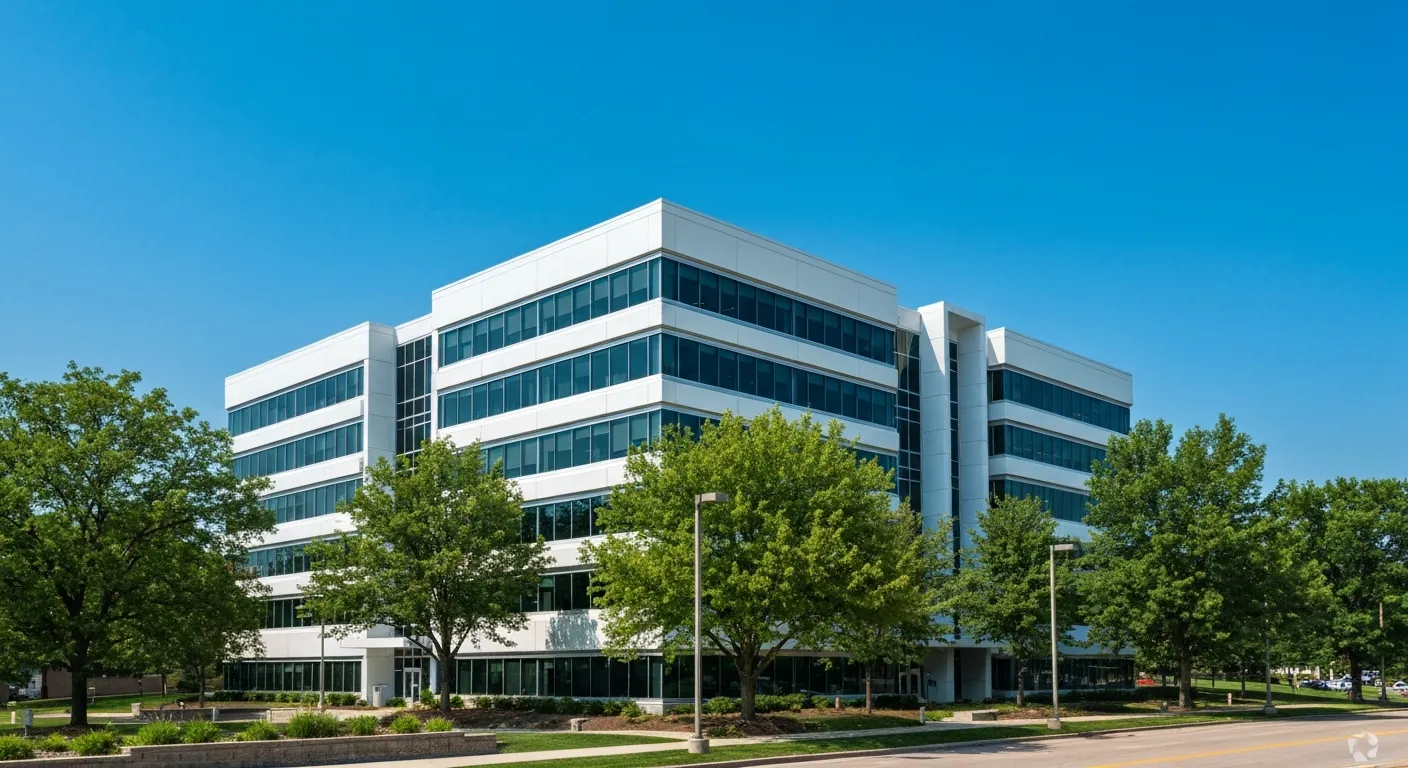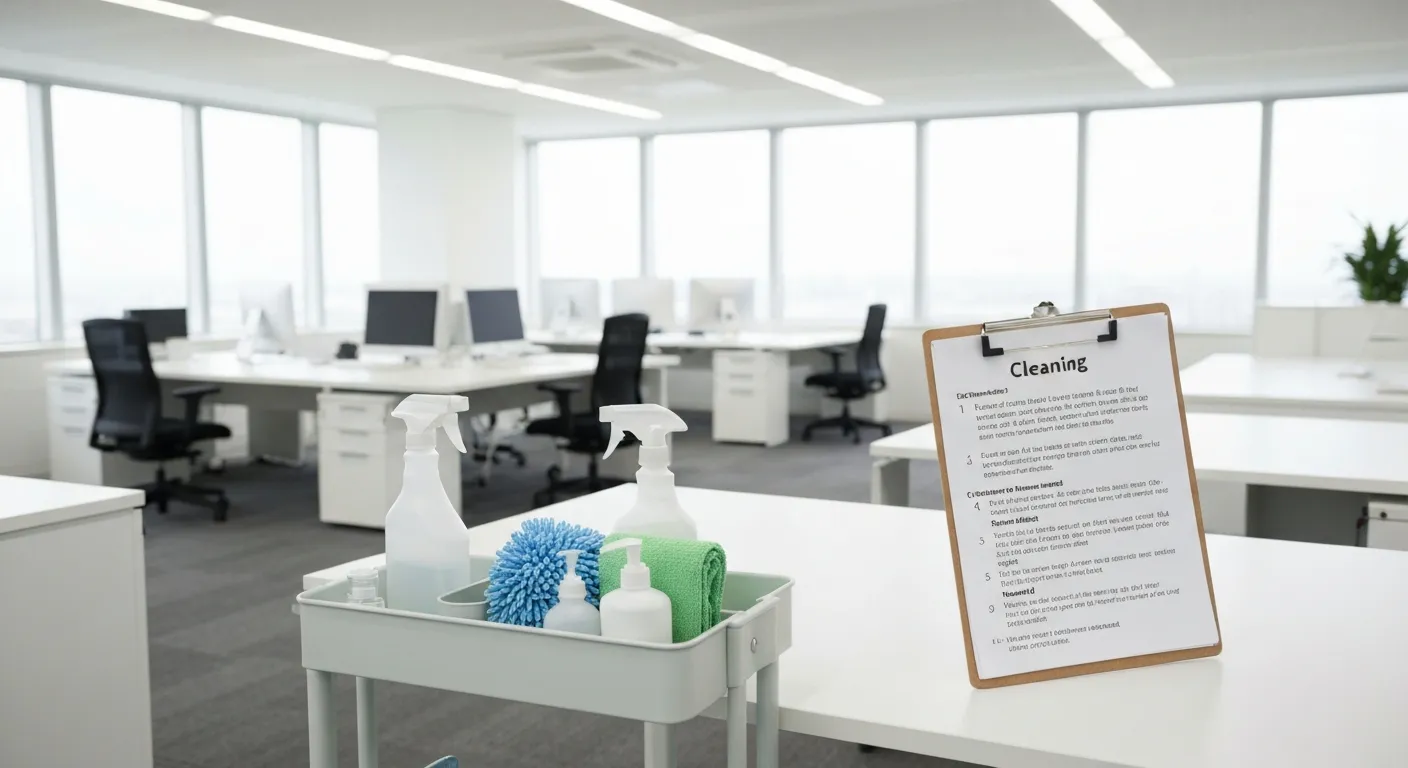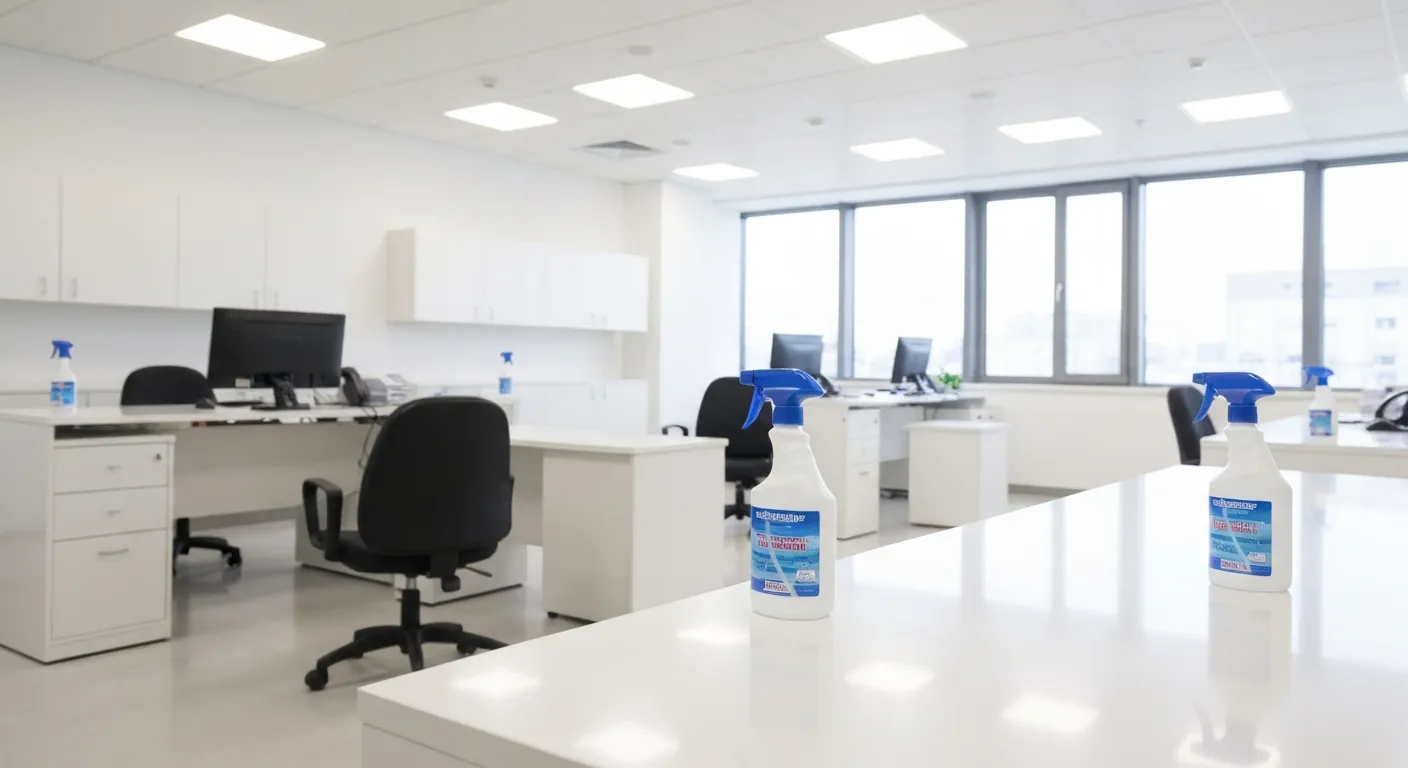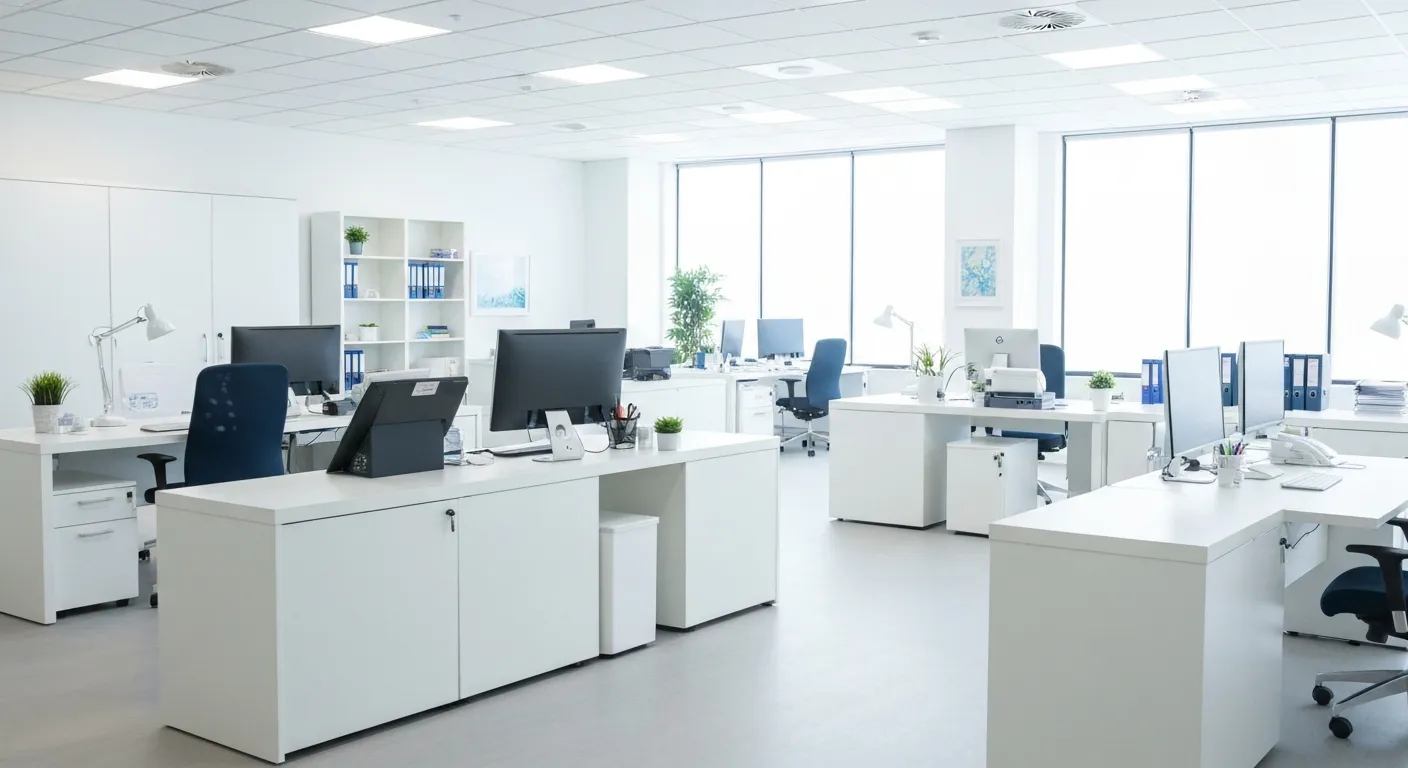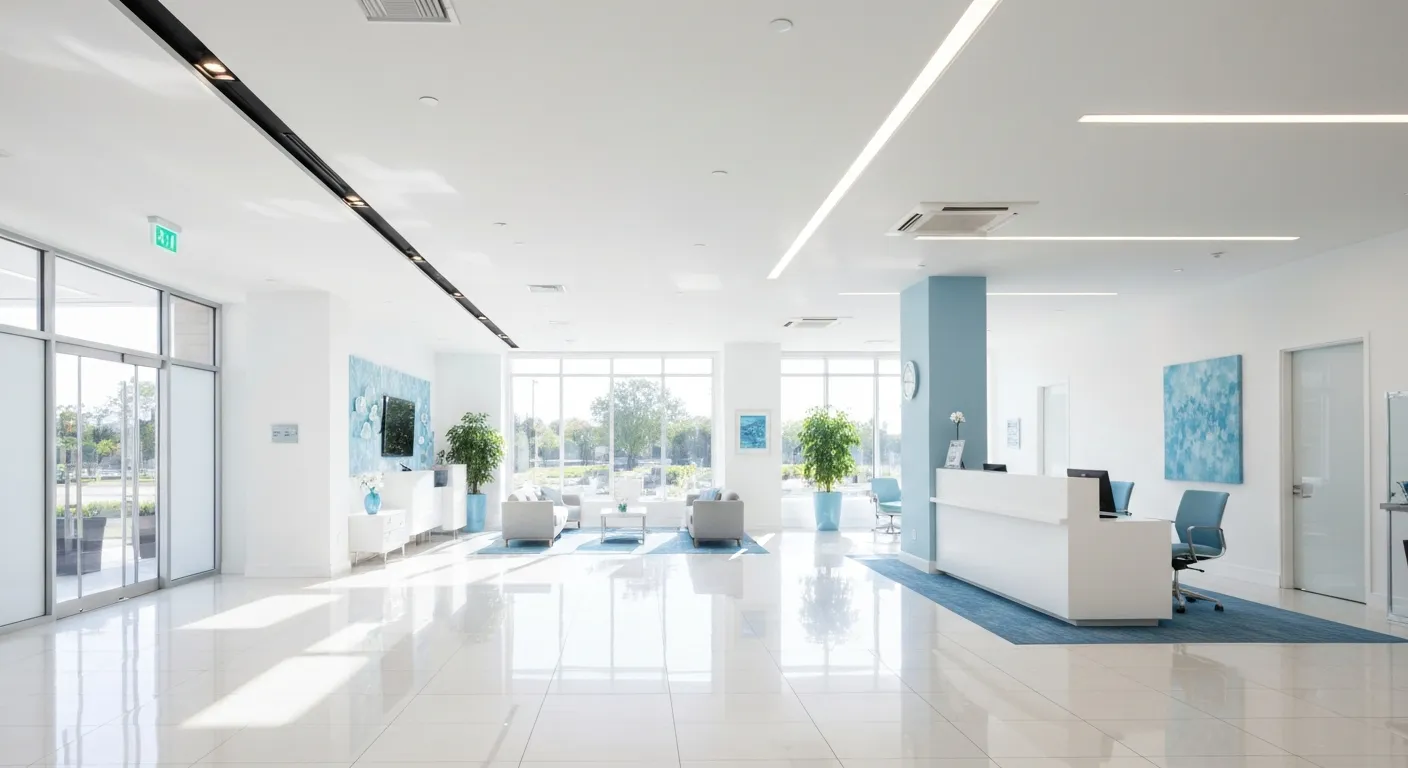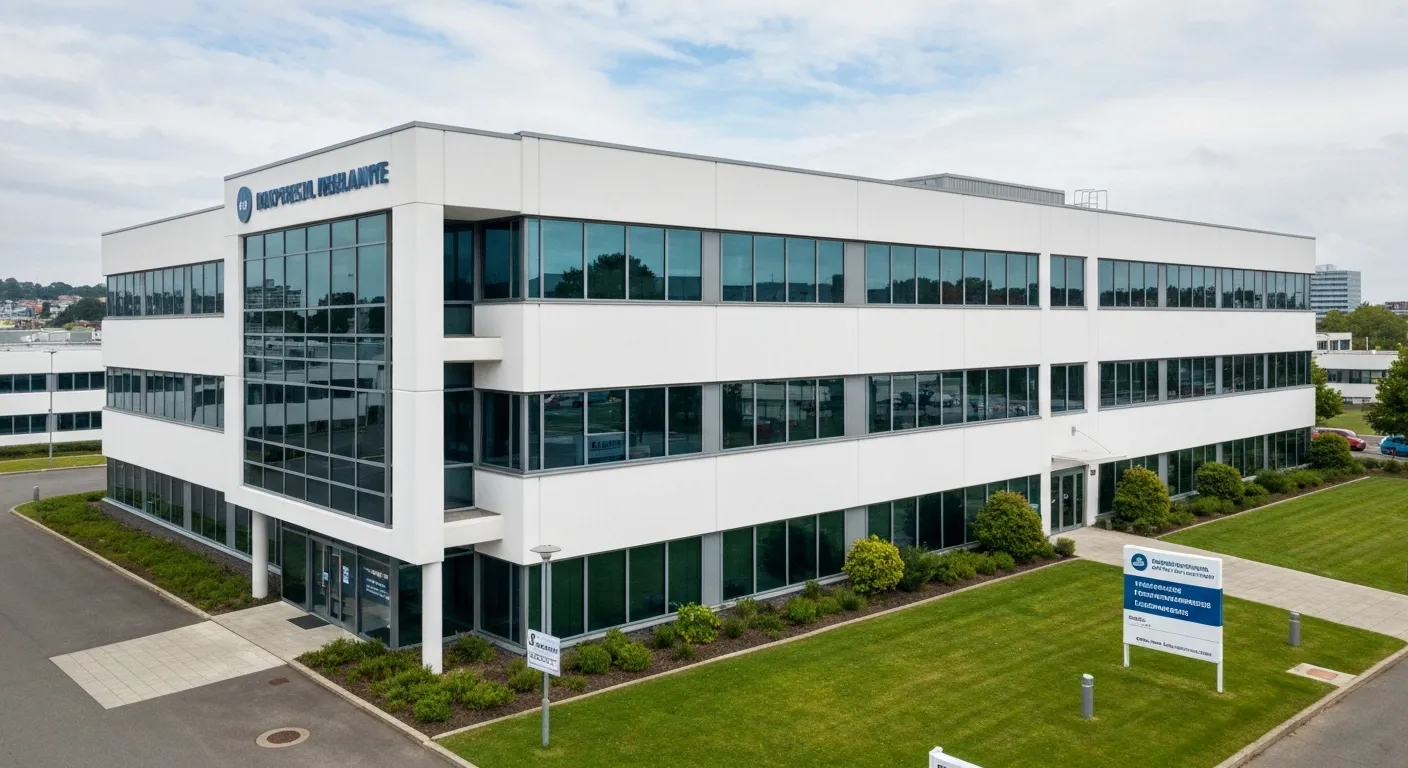Comprehensive Professional Janitorial Services for Your Business
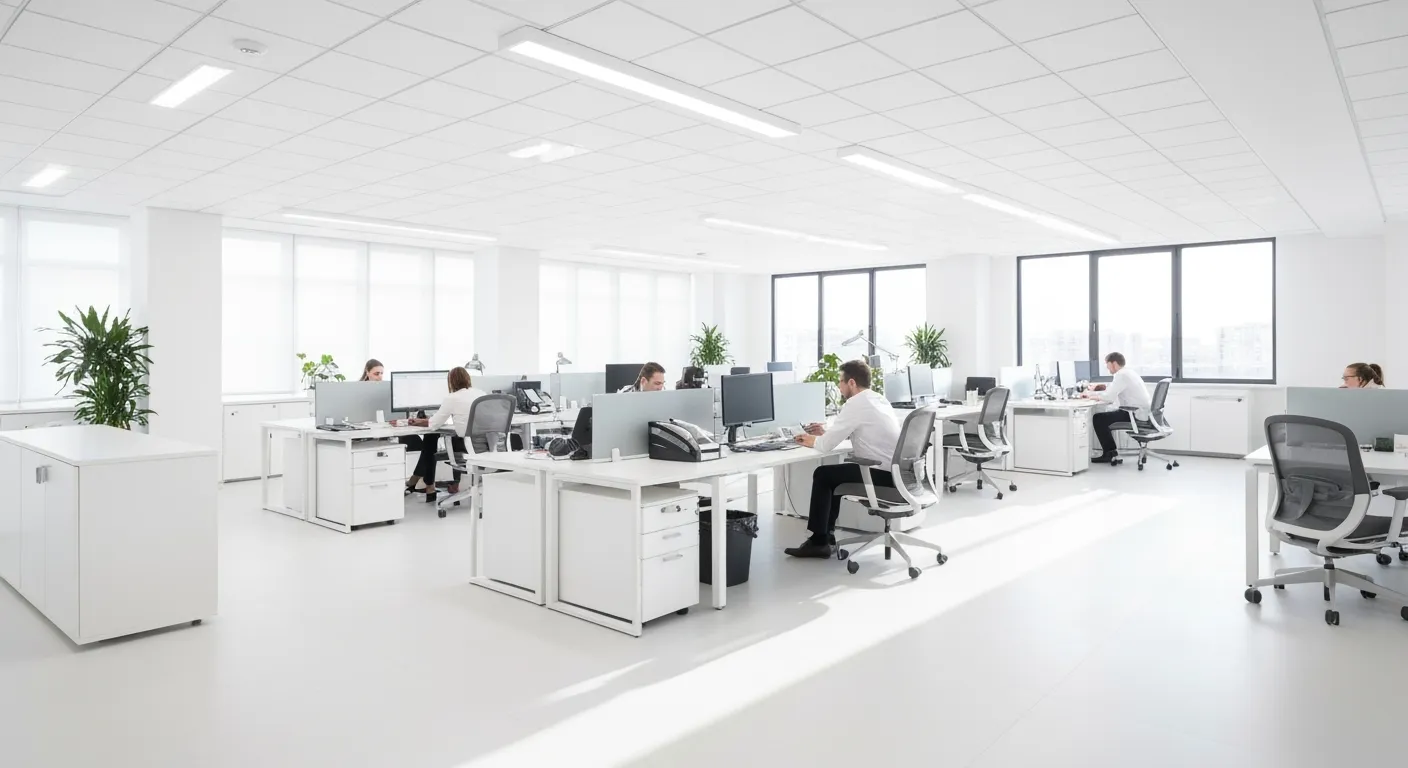
Why Professional Janitorial Services Matter for Your Business
Maintaining a clean, healthy, and welcoming business environment is essential for employee well-being, client impressions, and operational efficiency. Professional janitorial services, particularly those customized to your industry's specific needs, deliver comprehensive solutions that go beyond routine cleaning. This article explores how businesses can identify, evaluate, and benefit from specialized janitorial providers dedicated to sustaining high standards of cleanliness, safety, and environmental responsibility.
Key Attributes of a Reputable Janitorial Service Provider
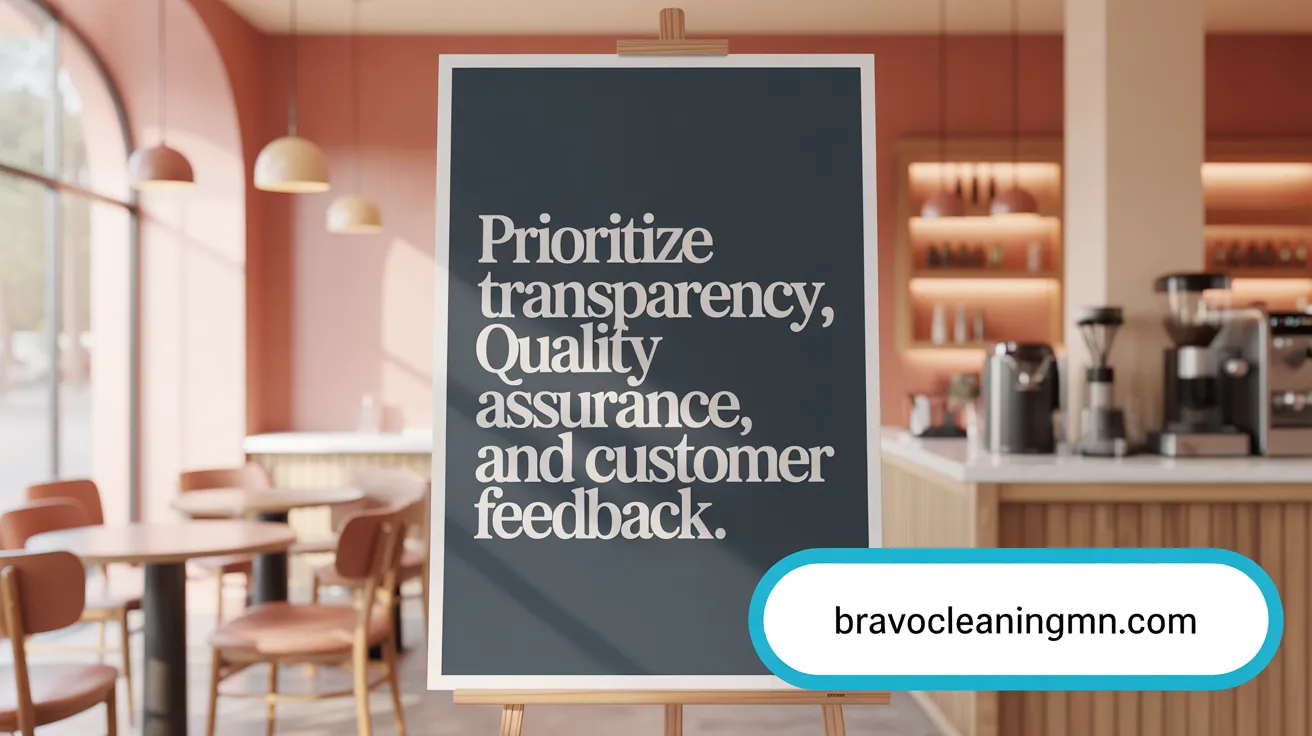
What should businesses look for when choosing a reputable janitorial service provider?
Selecting the right janitorial service is crucial for maintaining a clean, safe, and productive environment. Businesses should focus on providers with extensive industry experience, which indicates familiarity with various cleaning challenges and standards.
An important aspect is staff qualifications. Reputable companies employ trained and certified personnel who undergo thorough background checks, ensuring trustworthy and professional service. The ability to customize service offerings is also vital; flexible providers can adapt to different scheduling needs and specific cleaning requests.
Environmental responsibility is increasingly important. Leading janitorial services incorporate eco-friendly cleaning products and sustainable practices, reducing harm to the environment while maintaining high cleanliness standards.
Certifications and insurance are reliable indicators of a company's credibility. Certifications from industry organizations and adherence to standards set by agencies like CDC, OSHA, and EPA demonstrate professionalism. Insurance coverage protects clients from potential liabilities.
Customer feedback offers valuable insights. Reviewing testimonials, references, and online reviews can reveal the company's track record for quality, reliability, and customer service.
Transparency in pricing and contracts helps prevent misunderstandings. Reputable providers offer clear, detailed quotes and agreements outlining services, costs, and expectations.
Finally, quality assurance procedures, such as regular inspections and feedback systems, ensure consistent service excellence. A trustworthy janitorial partner combines these traits to deliver effective, reliable cleaning solutions tailored to your business needs.
Comparing Professional Cleaning Providers: What to Consider
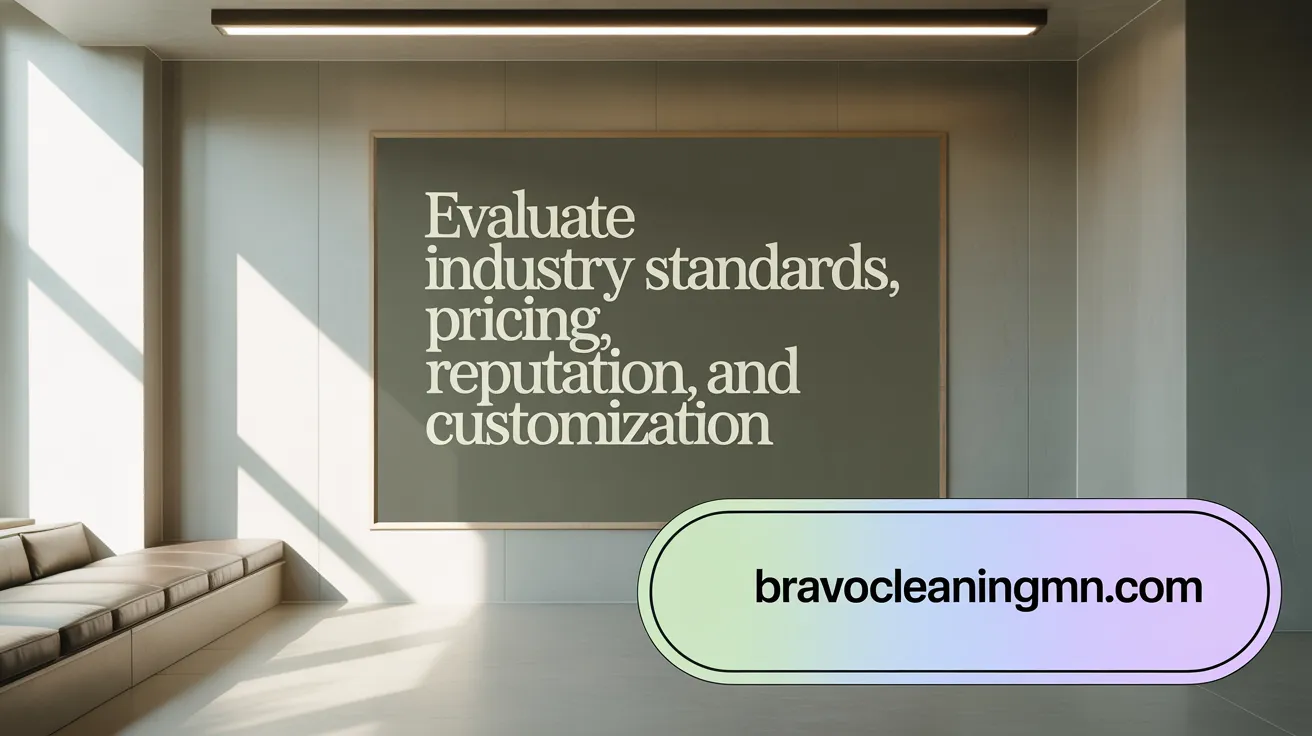
When seeking a professional cleaning provider, businesses need to carefully compare options to ensure they select a reliable and efficient partner. One of the first aspects to evaluate is whether the provider adheres to industry best practices. This includes systematic hiring procedures, thorough screening of employees, and comprehensive training programs to maintain high service standards.
Quality assurance is another crucial factor. Reputable providers often conduct regular inspections and may hold certifications like the Cleaning Industry Management Standard (CIMS) to demonstrate their commitment to quality.
Transparent pricing structures allow businesses to understand exactly what services are included and help prevent unexpected costs. Comparing quotes should also involve assessing the overall value offered, rather than merely choosing the lowest price.
Customer feedback and reputation serve as vital indicators of reliability. Reviewing reviews and testimonials provides insight into the provider’s performance, consistency, and customer satisfaction levels.
Verifying credentials, insurance coverage, and compliance with relevant regulations further ensures professionalism and accountability. It’s important that the provider meets all safety and environmental standards.
Effective communication and responsiveness are signs of a dependable partner. Companies should assess if the provider is flexible, willing to customize services, and quick to address concerns or requests.
Service customization according to your specific needs, whether for a commercial office, healthcare facility, or industrial space, is essential for optimal results. Lastly, considering the provider’s emphasis on health, safety, and sustainable practices—including the use of eco-friendly cleaning products and modern technology—can contribute to a healthier environment and higher standard of service.
| Aspect | Why It Matters | How to Evaluate |
|---|---|---|
| Industry standards | Ensures high-quality, consistent cleaning | Check for certifications like CIMS, industry awards |
| Pricing transparency | Helps assess value and budget planning | Request detailed quotes, understand included services |
| Customer reputation | Reflects real-world experiences and reliability | Review online feedback and ask for references |
| Credentials and compliance | Ensures legal and safety standards are met | Verify licenses, insurance, and safety protocols |
| Communication & responsiveness | Facilitates smooth service delivery | Test provider's response time and clarity of communication |
| Service flexibility | Matches specific business needs | Discuss customizable options beforehand |
| Sustainability focus | Promotes health and environmental responsibility | Inquire about eco-friendly products and new technology |
By thoroughly considering these aspects, businesses can select a professional cleaning service that aligns with their standards and requirements, securing a clean and healthy workspace.
Comprehensive Janitorial Services Tailored for Commercial Properties
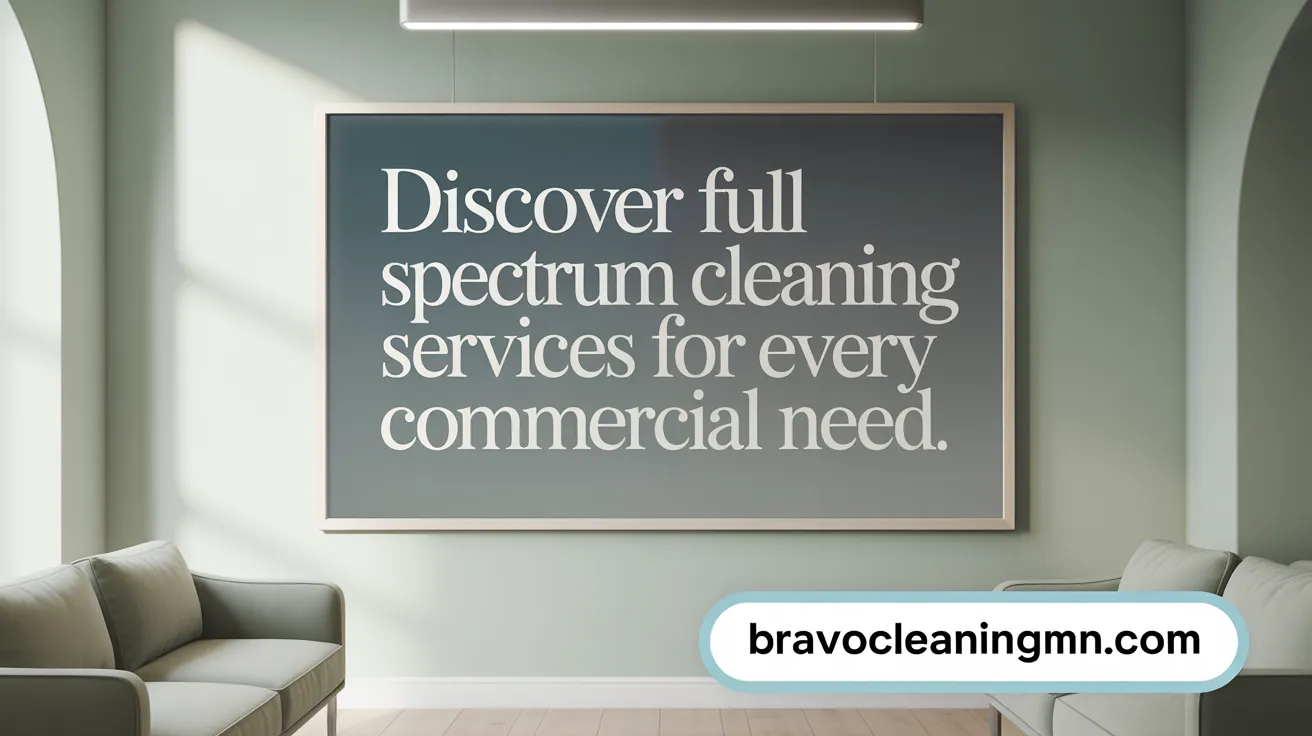
What comprises comprehensive janitorial services for commercial properties?
Comprehensive janitorial services for commercial properties include a broad spectrum of cleaning and maintenance tasks designed to keep buildings sanitary, safe, and visually appealing. These services are customized to meet the specific needs of different industries and property types.
Standard cleaning tasks typically involve routine office cleaning, which includes dusting desks, vacuuming carpets, and cleaning surfaces. Restroom sanitation is a crucial part of these services, ensuring restrooms are hygienic, stocked with supplies, and odor-free. Trash removal involves emptying waste bins regularly and disposing of waste responsibly.
Window washing enhances the property's appearance by maintaining clear, streak-free glass surfaces, while floor care involves sweeping, mopping, and polishing to prolong the life of flooring materials. Floor maintenance may also include scheduled deep cleaning techniques like stripping, waxing, and buffing.
In addition to these essentials, many janitorial providers offer specialized services such as carpet cleaning, which may involve steam extraction or dry cleaning methods to remove deep-seated dirt and stains. Post-construction cleanup is another key service, focusing on thorough debris removal and surface restoration after renovations.
Modern janitorial companies prioritize sustainability by using eco-friendly cleaning products and advanced technologies like HEPA-filter vacuums and automated equipment. Staff training and certification ensure high standards in service delivery.
Quality assurance is fundamental. Regular on-site inspections, performance reviews, and customized cleaning plans help maintain consistent standards and meet client expectations. This comprehensive approach guarantees that commercial properties remain clean, healthy, and inviting for employees, clients, and visitors alike.
Evaluating the Scope, Quality, and Suitability of Janitorial Services

When selecting a janitorial service, it’s essential for businesses to carefully assess whether the provider meets their specific needs. This process begins with clearly defining the cleaning requirements. For instance, consider the size of the facility, types of surfaces, industry-specific standards, and any specialized cleaning tasks such as sanitation or eco-friendly practices.
Once needs are outlined, reviewing service agreements and contracts becomes vital. Businesses should ensure the scope of services, frequency, and responsibilities are detailed, leaving no ambiguity. Requesting references and testimonials from past or current clients provides insight into the provider’s reliability and quality of service. Additionally, inspecting past work or obtaining case studies can verify their performance.
Assessing the industry experience and licensing of the cleaning company is another crucial step. Confirm that the provider has proper licensing, adequate insurance coverage, and compliance with health and safety regulations. Employee screening processes and ongoing safety training also play a role in ensuring high standards and safety for your staff and customers.
Cost considerations are important but should be balanced with value. Comparing pricing structures while taking into account the scope of services offered, eco-friendly product use, and response times helps determine true value over mere cost. It’s essential to choose providers who prioritize quality and flexibility.
Regular monitoring of cleaning performance is necessary to maintain standards. This can include conducting periodic inspections, setting performance metrics such as Key Performance Indicators (KPIs), and gathering customer feedback. These measures help identify areas for improvement and ensure the service remains aligned with your expectations. Additionally, fostering open communication enables the business to adapt cleaning protocols based on evolving needs.
In summary, a thorough evaluation process encompassing needs assessment, thorough vetting, performance monitoring, and feedback integration ensures that a janitorial service provider is suitable, reliable, and capable of maintaining high standards tailored to your business requirements.
Advantages of Customized Janitorial Solutions and Service Management
What are the benefits of professional, customized janitorial cleaning solutions and service management?
Tailoring cleaning plans to fit the specific needs of an organization ensures that every space is maintained at the highest standards of cleanliness. These customized services can target areas prone to allergens or germs, thereby reducing health risks and preventing the spread of illnesses like COVID-19.
Supporting sustainability goals is another advantage. Many providers use environmentally preferred products and practices, helping organizations reduce their carbon footprint while maintaining a clean environment.
Cost efficiency and resource optimization are key benefits. Customized solutions focus on critical areas, avoiding unnecessary work, and thus saving operational costs. Flexible scheduling allows cleaning to take place at times that least disrupt daily activities, maximizing convenience.
Consistent cleanliness is maintained through ongoing quality control checks. This ensures that hygiene standards are always met, creating a safer and more inviting workplace.
A clean environment positively impacts workplace morale and projects a professional image to visitors and clients. Employees tend to feel more comfortable and motivated in a tidy, healthy setting.
Outsourcing janitorial services to specialized providers offers advantages such as reduced costs related to supplies, equipment, and staff training. It also enables internal teams to focus on core business functions.
Overall, customized janitorial solutions help boost productivity, improve hygiene, and leave a lasting positive impression, making them a smart choice for organizations seeking reliable, efficient cleaning services.
Range of Tasks Included in Commercial Cleaning, Restoration, and Janitorial Services
Commercial cleaning, restoration, and janitorial services encompass a broad spectrum of tasks aimed at maintaining a clean, safe, and hygienic environment across various types of facilities. These services are tailored to meet the specific needs of industries such as healthcare, offices, retail spaces, and industrial sites.
Routine tasks form the backbone of daily upkeep. They include dusting surfaces, vacuuming carpets and upholstery, sweeping and mopping floors, and sanitizing restrooms. Window washing also falls under regular maintenance to ensure clear views and professional appearance.
Deep cleaning services go beyond everyday cleaning to target areas that require more intensive care. This includes carpet shampooing, which removes embedded dirt and stains, and floor waxing to restore shine and protect surfaces. Upholstery cleaning is also common, enhancing both appearance and hygiene.
Specialized services address more complex needs, like disinfecting high-touch surfaces such as door handles, light switches, and workstations, especially important during health outbreaks. Biohazard management involves safely handling and disposing of hazardous materials, crucial in healthcare or industrial environments.
Post-construction and specific cleanups are additional services, helping to clear debris and dust after building projects or renovations. These tasks often require specialized equipment and techniques.
The scope and schedule of work are typically customized for each client, ranging from daily visits to deep-cleaning sessions scheduled periodically. Clear documentation of the scope ensures accountability and helps achieve high levels of client satisfaction.
Overall, these services ensure maintaining operational efficiency and health standards, regardless of the industry or facility size.
Industry-Specific Janitorial Services vs. General Cleaning
How do industry-specific and tailored janitorial services differ from general cleaning services for businesses?
Industry-specific janitorial services are designed to meet the unique sanitation, safety, and regulatory demands of particular sectors such as healthcare, manufacturing, or hospitality. Unlike general cleaning, which typically involves routine tasks like sweeping, dusting, and trash removal, these specialized services focus on adhering to industry-specific standards.
One of the main distinctions lies in the use of advanced cleaning technologies and customized protocols. For example, in healthcare settings, services employ hospital-grade disinfectants and sterilization procedures to prevent infection. In manufacturing, procedures often include deep cleaning with specialized equipment to remove industrial residues. Hospitality environments may require focused sanitation practices to ensure guest safety and hygiene.
Regulatory compliance is another important aspect. Industries like healthcare must follow strict OSHA regulations and guidelines from health authorities. These standards influence the choice of cleaning agents and methods, ensuring that companies remain compliant and avoid penalties.
Use of Advanced Technologies and Customized Protocols
Advanced cleaning tools such as electrostatic sprayers, UV sterilizers, and high-powered pressure washers are typical in industry-specific services. These technologies help achieve thorough disinfection, often in less time, and with greater precision.
Customized cleaning protocols are developed to address the specific risks and requirements of each industry. For instance, sterile environments in hospitals demand frequent sterilization, while manufacturing facilities require meticulous removal of hazardous residues.
Deep Cleaning and Specialized Equipment
Beyond routine cleaning, these services often include deep cleaning tasks such as carpet extraction, upholstery cleaning, and pressure washing. Specialized equipment helps target hard-to-reach areas and ensures comprehensive sanitation.
Examples from Various Sectors
| Sector | Typical Cleaning Needs | Special Equipment/Protocols | Regulatory Standards |
|---|---|---|---|
| Healthcare | Sterilization, disinfection, biohazard waste removal | UV sterilizers, hospital-grade disinfectants | OSHA, CDC guidelines |
| Manufacturing | Heavy-duty residue removal, industrial cleaning, equipment sanitation | Pressure washers, industrial vacuums | OSHA, EPA standards |
| Hospitality | Guest room sanitation, kitchens, public spaces | Electrostatic sprayers, eco-friendly disinfectants | Local health codes, OSHA regulations |
Impact on Operations and Safety
Implementing industry-specific cleaning services enhances operational efficiency by minimizing downtime and reducing contamination risks. Ensuring proper sanitation directly improves safety, protecting both staff and customers and maintaining compliance with regional and industry-specific regulations.
The Role of Modern Technology and Eco-Friendly Practices in Janitorial Services
How is the integration of advanced cleaning equipment transforming janitorial services?
Modern janitorial services are increasingly adopting innovative cleaning tools to improve efficiency and effectiveness. Equipment such as automated floor scrubbers, high-efficiency vacuum cleaners, and advanced steam cleaners enable thorough cleaning while reducing human labor. These machines not only speed up cleaning tasks but also ensure a more consistent and high-quality outcome, especially in large commercial spaces.
What role do electrostatic sprayers and automation play?
Electrostatic sprayers have become a game-changer in disinfection practices. They allow even coating of surfaces with disinfectant, reaching hard-to-access spots, and minimizing chemical usage. Automation, including robotic cleaners and smart scheduling systems, helps maintain high standards with minimal human oversight, reducing labor costs and increasing safety.
How do environmentally preferred products benefit janitorial practices?
Using eco-friendly cleaning products significantly reduces the environmental impact. These products are often biodegradable, non-toxic, and free from harsh chemicals like ammonia and chlorine. They improve indoor air quality and are safer for cleaning staff and building occupants.
What is the importance of sustainability and corporate responsibility?
Focusing on sustainability reflects a company's commitment to environmental stewardship. Implementing green practices such as selecting sustainable products and reducing waste aligns with corporate responsibility goals. This not only benefits the environment but also enhances brand reputation.
How do new technologies impact cleaning effectiveness and safety?
Modern tools and products improve the thoroughness of cleaning while ensuring safety for staff and occupants. Advanced disinfectants combined with electrostatic sprayers effectively reduce pathogen spread. Additionally, reducing chemical exposure with green products minimizes health risks for personnel.
In what ways do these practices improve indoor air quality and reduce chemical exposure?
Eco-friendly cleaning products emit fewer volatile organic compounds (VOCs), leading to healthier indoor environments. Automated and electrostatic cleaning methods also promote thorough disinfection that minimizes the need for repeated chemical applications, thus lowering total chemical load.
How are these innovations aligning with health and regulatory standards?
Updated technological practices and the use of safe, environmentally friendly products help janitorial services comply with health codes and environmental regulations. They support healthier buildings and reduce liabilities related to chemical exposure or inadequate sanitation.
| Aspect | Technology/Practice | Benefits |
|---|---|---|
| Equipment | Advanced scrubbers, vacuums, steam cleaners | Faster cleaning, higher quality, less manual effort |
| Disinfection tools | Electrostatic sprayers | Even coverage, reduced chemical use, improved safety |
| Eco-friendly products | Biodegradable, non-toxic cleaners | Better air quality, safer for occupants and staff |
| Sustainability initiatives | Green purchasing, waste reduction | Environmental responsibility, positive brand image |
| Safety and effectiveness | Smart scheduling, automation systems | Safer work environment, consistent sanitation standards |
| Indoor air quality | Low-VOC products, advanced cleaning tech | Healthier interiors, reduced chemical exposure |
| Regulatory compliance | Adherence to health standards and regulations | Legal compliance, safer workplaces |
Integrating these modern technological and eco-friendly practices transforms janitorial services into more effective, sustainable, and safer operations, ultimately supporting healthier indoor environments and a responsible corporate image.
Ensuring Quality Through Inspection, Feedback, and Continuous Improvement
On-site inspections and performance reviews
Regular on-site inspections are vital in maintaining high standards in janitorial services. These inspections involve detailed assessments of cleanliness, equipment condition, and adherence to safety protocols. Performance reviews, often scheduled weekly or monthly, help managers evaluate employee efficiency and identify areas for improvement.
Customer feedback mechanisms
Encouraging feedback from clients is essential for understanding their satisfaction and uncovering hidden issues. Feedback can be collected through surveys, direct conversations, or digital platforms. Analyzing this data helps tailor services to meet client expectations and enhance overall quality.
Key performance indicators for cleanliness
Tracking specific KPIs ensures consistent quality. Common indicators include the frequency of cleanings, compliance with scheduled tasks, and levels of customer satisfaction. Regularly monitoring these metrics allows companies to quickly address deficiencies before they impact clients.
Adjusting services based on observations
Observation data gathered during inspections and feedback sessions should inform service adjustments. For instance, if certain areas consistently show dirt or mess, cleaning protocols can be refined, or additional staff scheduled to improve results.
Maintaining standards through training and audits
Continuous staff training is fundamental to uphold quality standards. Regular audits help verify compliance with cleaning procedures and safety regulations. These practices foster a culture of accountability and professionalism within the team.
Building long-term client relationships
Consistently delivering high-quality service and being responsive to client needs build trust and loyalty. Establishing open communication channels and customizing cleaning plans based on client preferences help maintain strong, ongoing relationships.
| Aspect | Focus | Approach | Impact |
|---|---|---|---|
| Inspections & Reviews | Performance standards | Regular scheduled checks | Early detection of issues |
| Customer Feedback | Satisfaction & Improvements | Surveys, direct feedback | Service personalization |
| Performance Metrics | Cleanliness levels | KPIs like frequency and satisfaction | Consistent quality |
| Service Adjustment | Addressing observed issues | Modify procedures based on findings | Better results |
| Training and Audits | Staff competency | Ongoing education and compliance checks | High standards maintained |
| Client Relationships | Loyalty & trust | Transparent communication & customization | Long-term partnerships |
Outsourcing Janitorial Services: Strategic Advantages for Business Operations
Outsourcing janitorial services offers numerous benefits for businesses seeking to optimize operations and maintain a clean, professional environment. One major advantage is cost savings. Professional cleaners often leverage bulk purchasing and efficient practices, reducing expenses on supplies and labor. Companies no longer need to allocate funds for cleaning equipment, cleaning products, and full-time staff, which can significantly cut overhead costs.
Access to specialized skills is another key benefit. Janitorial service providers bring expertise in cleaning techniques, safety protocols, and eco-friendly practices that may not be available in-house. This professional knowledge ensures that your premises are cleaned to high standards while minimizing health and safety risks.
Reducing management burden allows business leaders and internal teams to concentrate on core activities. Managing cleaning staff, scheduling, and supply inventory can be time-consuming, but outsourcing shifts this responsibility to specialists, streamlining operations.
Furthermore, outsourcing provides flexibility in service arrangements. Businesses can customize cleaning schedules—daily, weekly, or as needed—and adapt services during renovations or special events, ensuring cleanliness aligns with operational demands.
Scalability is another advantage. As your business grows or experiences seasonal fluctuations, external janitorial services can quickly adjust their scope without the challenges of hiring or layoffs. This scalable approach offers convenience and cost-efficiency.
Finally, professional janitorial providers also assist with compliance and risk management. They stay updated on health regulations and ensure proper disposal of waste, reducing the likelihood of violations and liabilities. Overall, outsourcing janitorial services is a strategic move that can enhance operational efficiency, promote a healthier environment, and support business growth.
Elevate Your Business Environment with Professional Janitorial Services
Choosing the right professional janitorial provider is fundamental to maintaining a clean, safe, and productive business environment. By considering industry expertise, service comprehensiveness, environmental practices, and customized solutions, businesses can select providers aligned with their unique operational needs. Ongoing quality assurance, leveraging modern technologies, and embracing industry-specific services further enhance workplace health and compliance. Outsourcing janitorial services not only ensures expert management of cleaning tasks but also supports organizational efficiency and sustainability goals. Investing in tailored janitorial services ultimately fosters a healthier atmosphere, elevated employee morale, and a lasting positive impression on clients and visitors.
References
- What to Look for in a Commercial Cleaning Company
- Janitorial Services: How to Choose the Best Provider for ...
- How to Evaluate a Janitorial Service for Your Business
- The Benefits of Custom Cleaning Services
- The Top 5 Benefits of Professional Janitorial Services
- The Benefits of Customized Cleaning Plans for ...
- How Commercial Janitorial Services Help Businesses
- What Tasks Does Commercial Cleaning Include?
- 35+ Types of Cleaning Services You Can Offer


